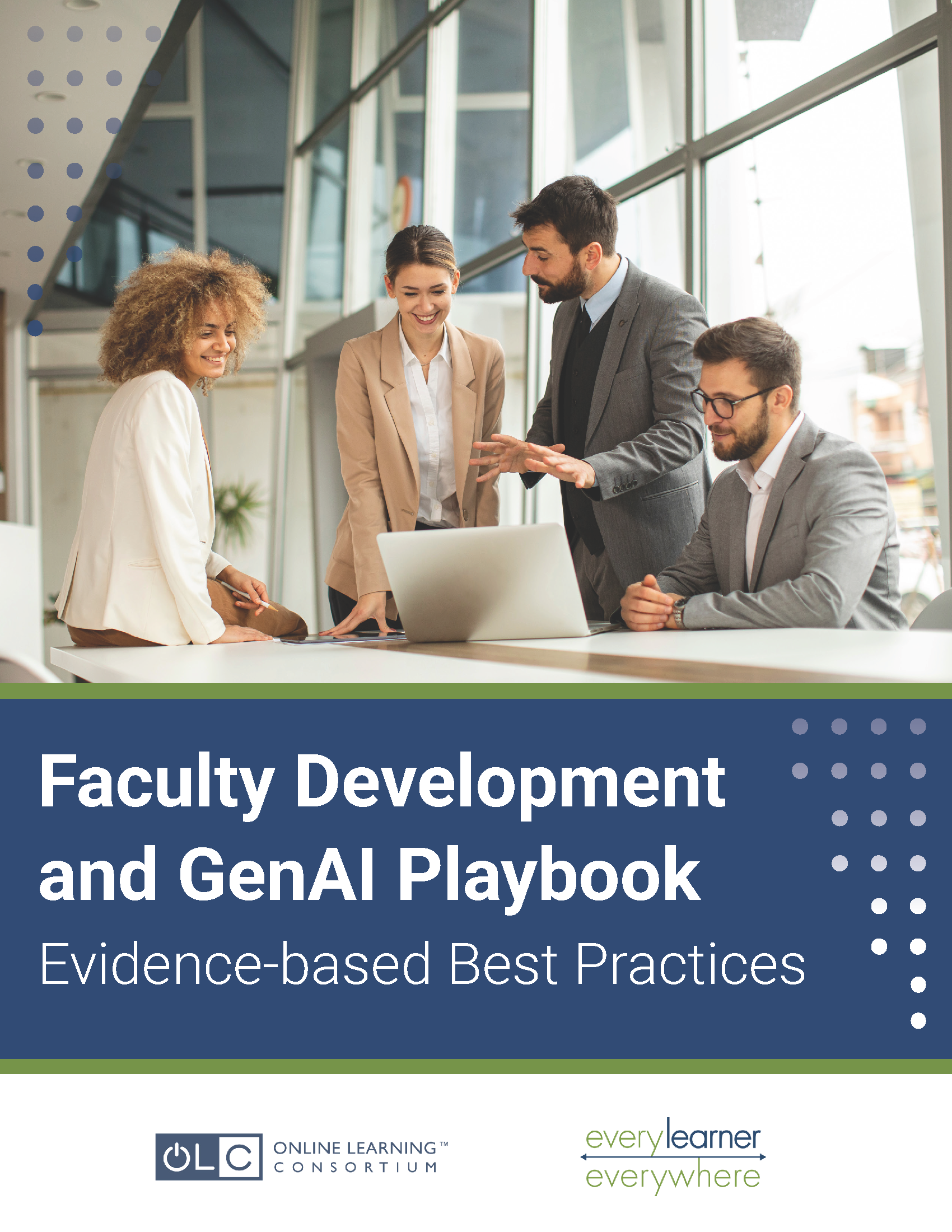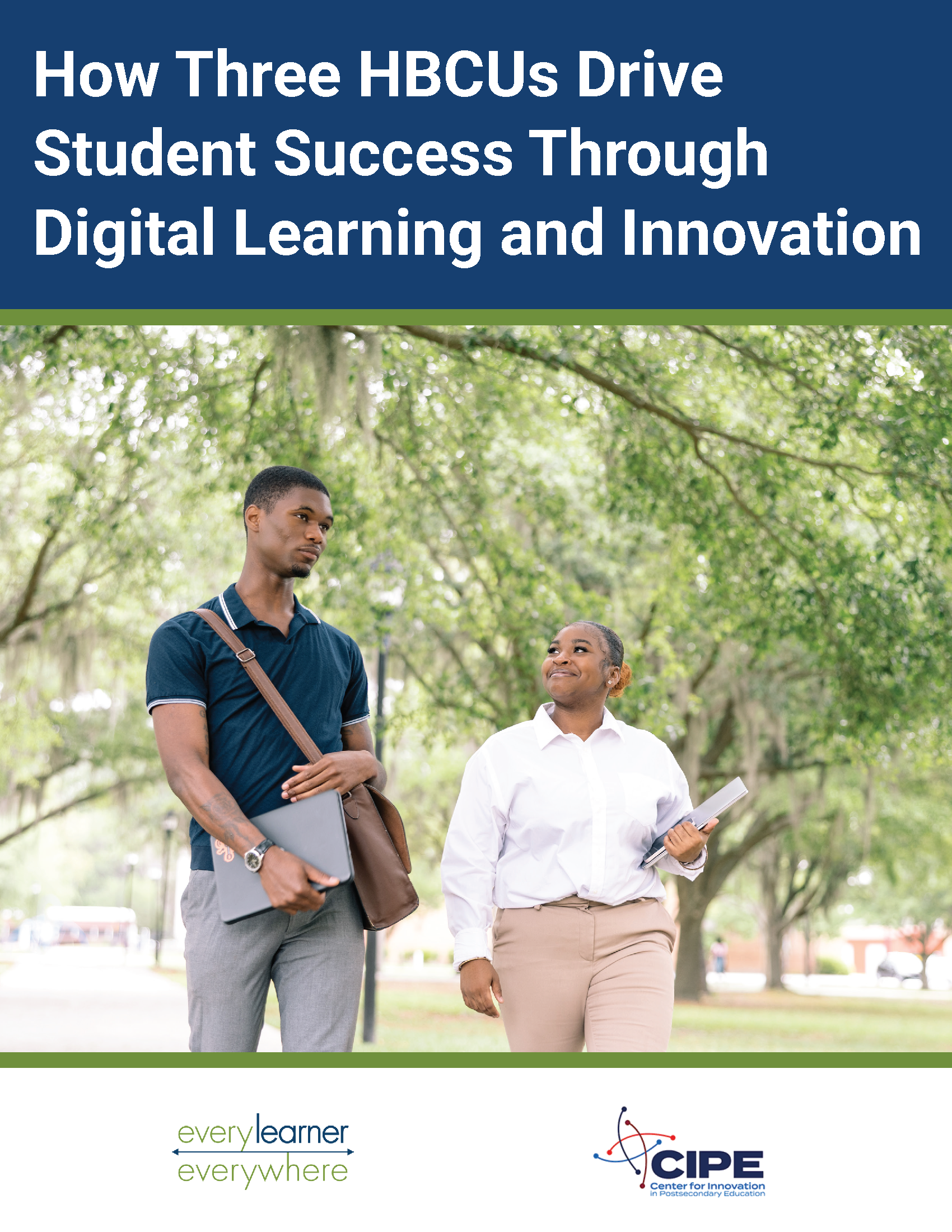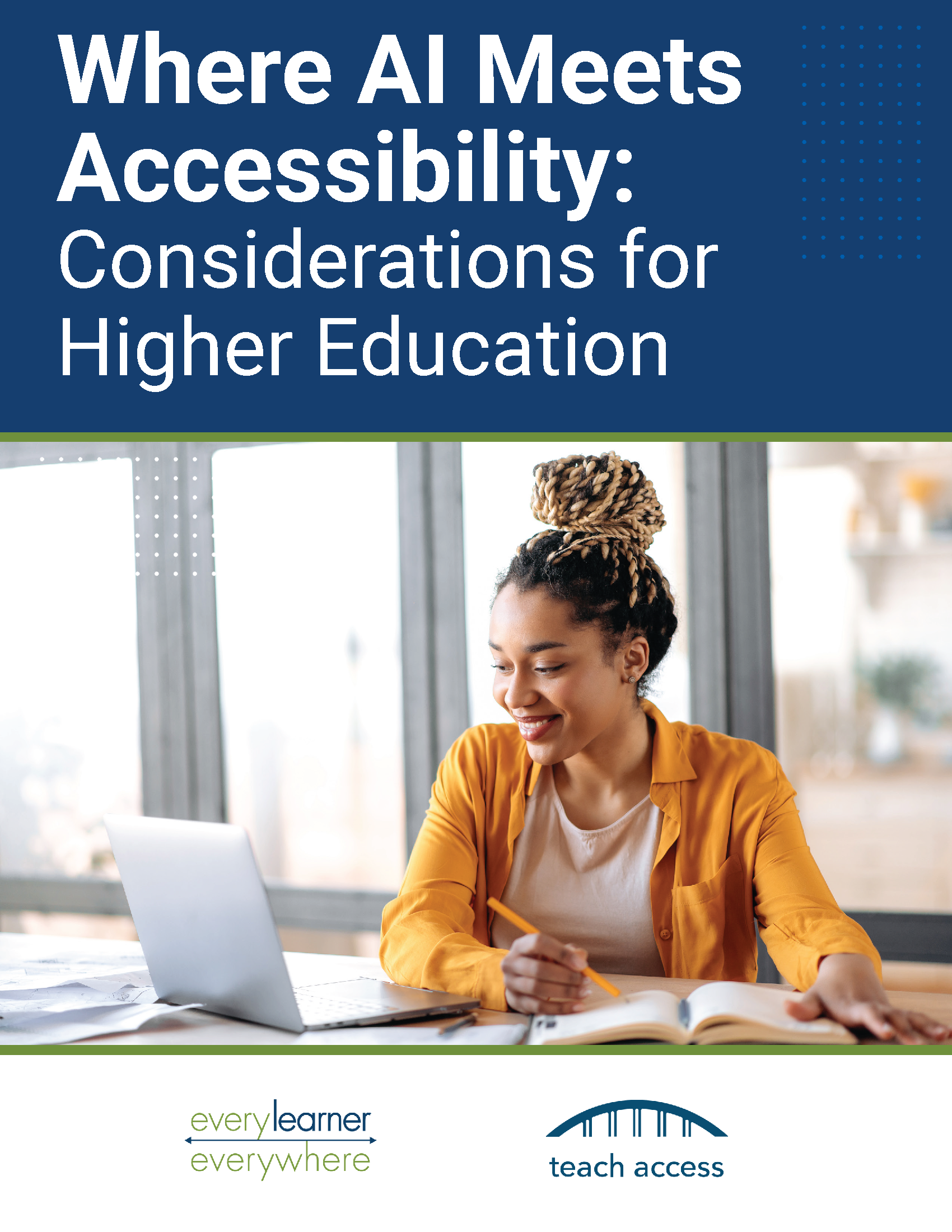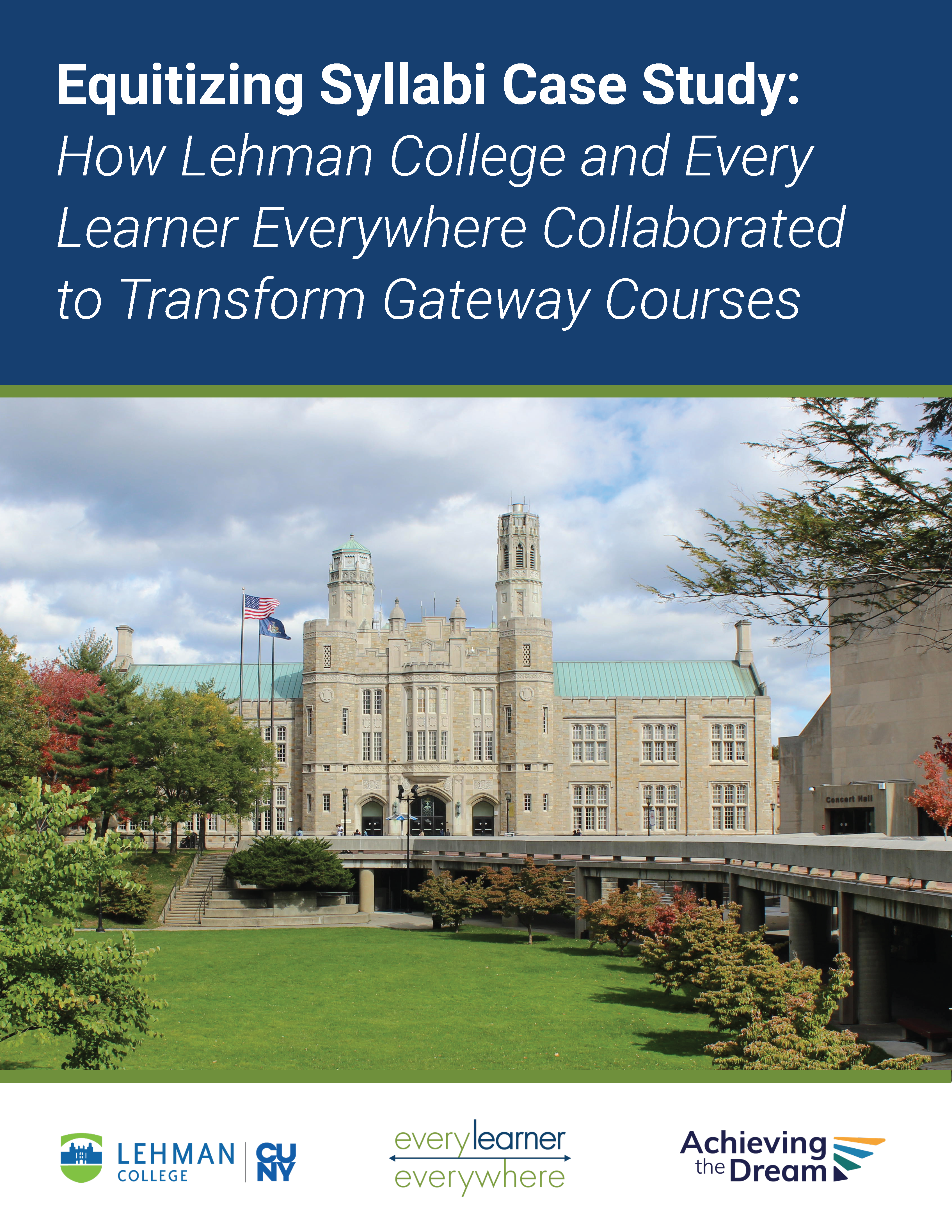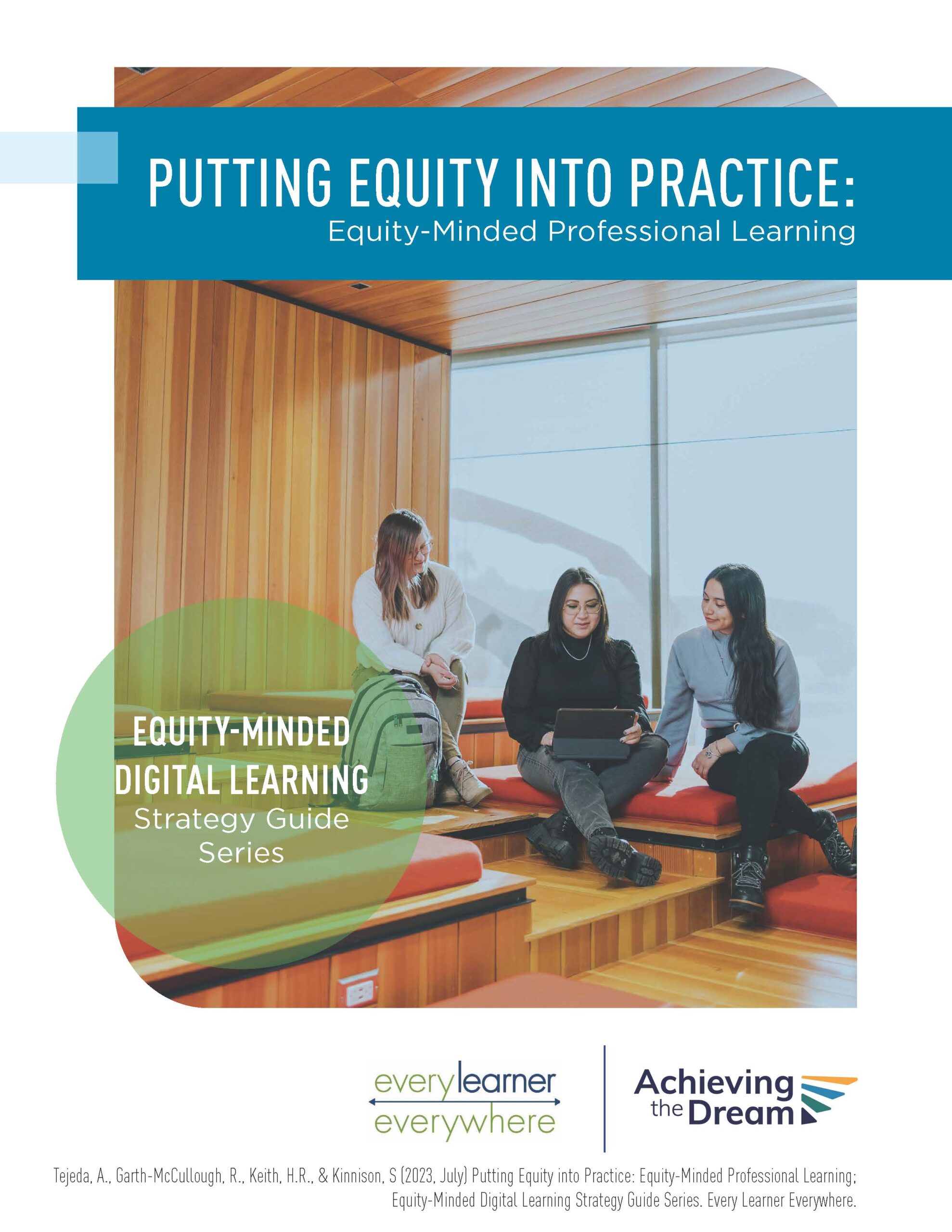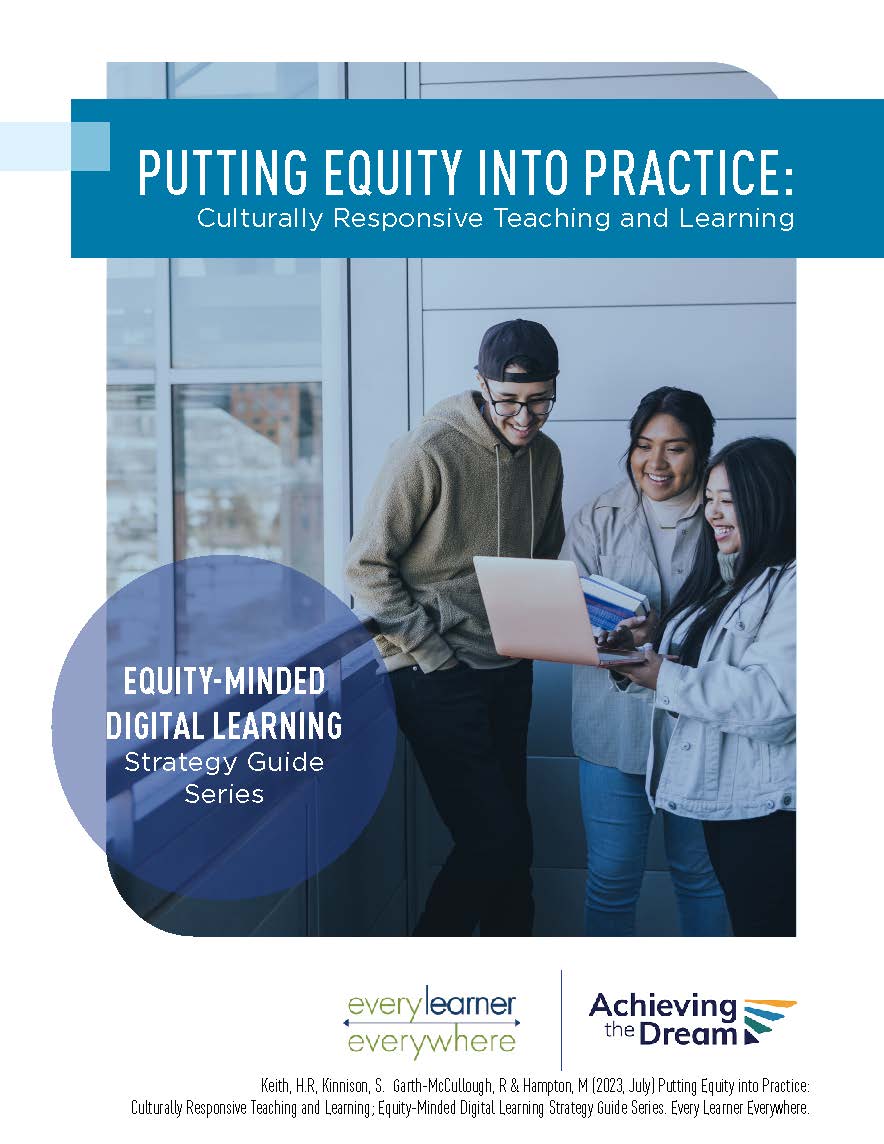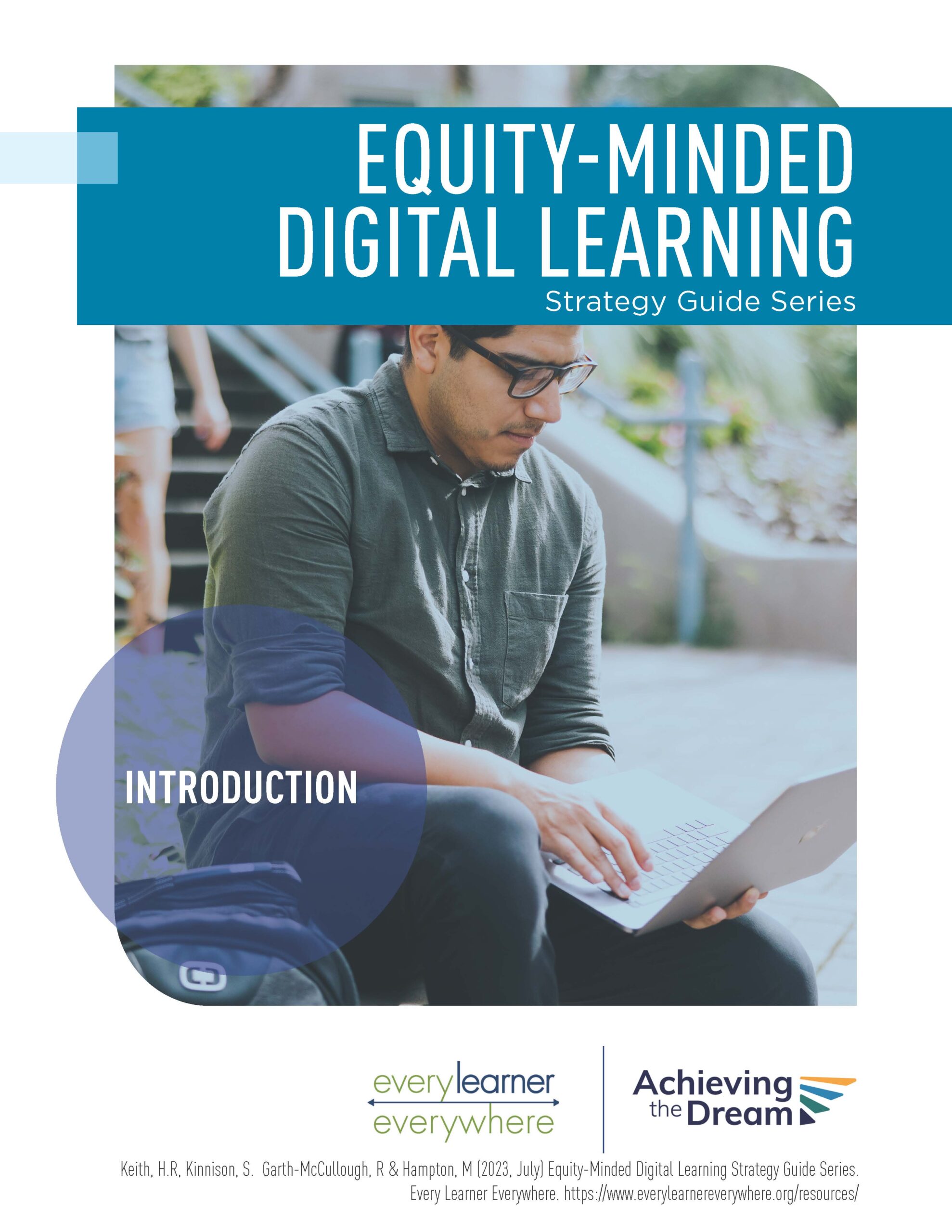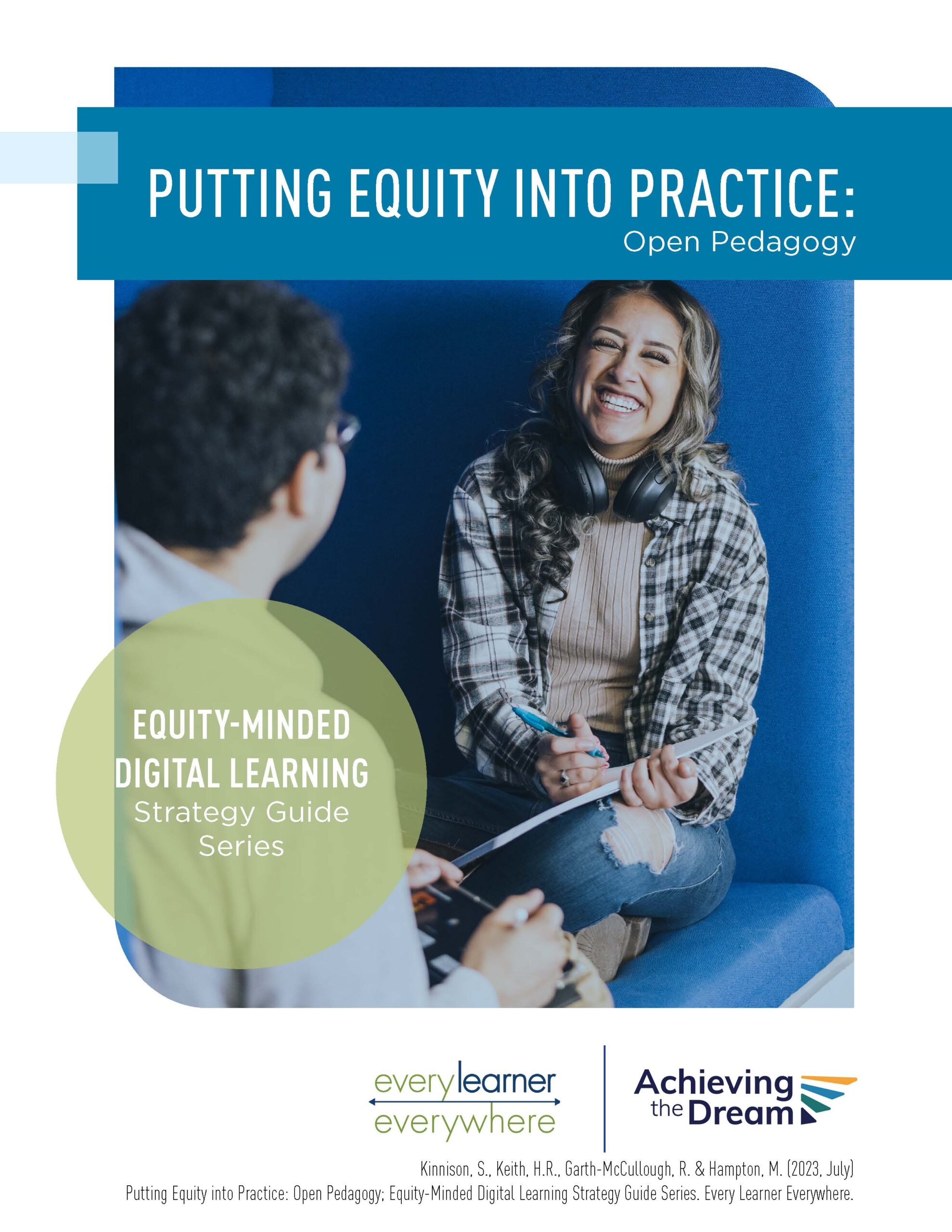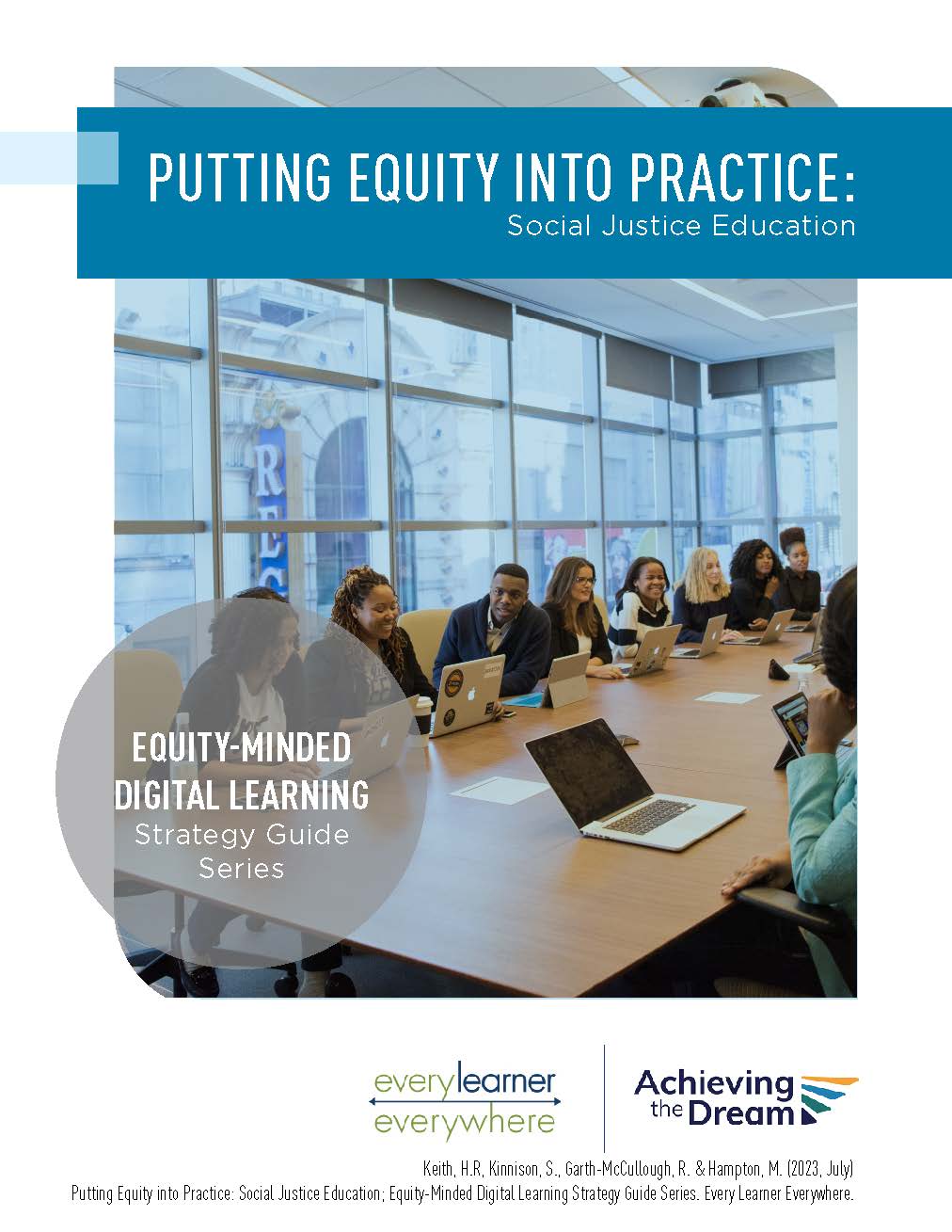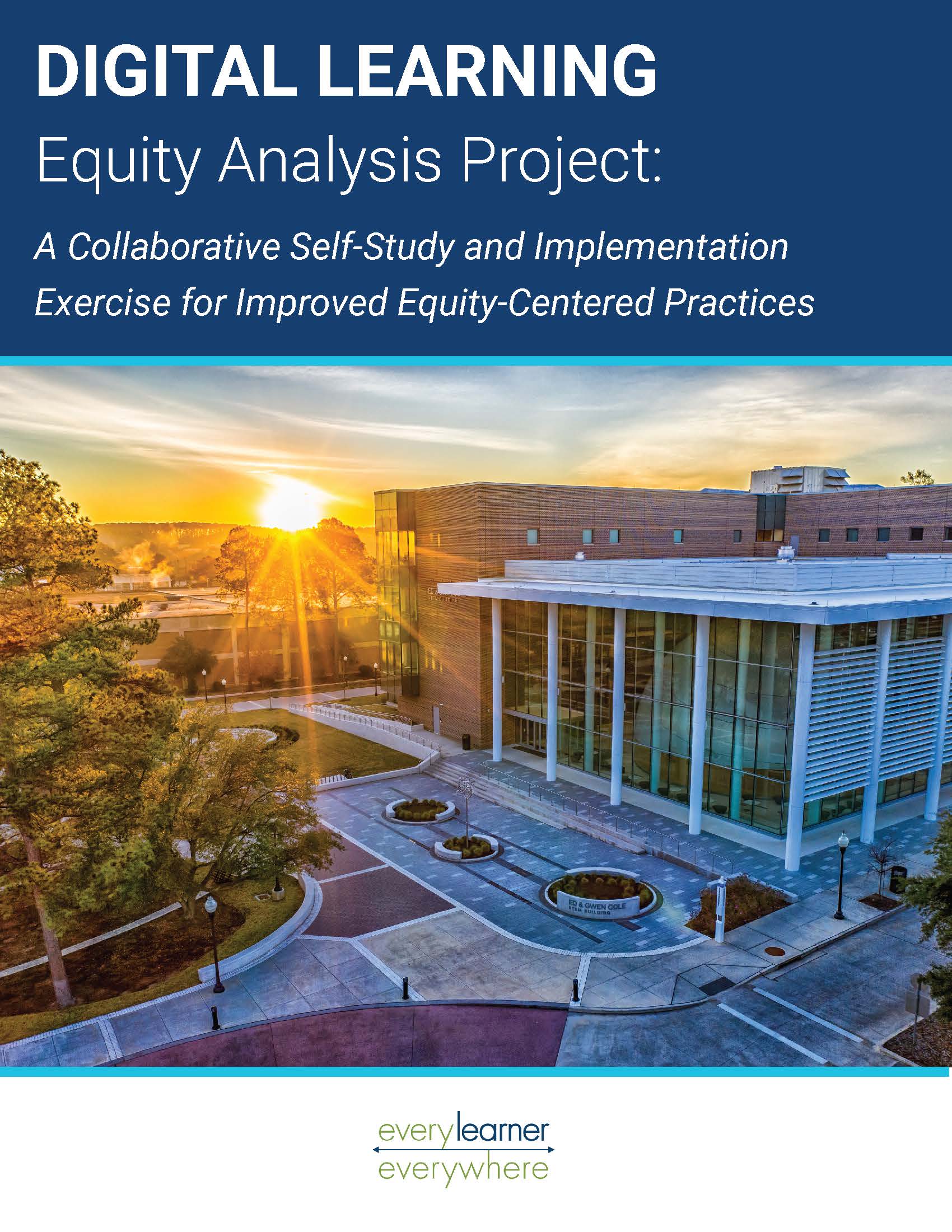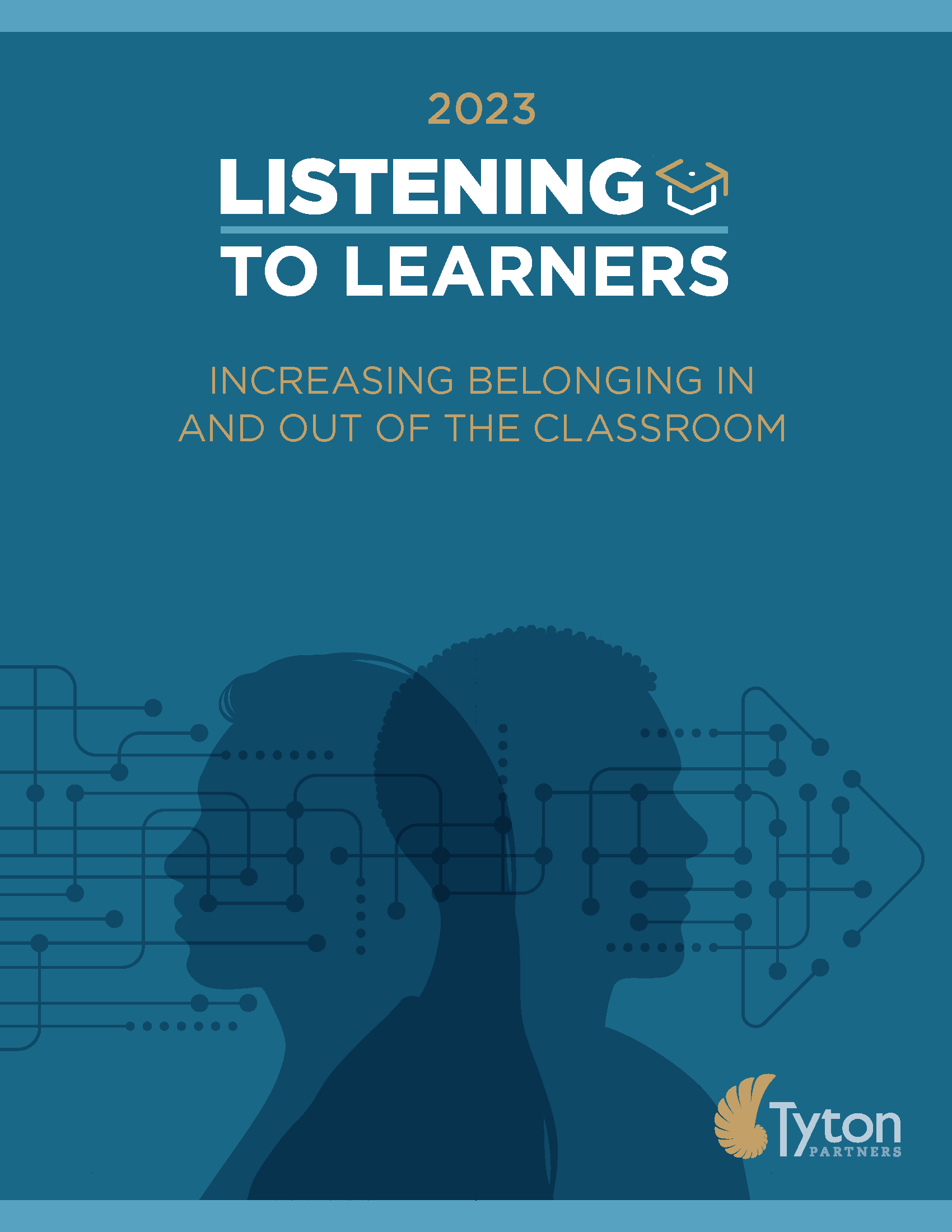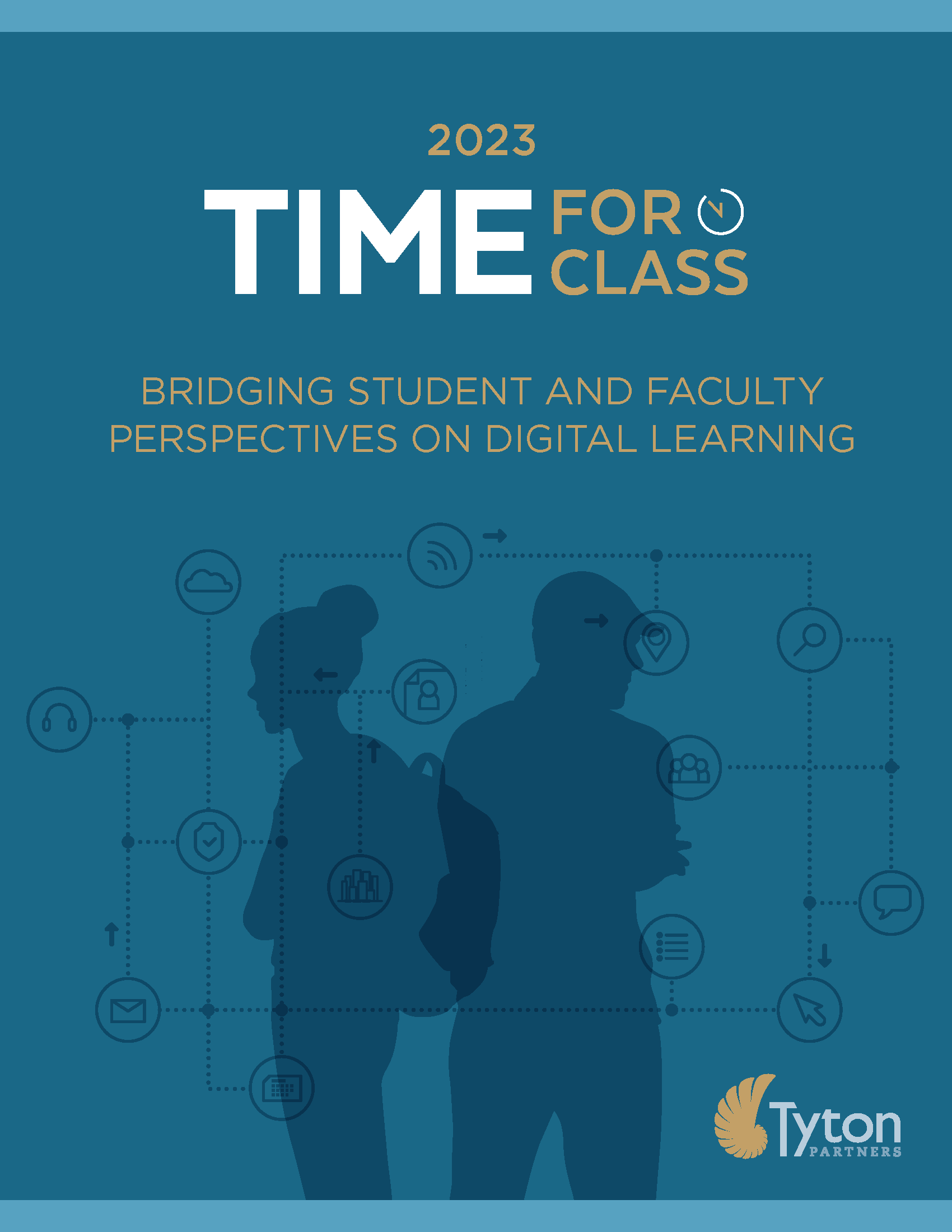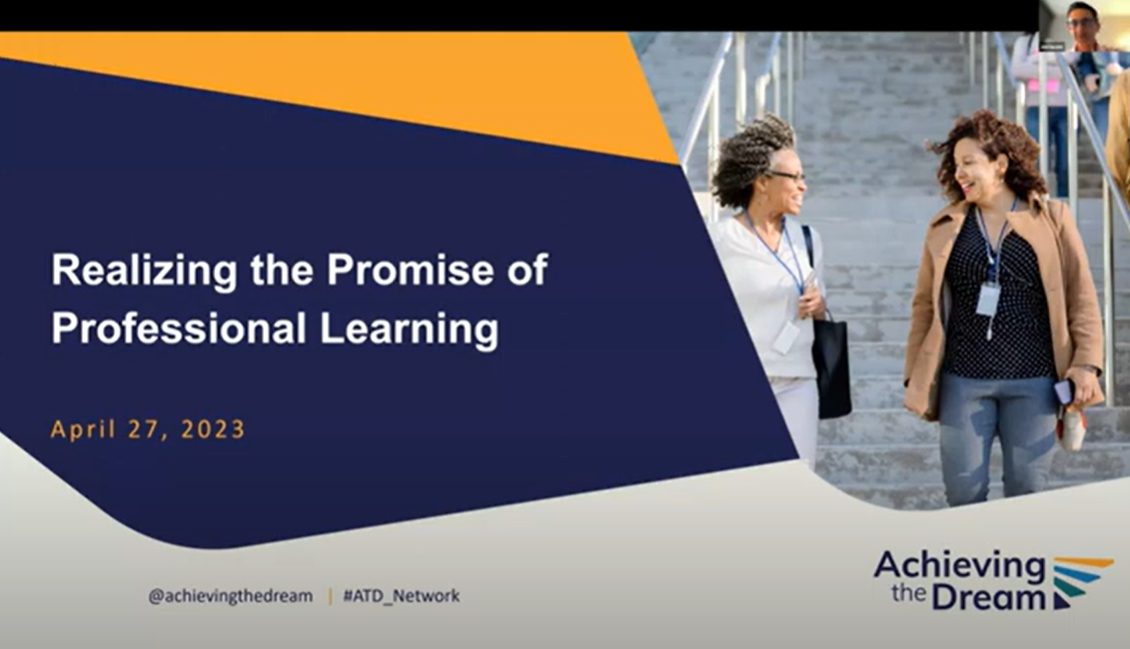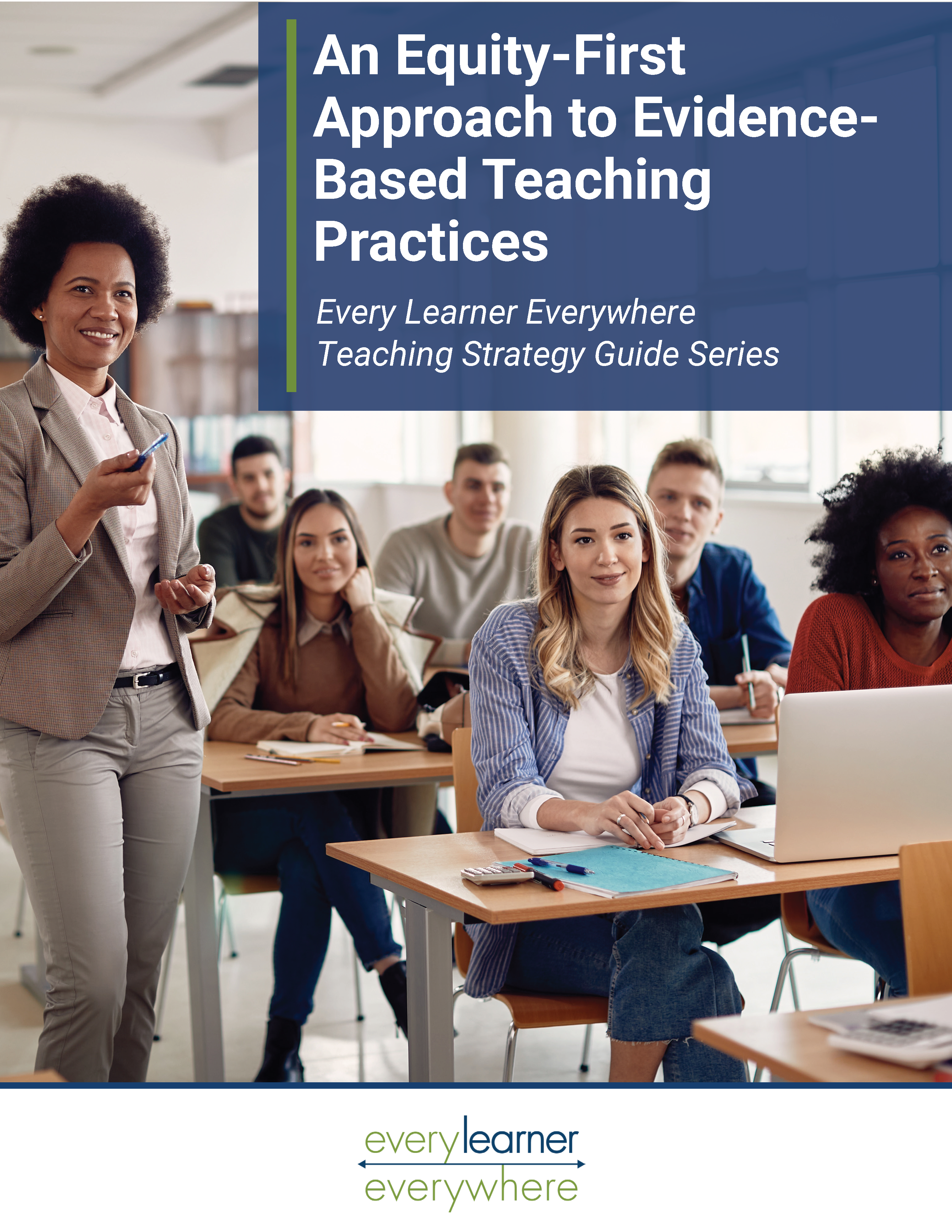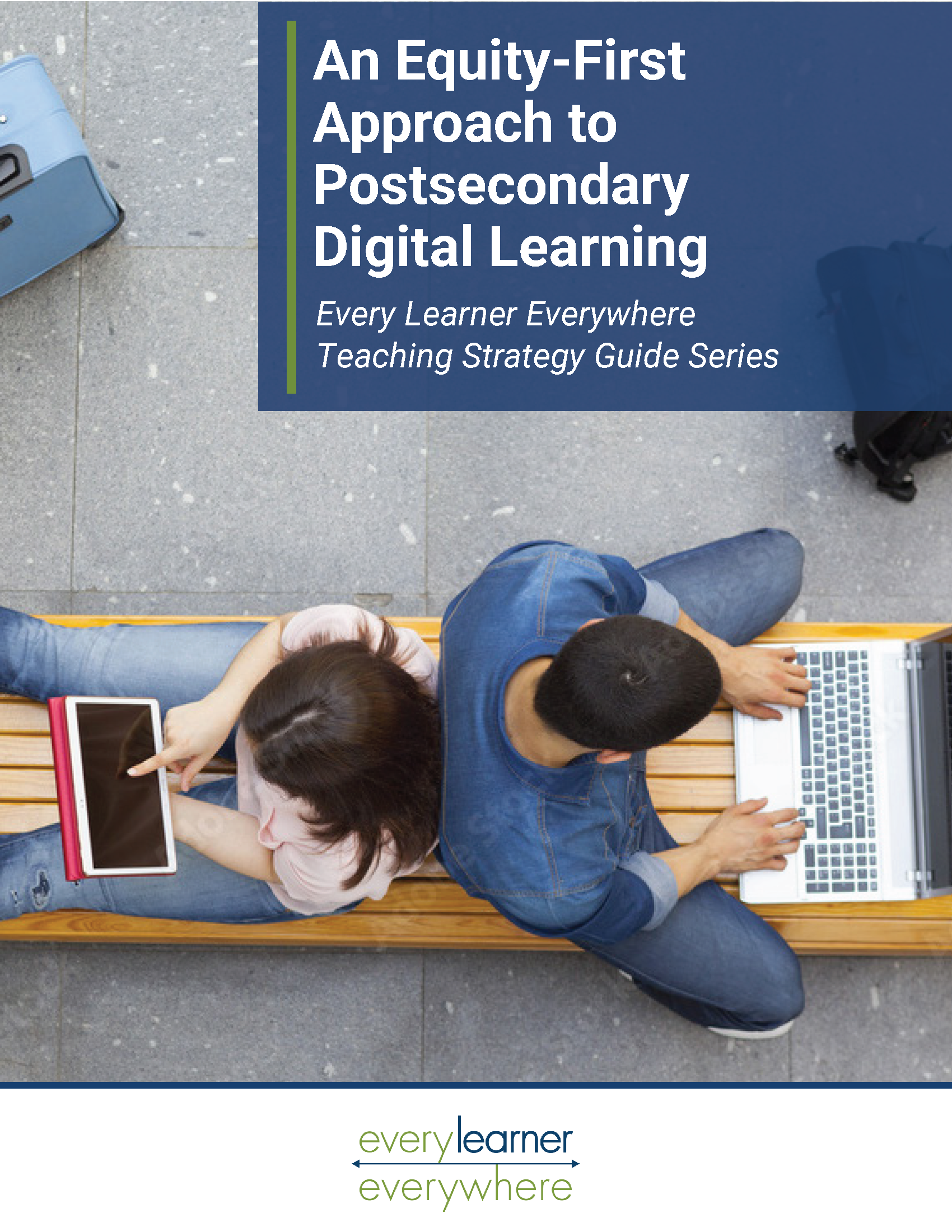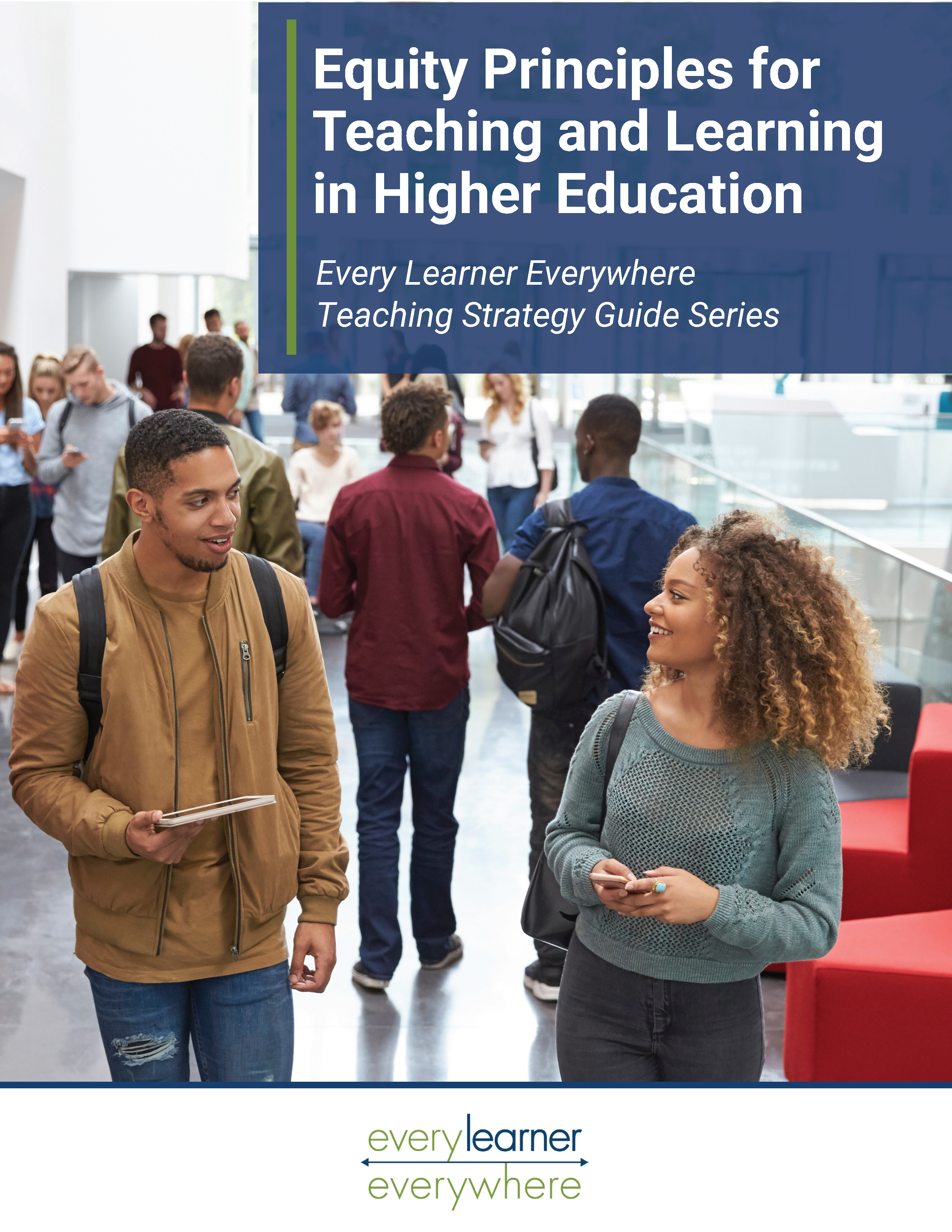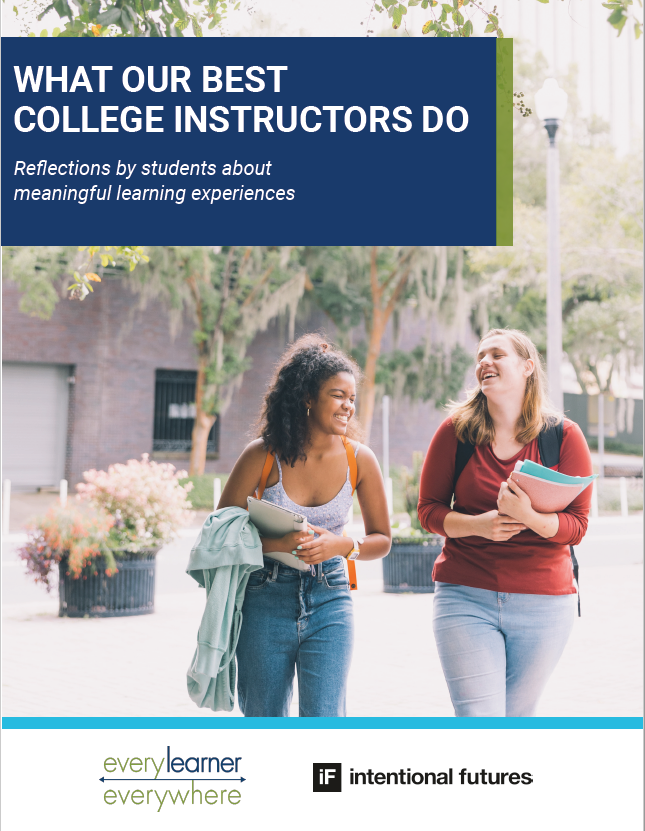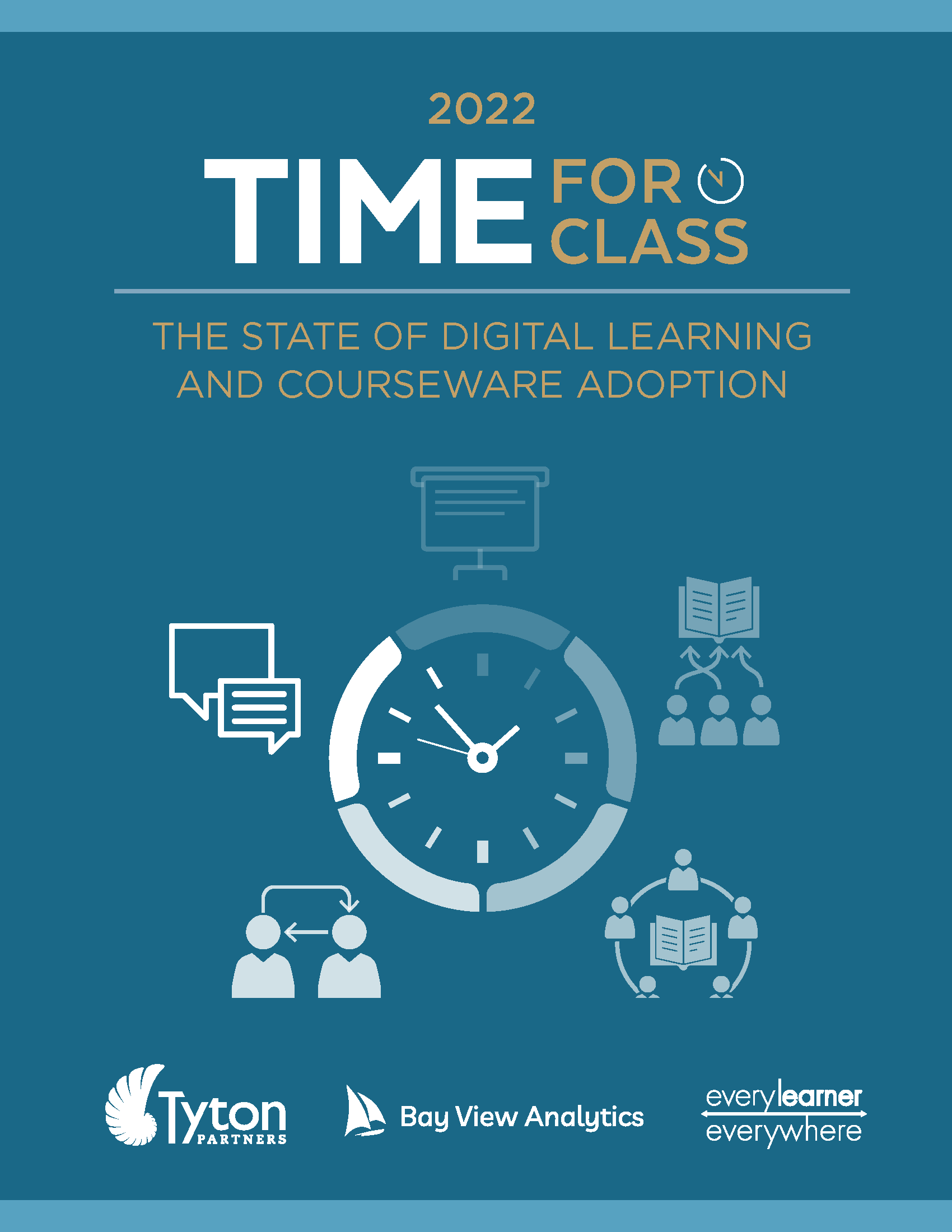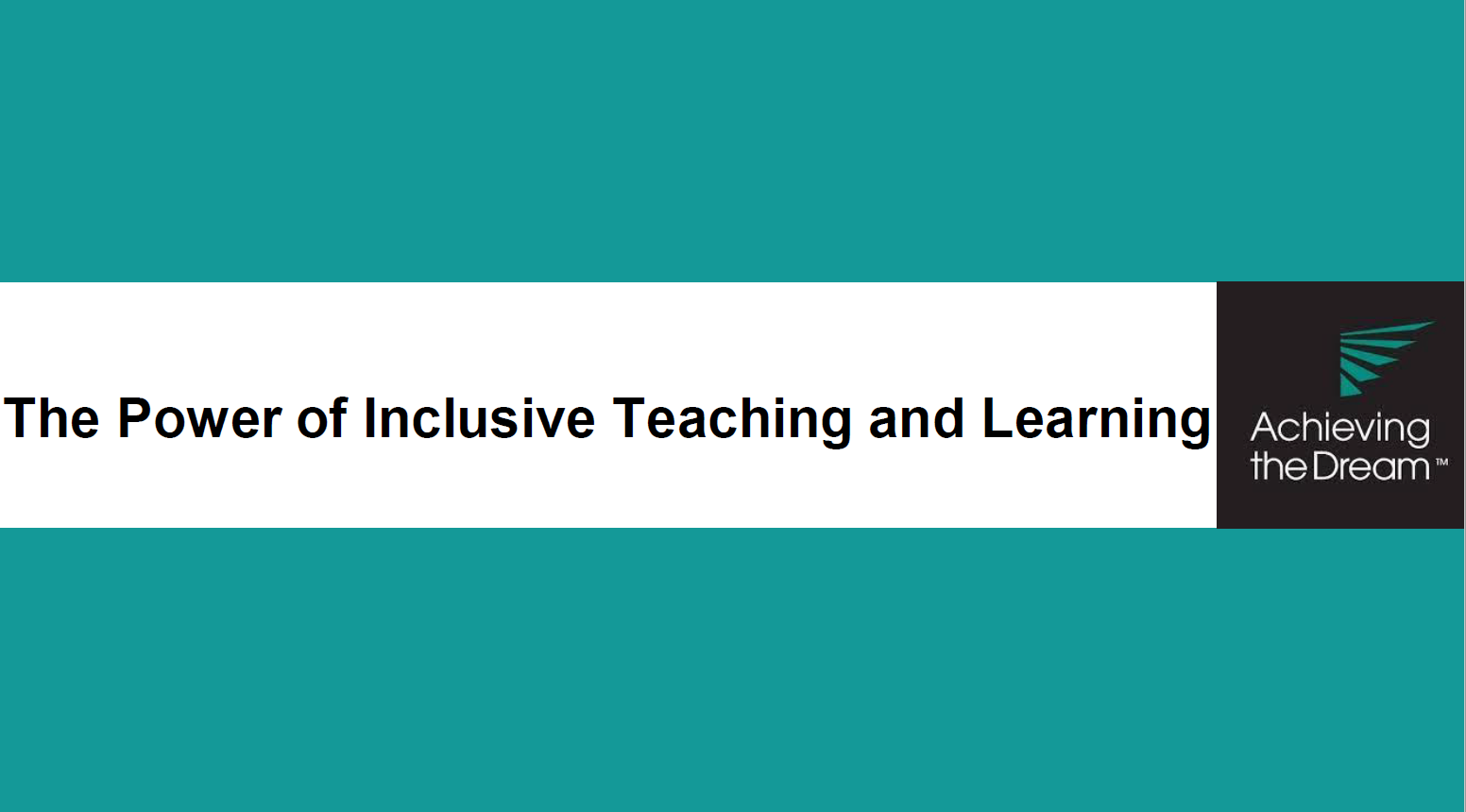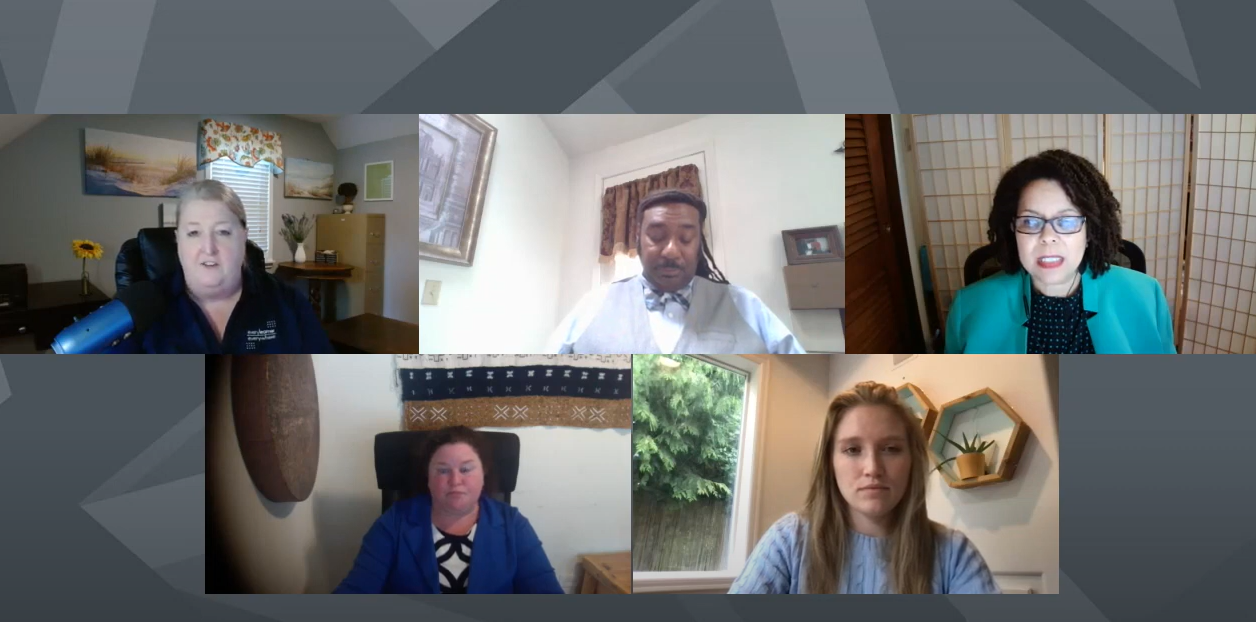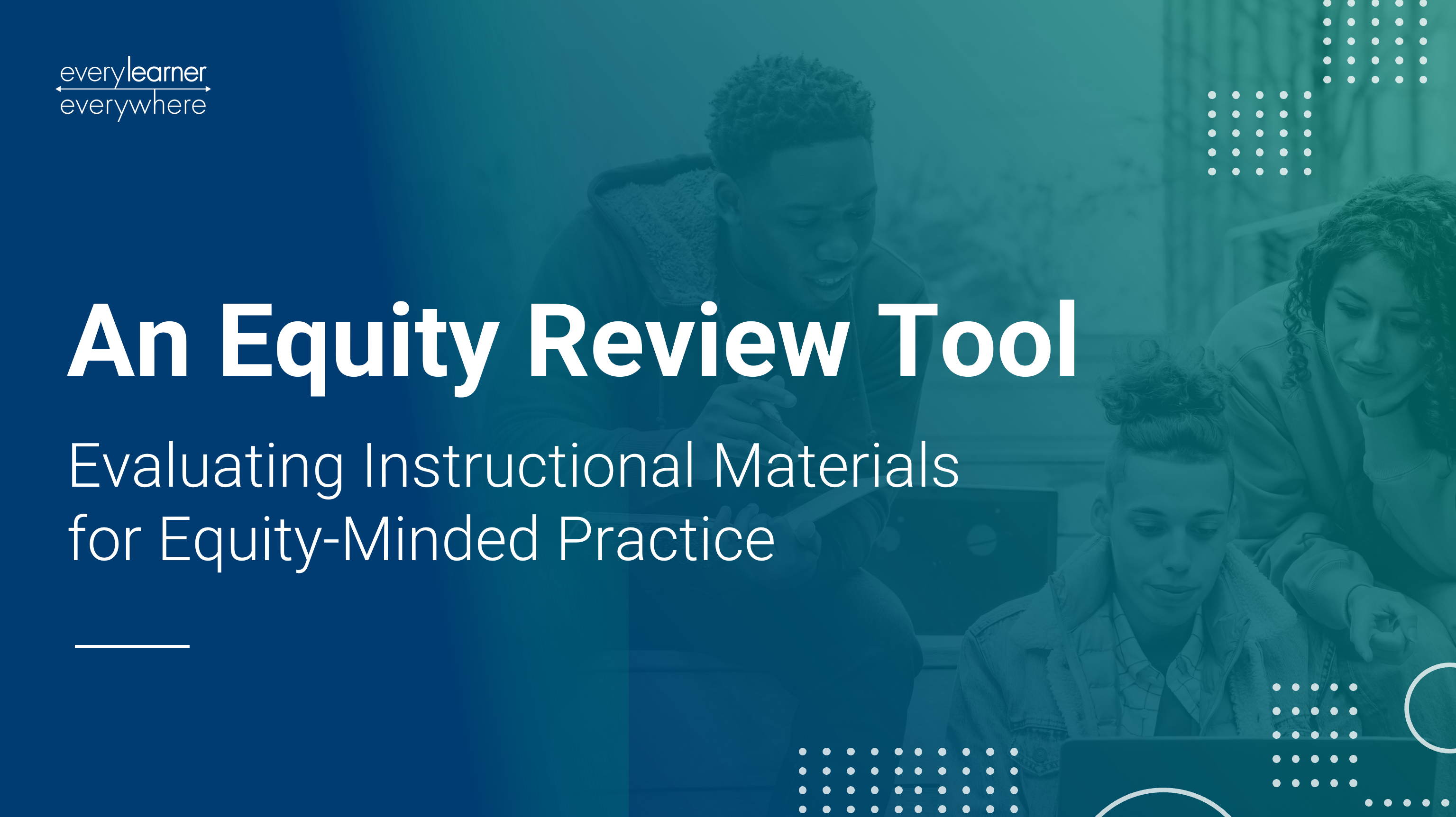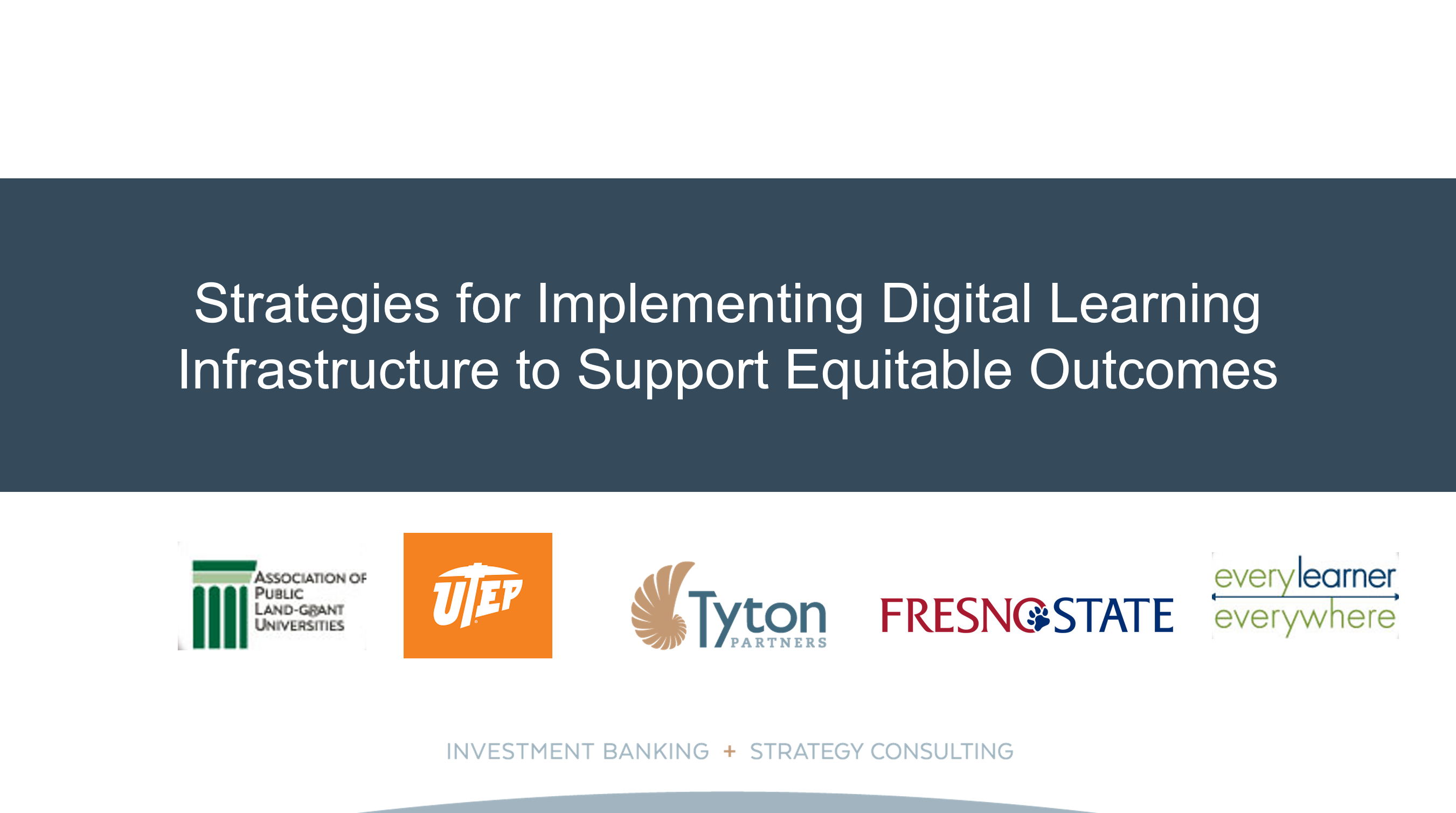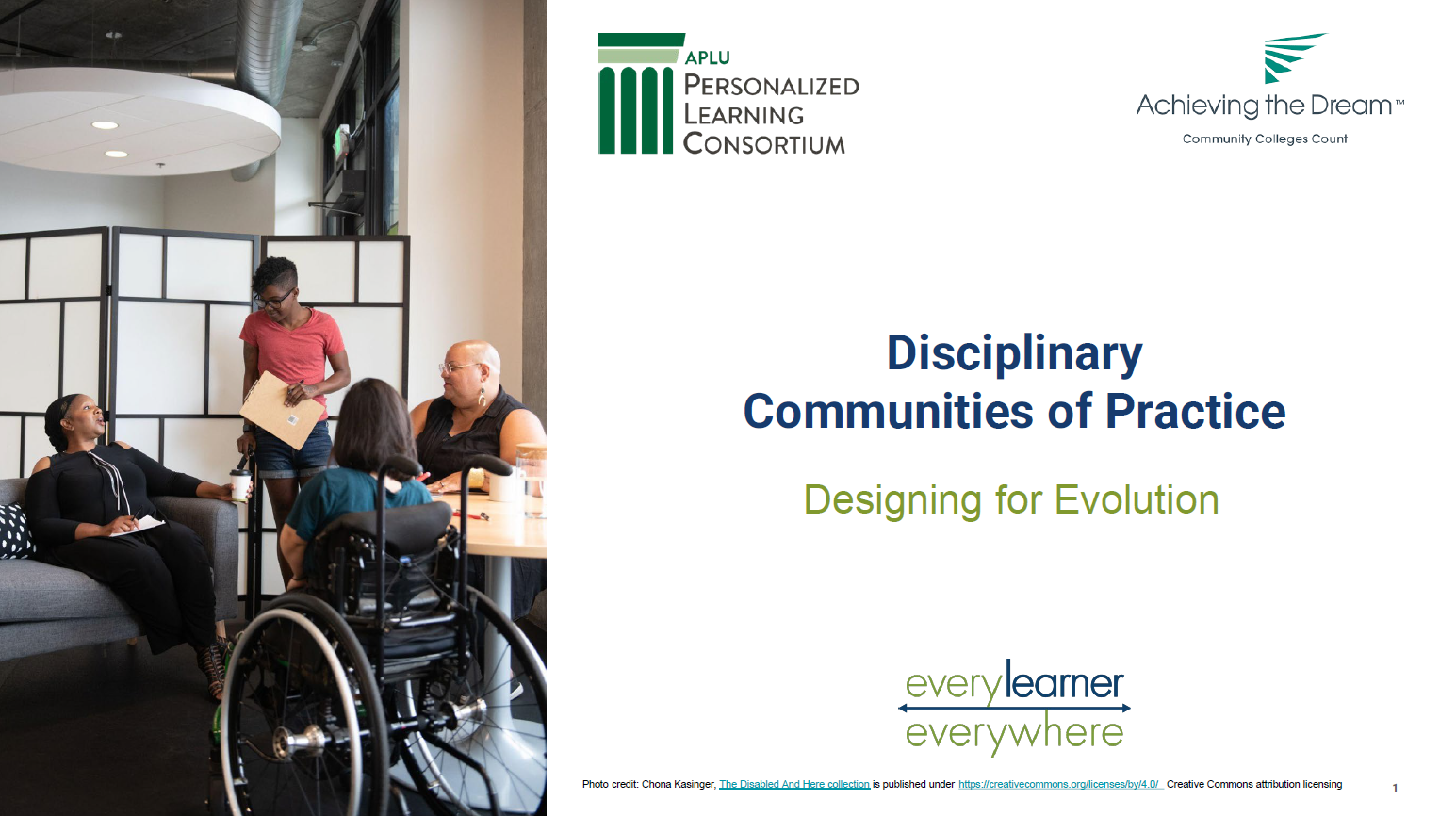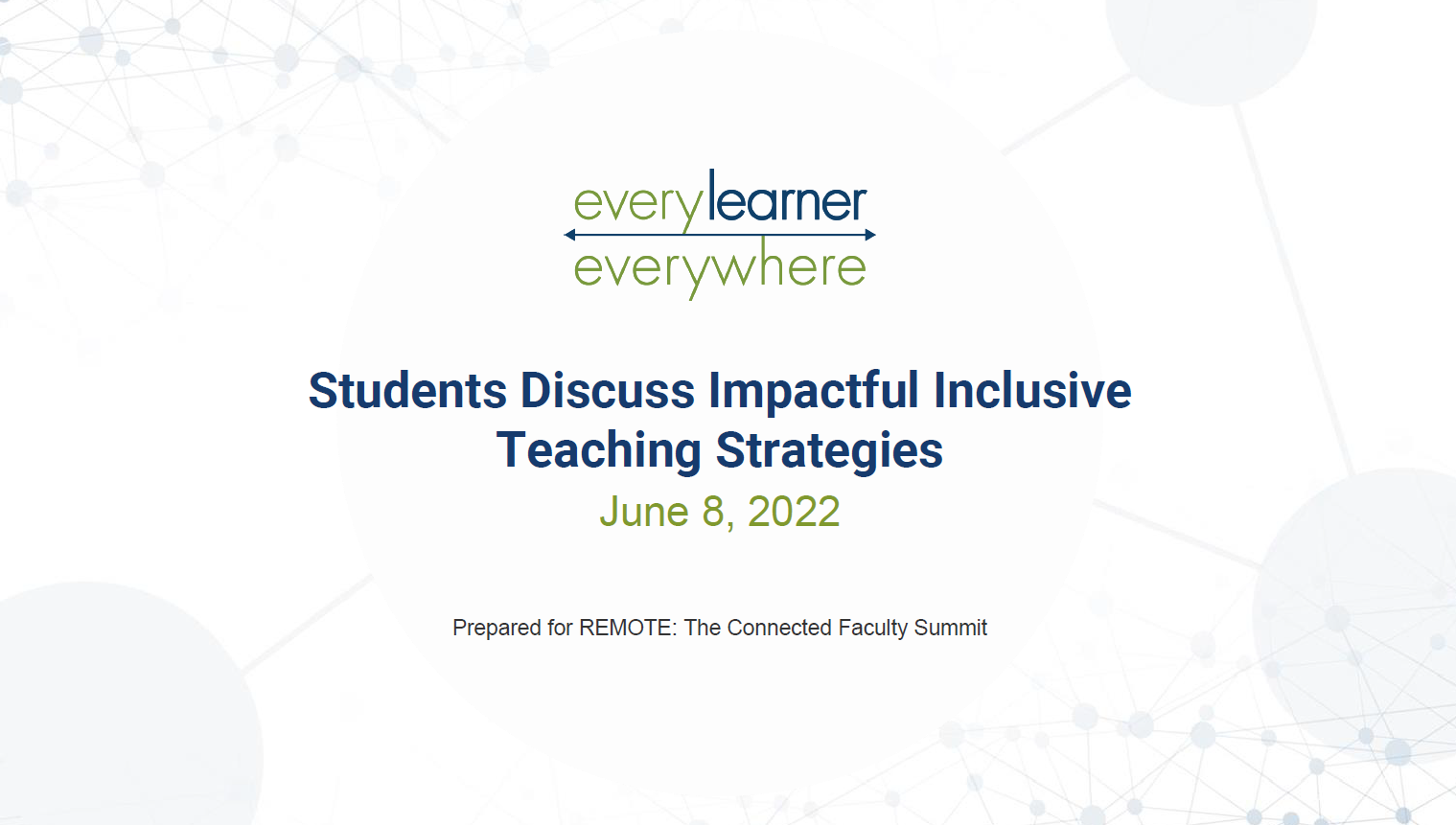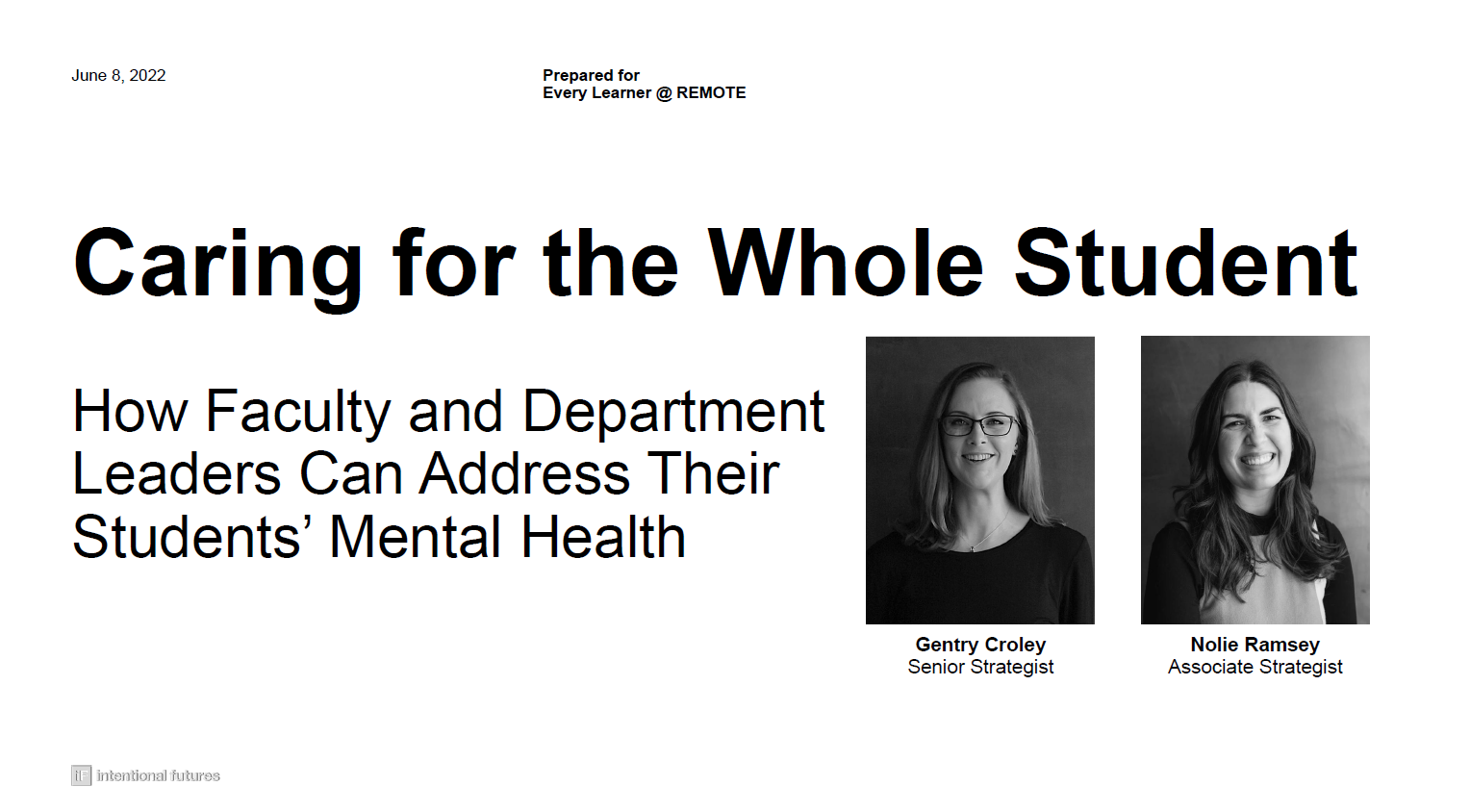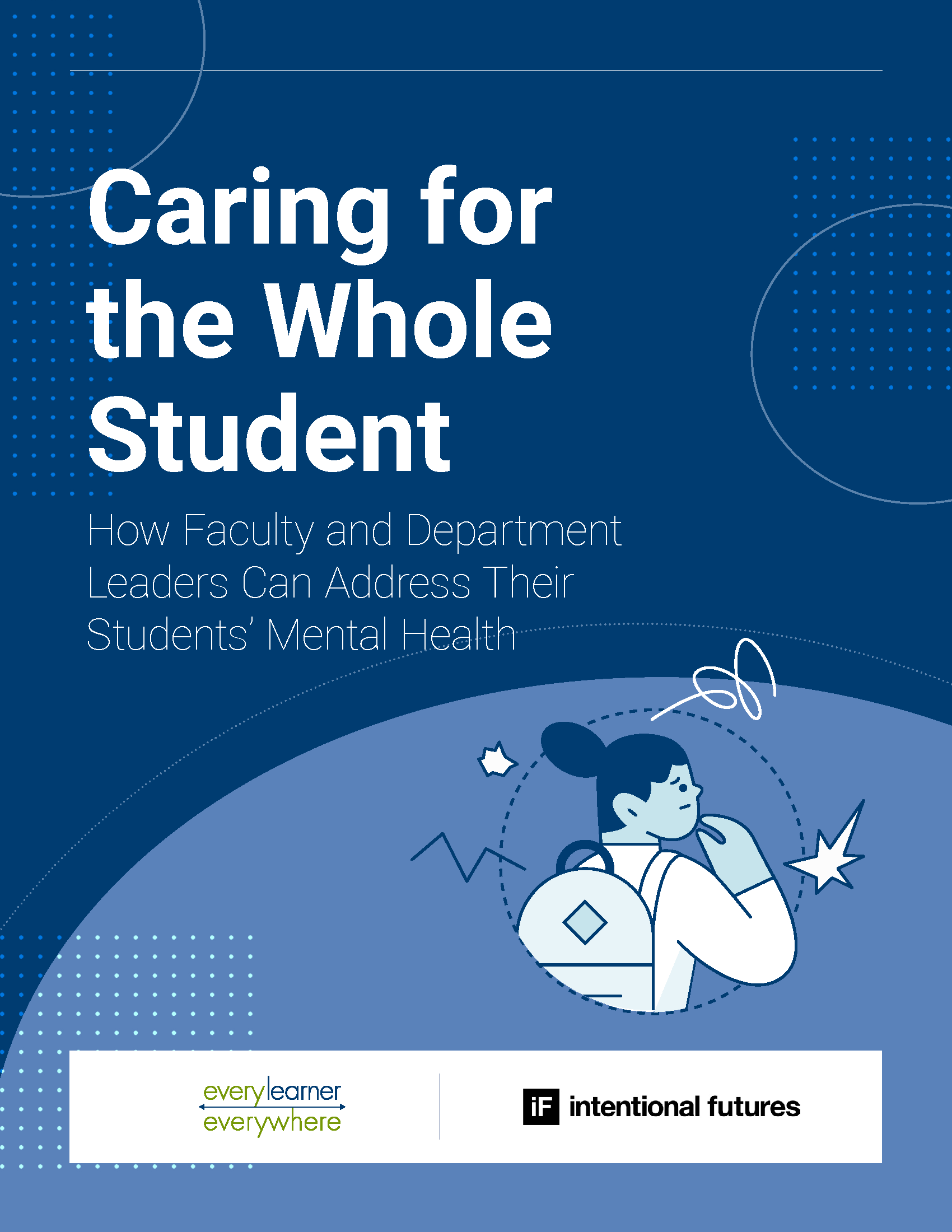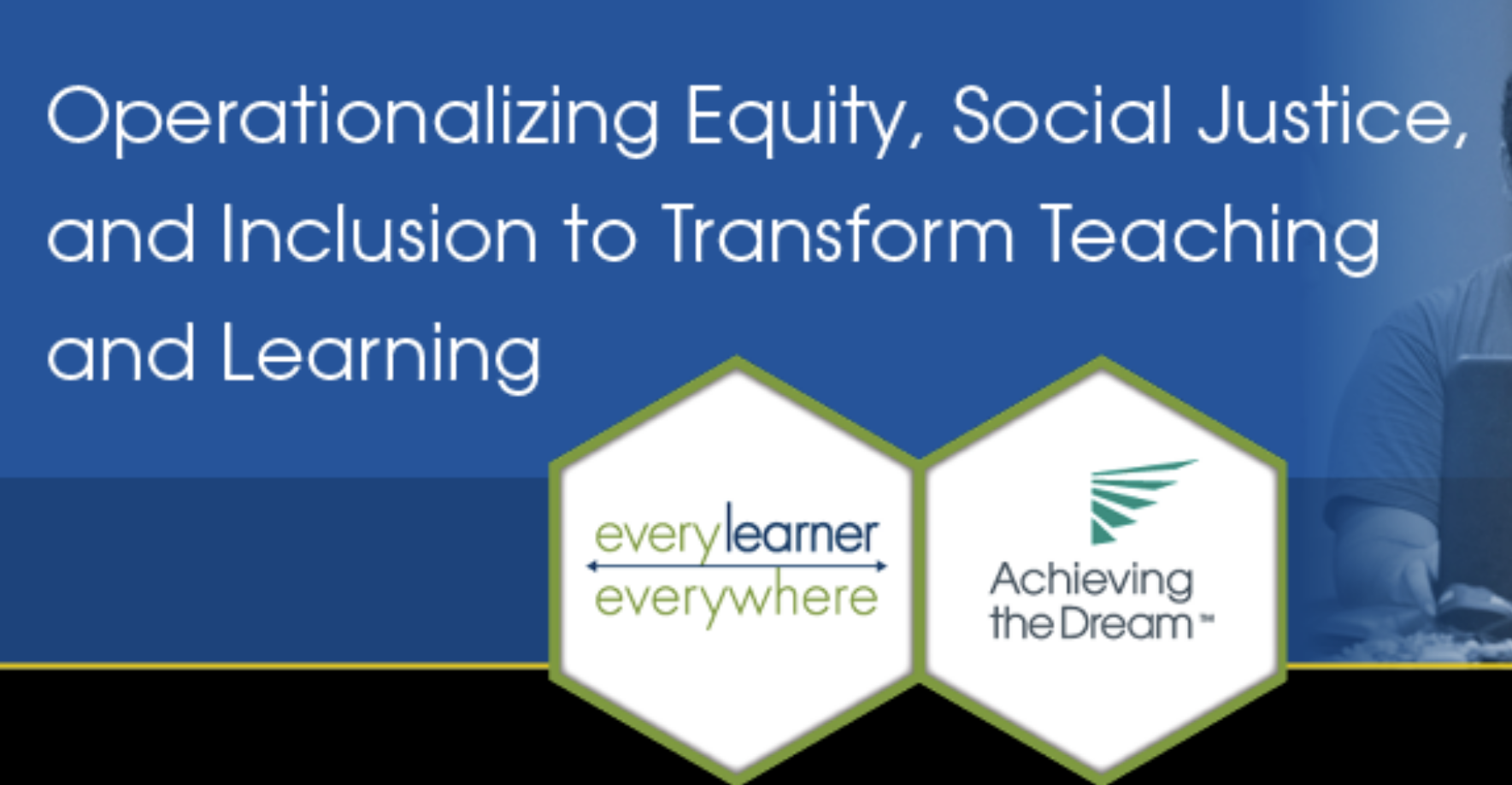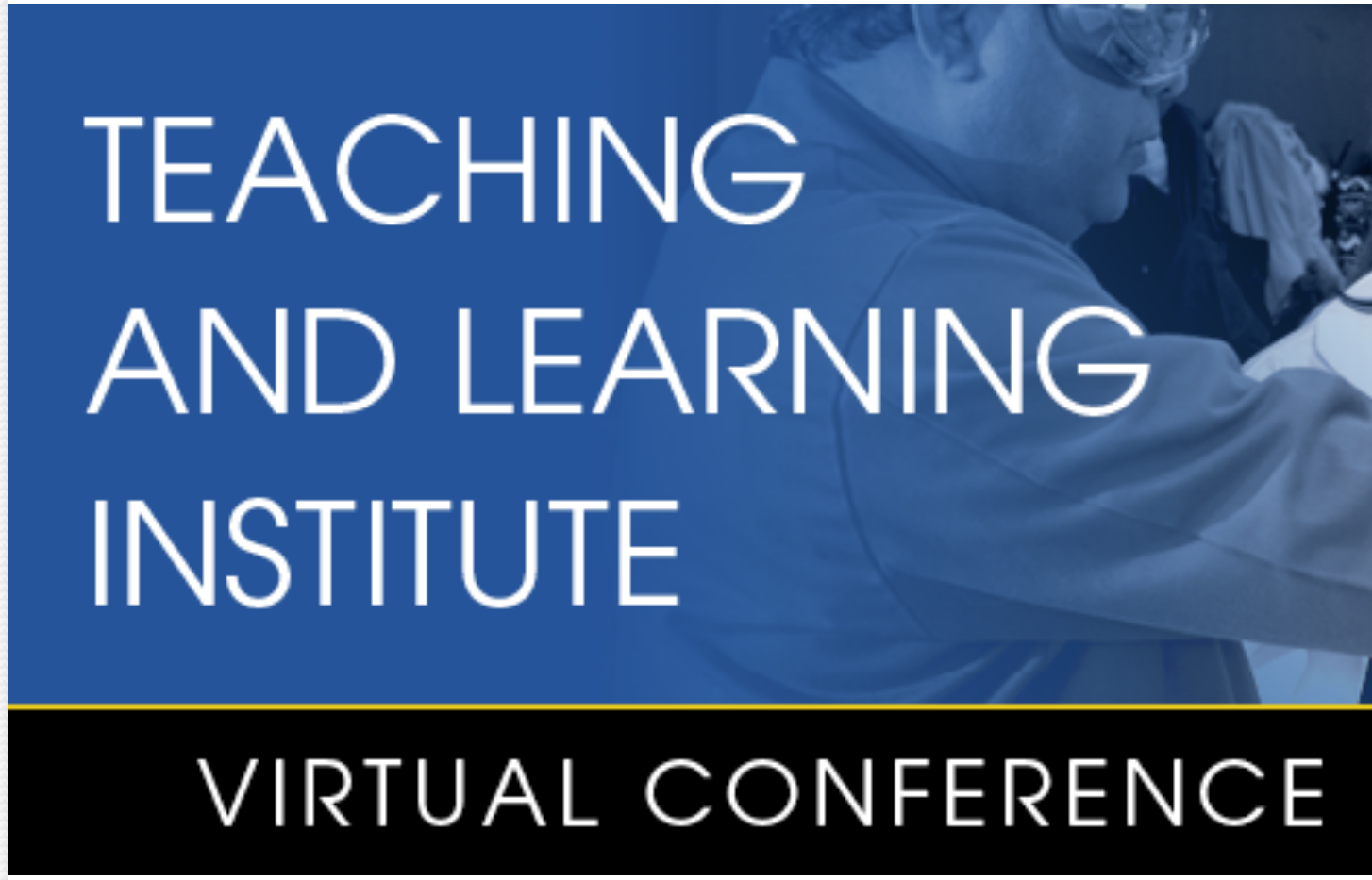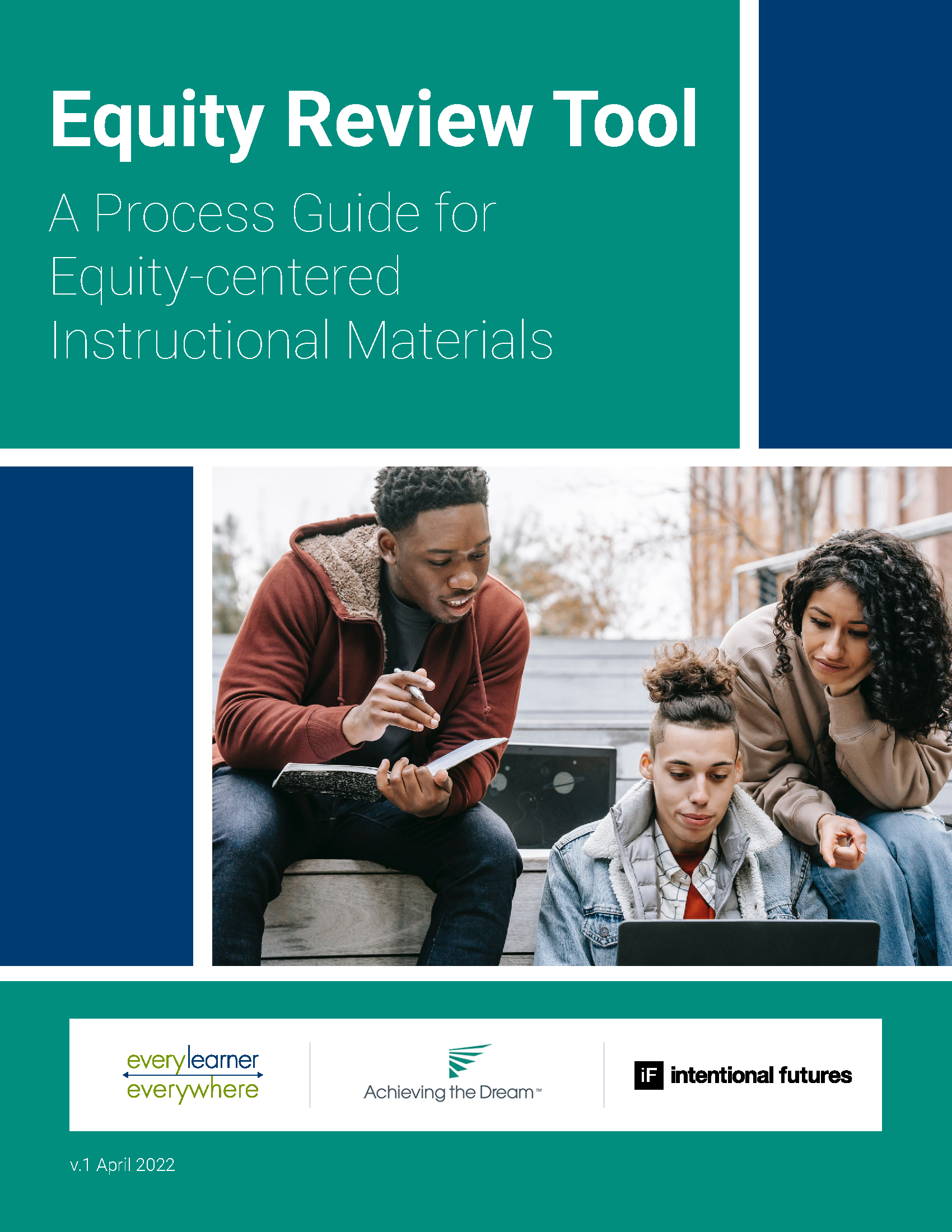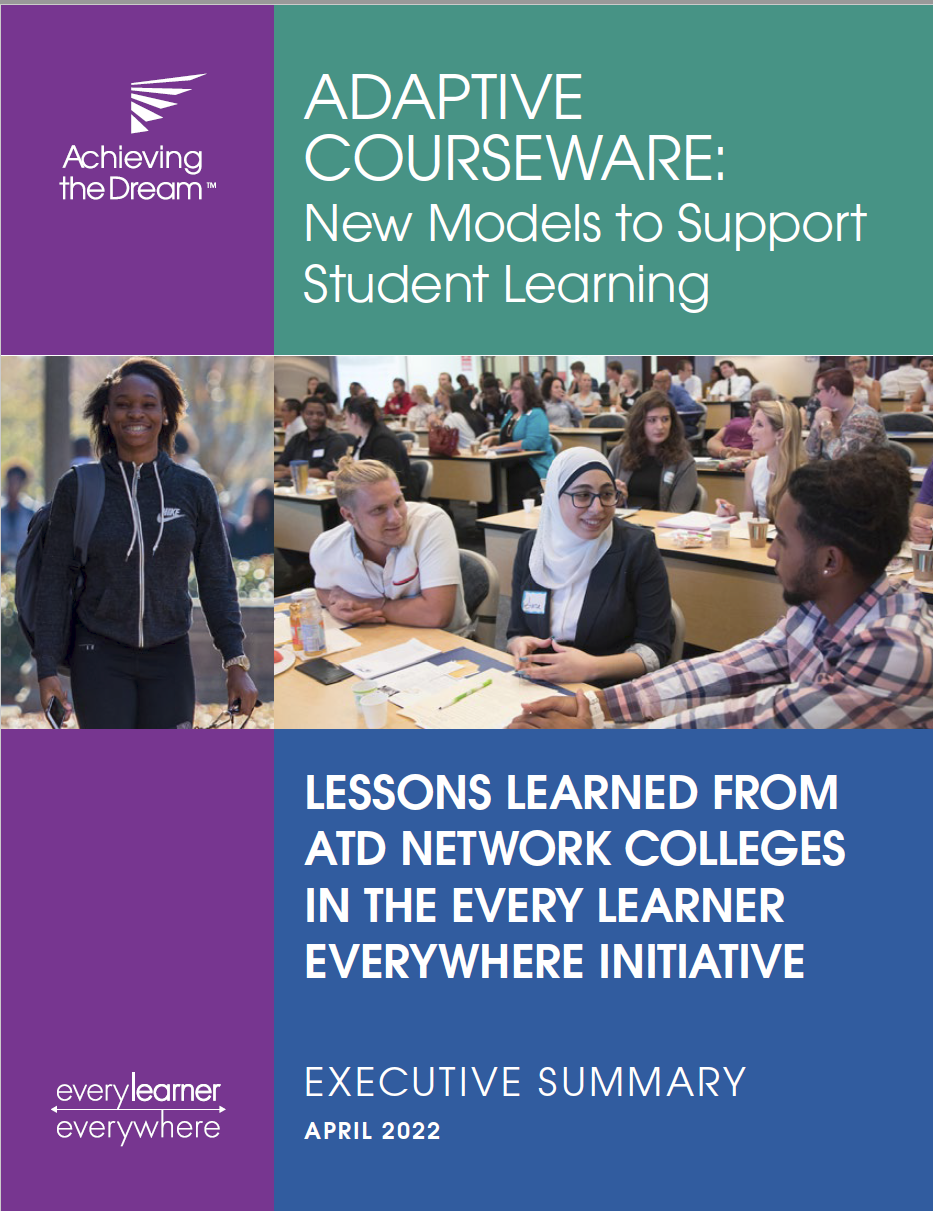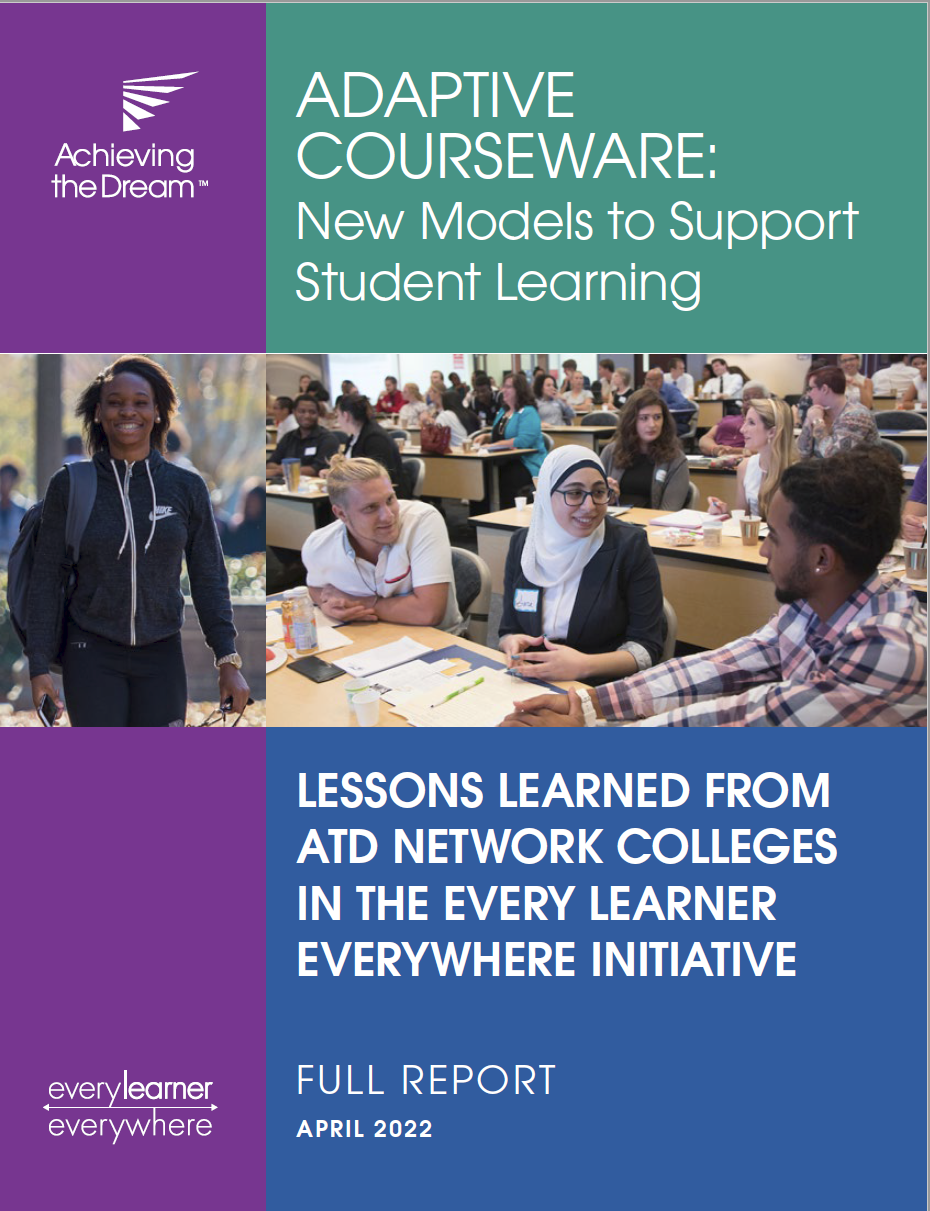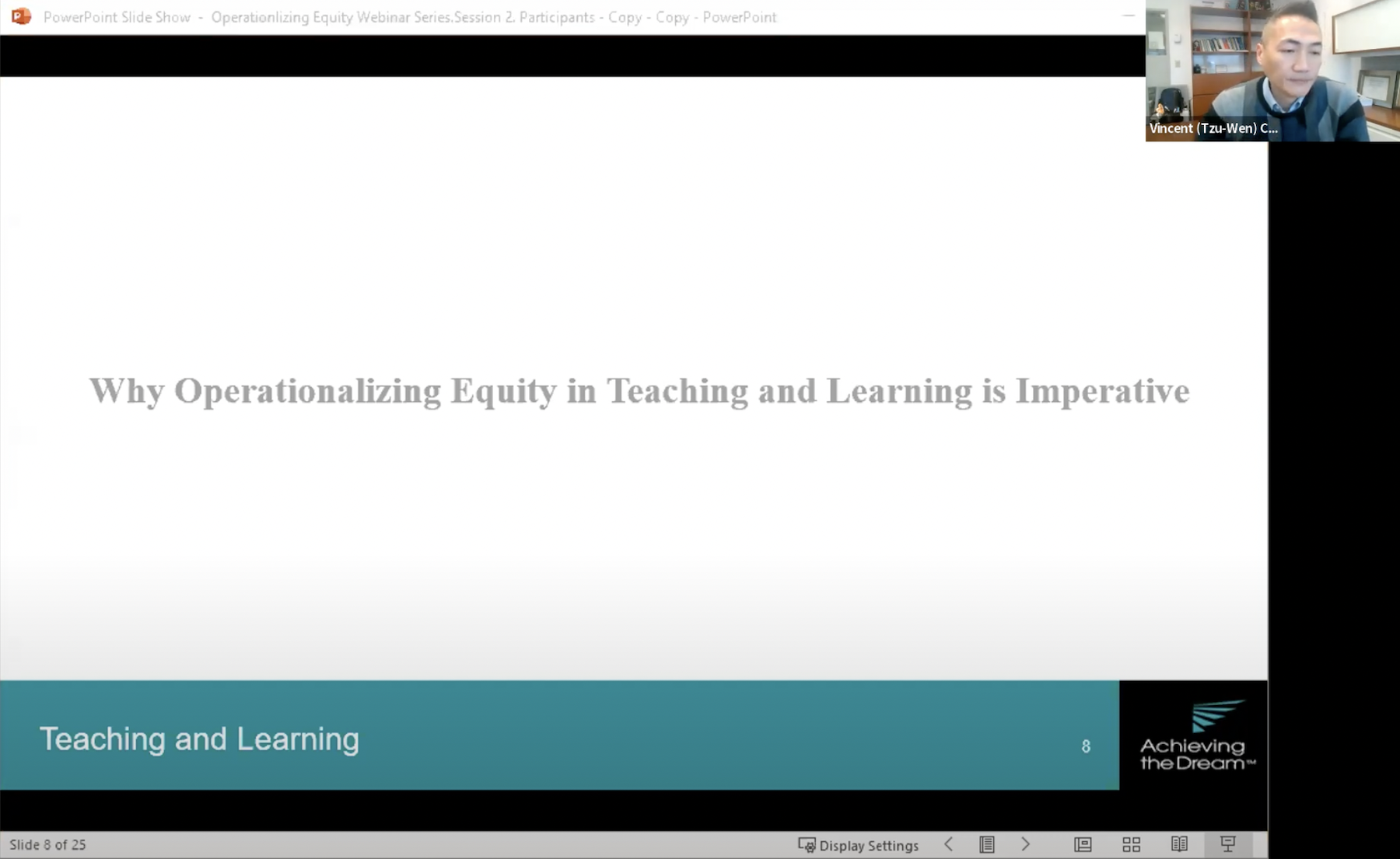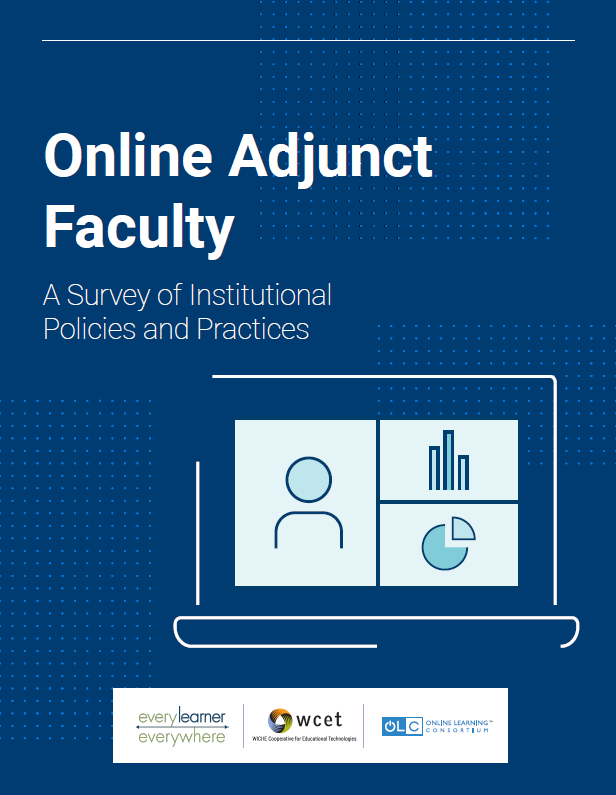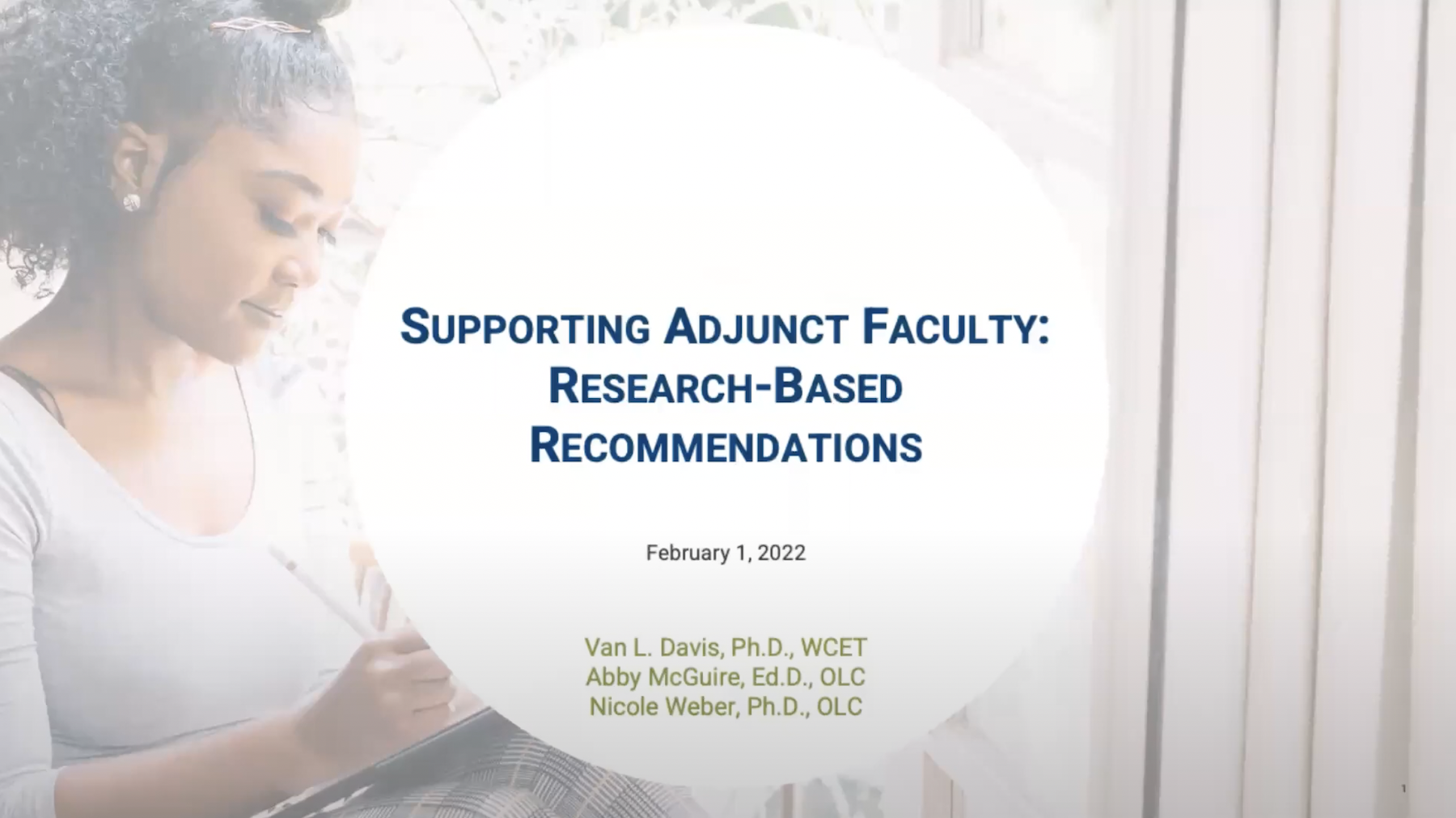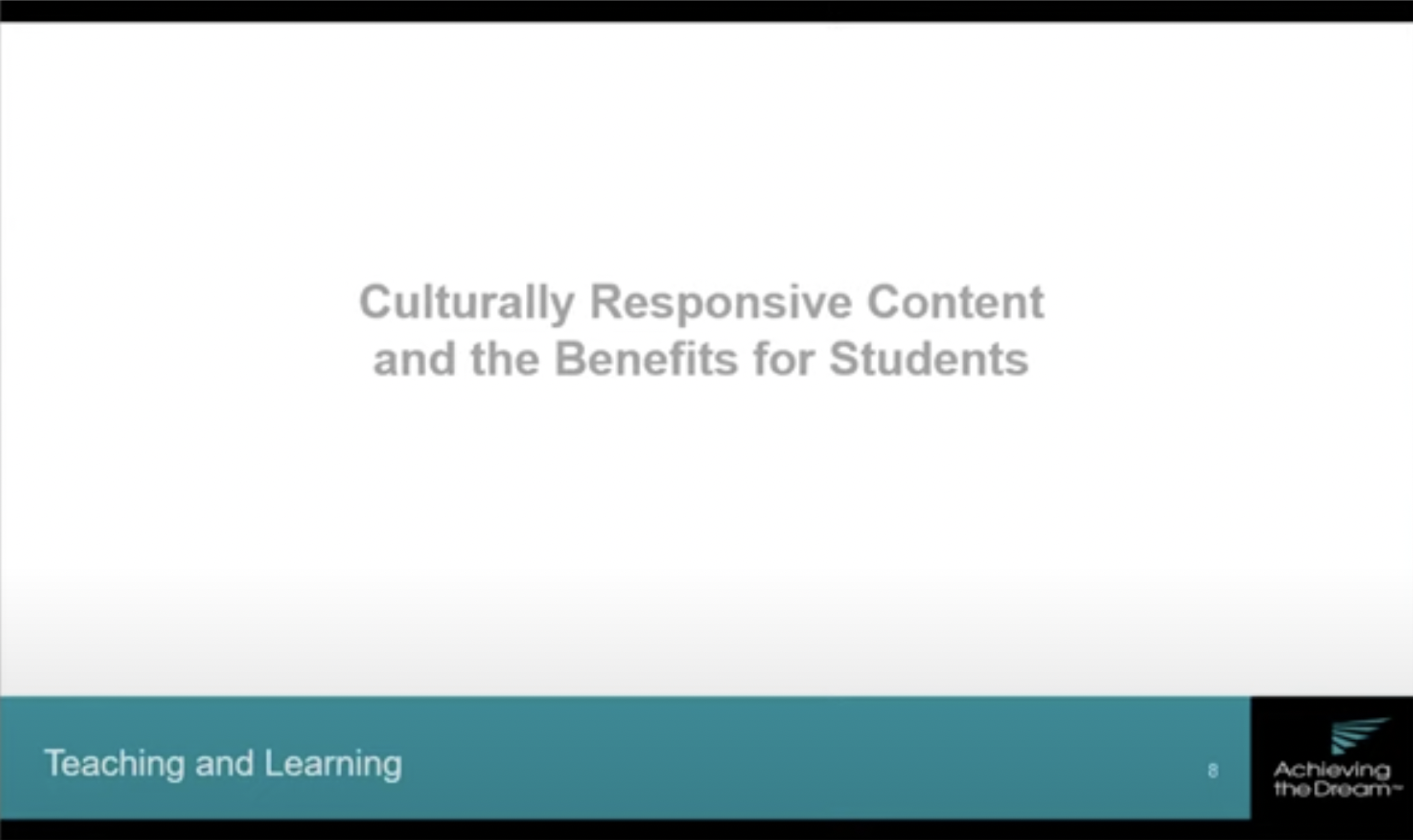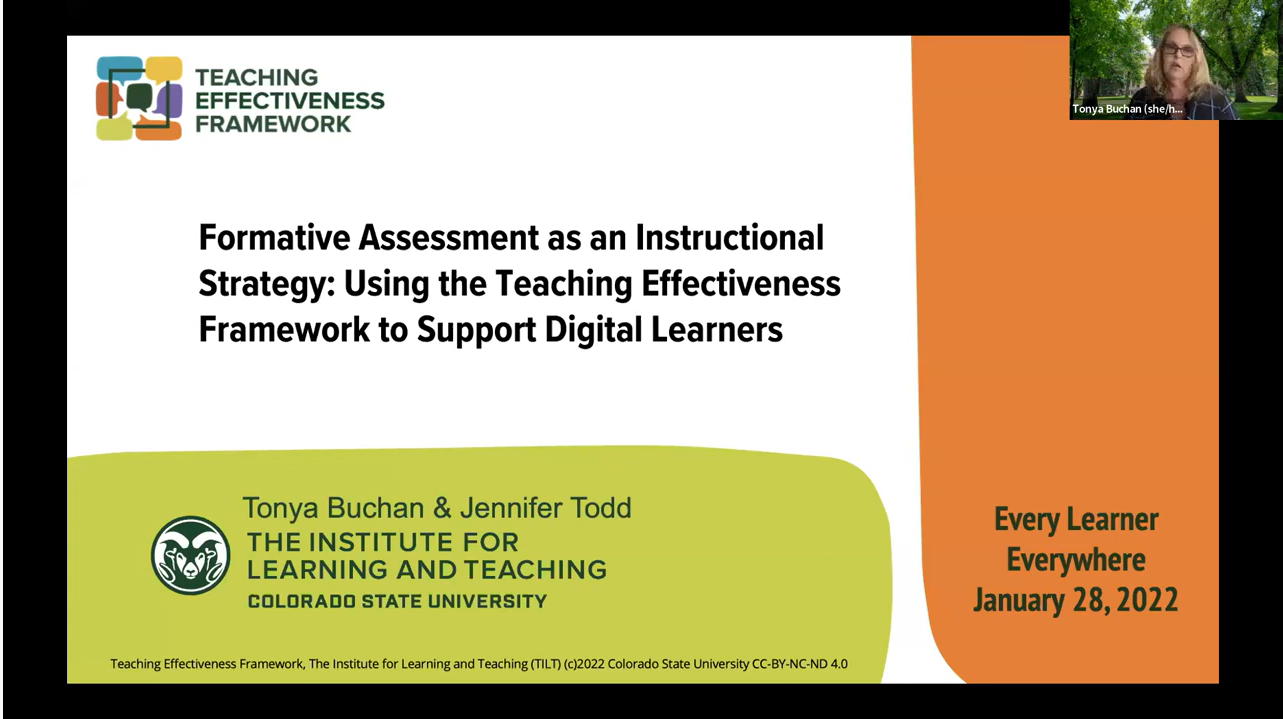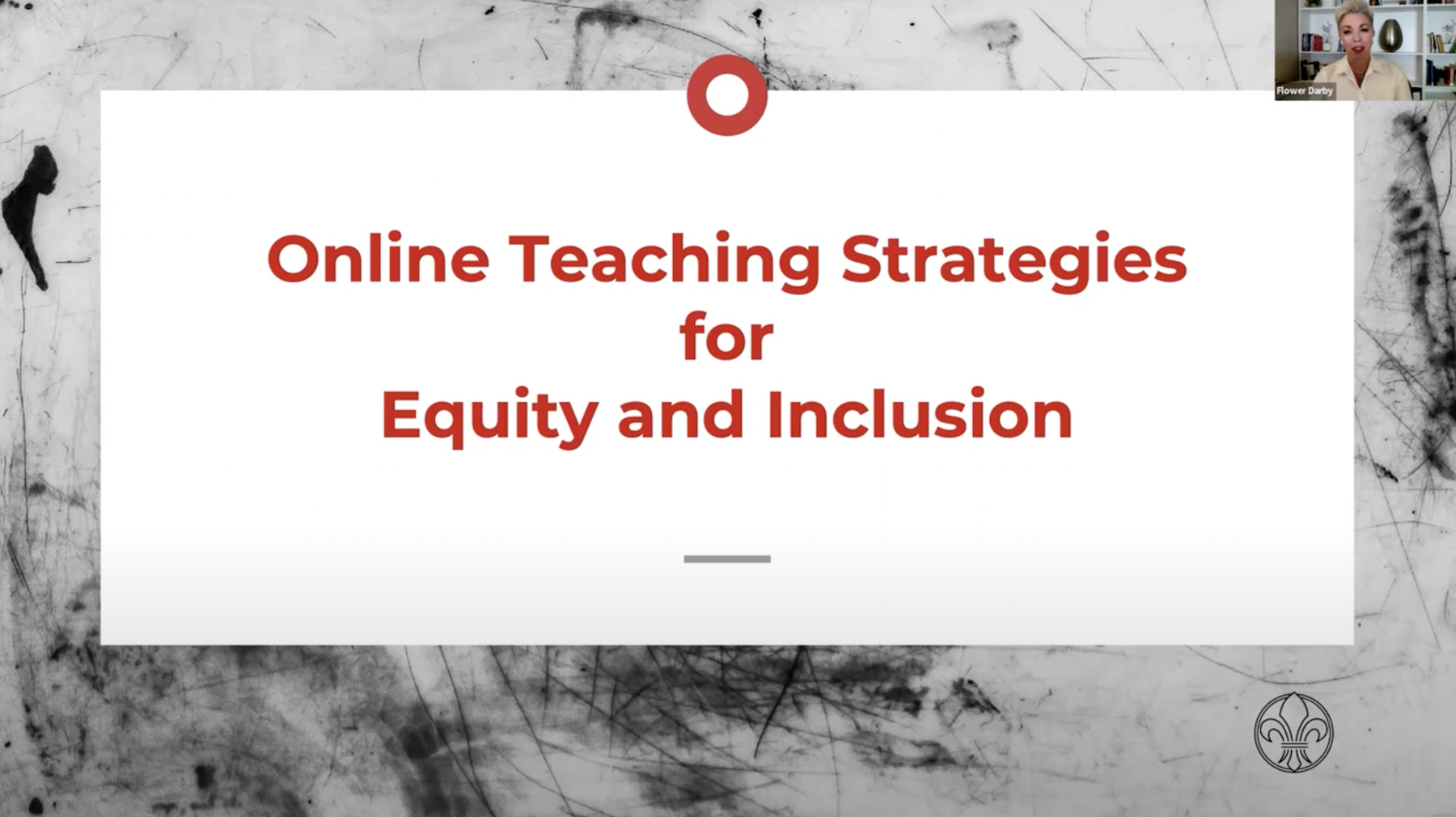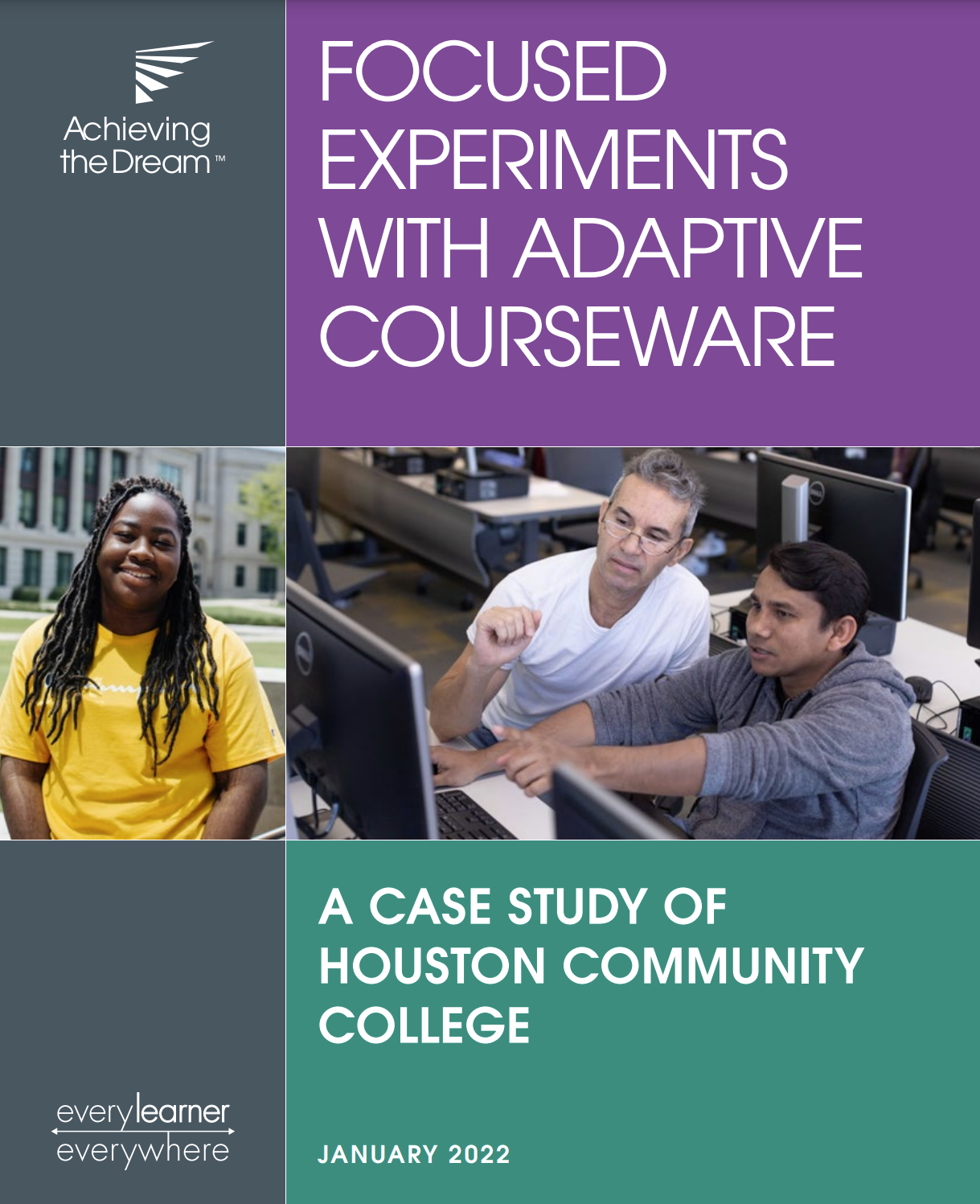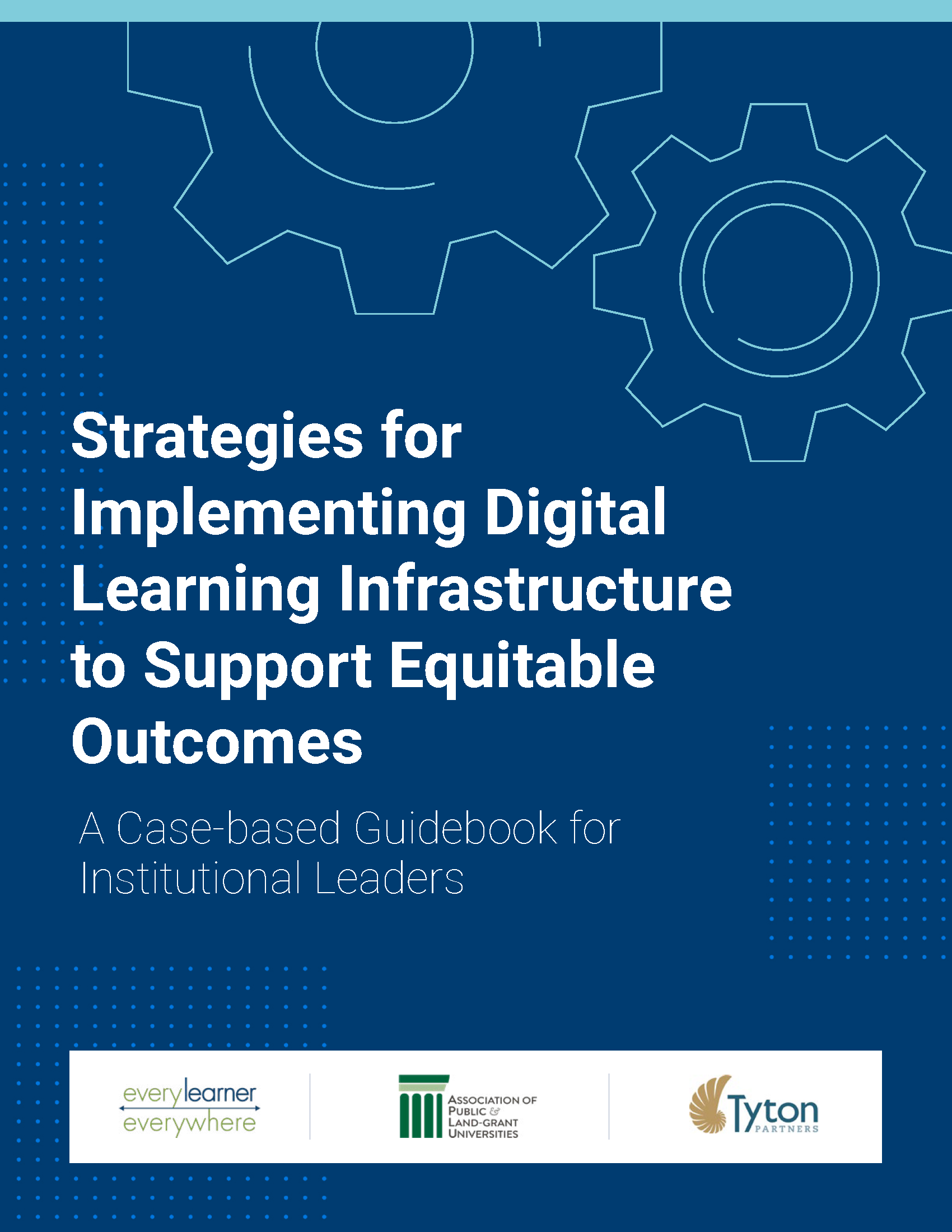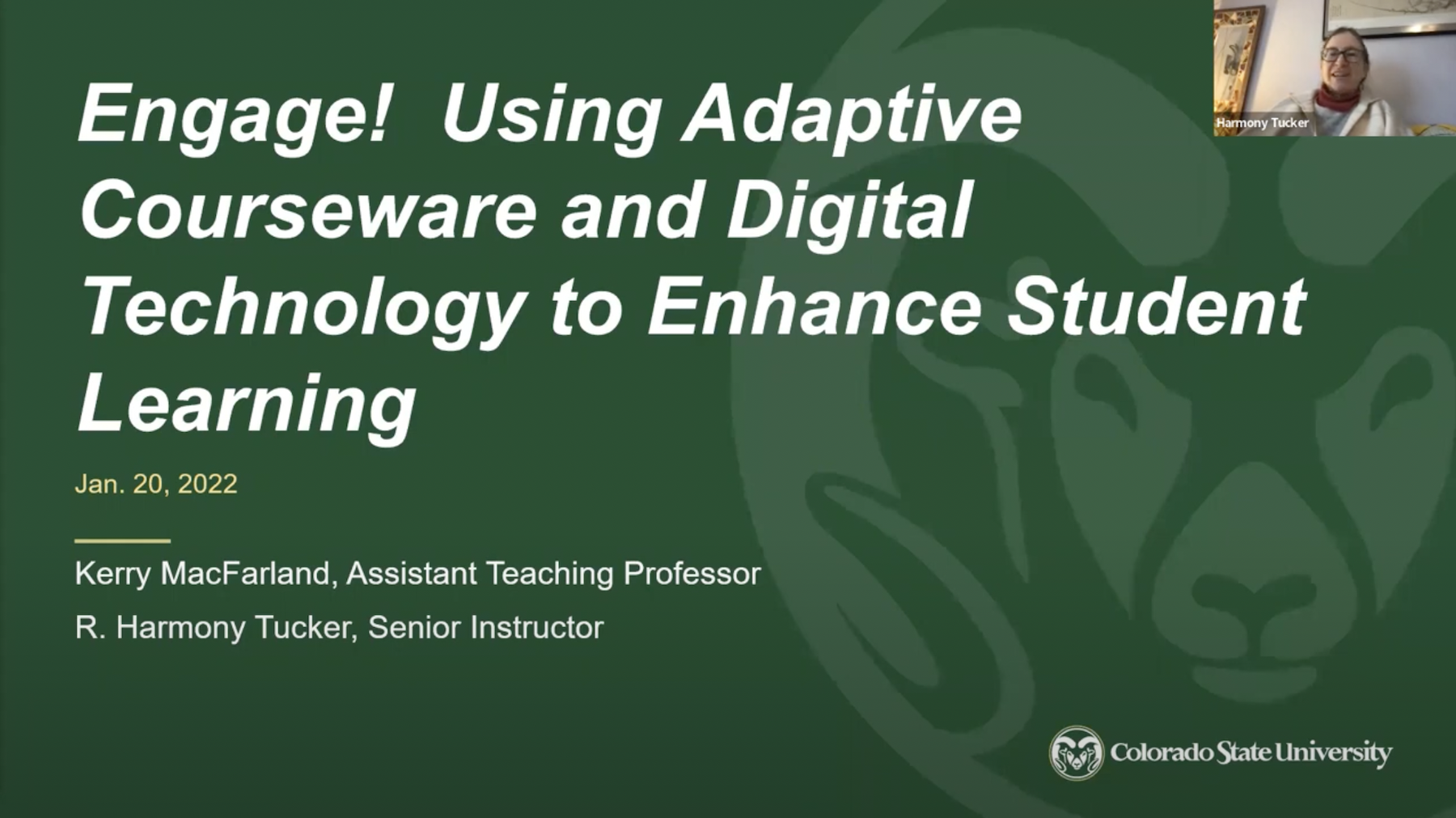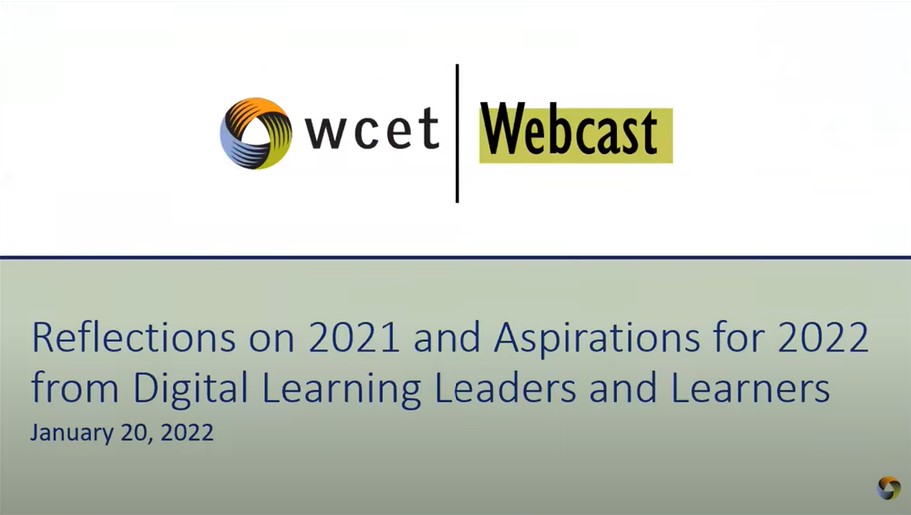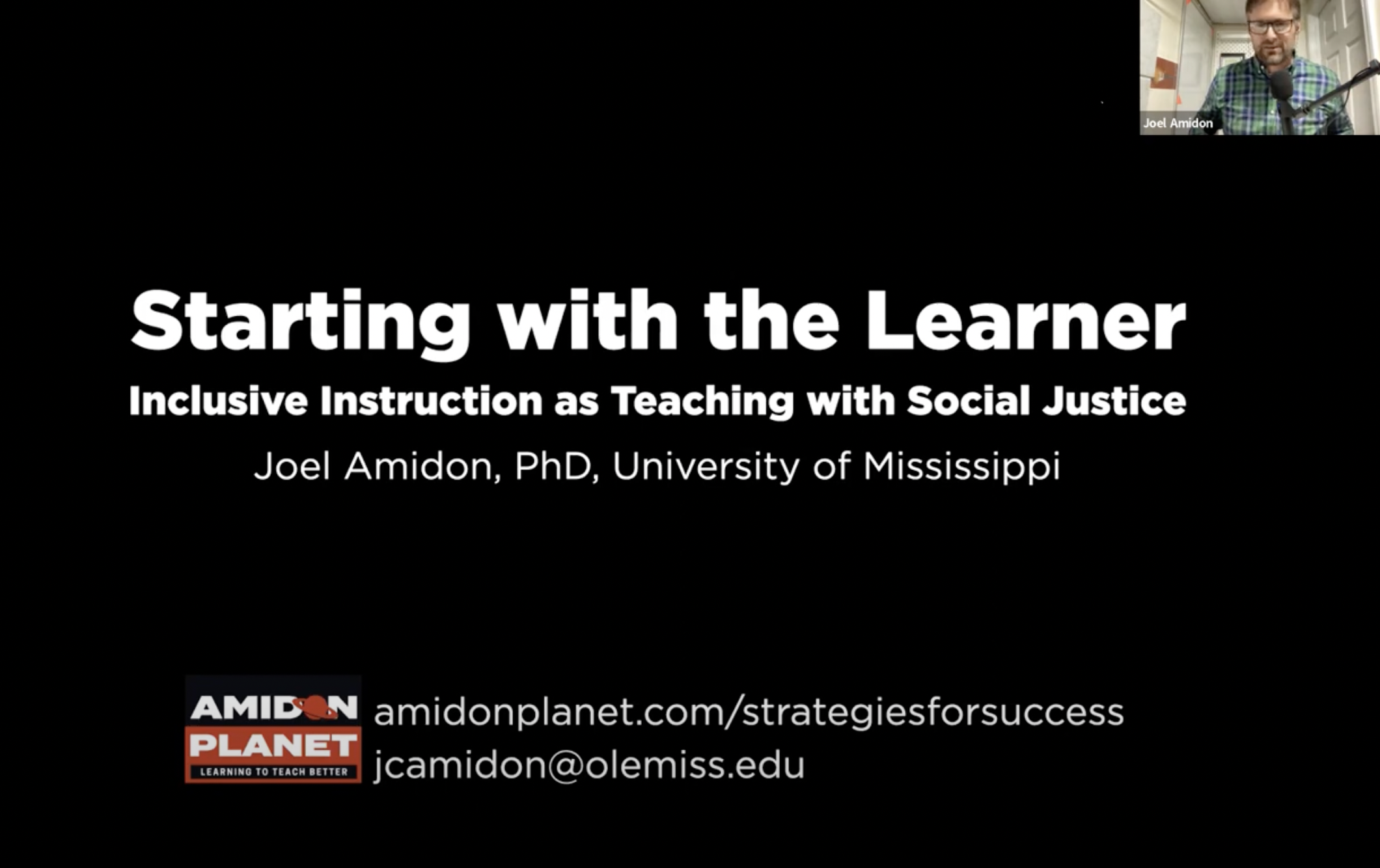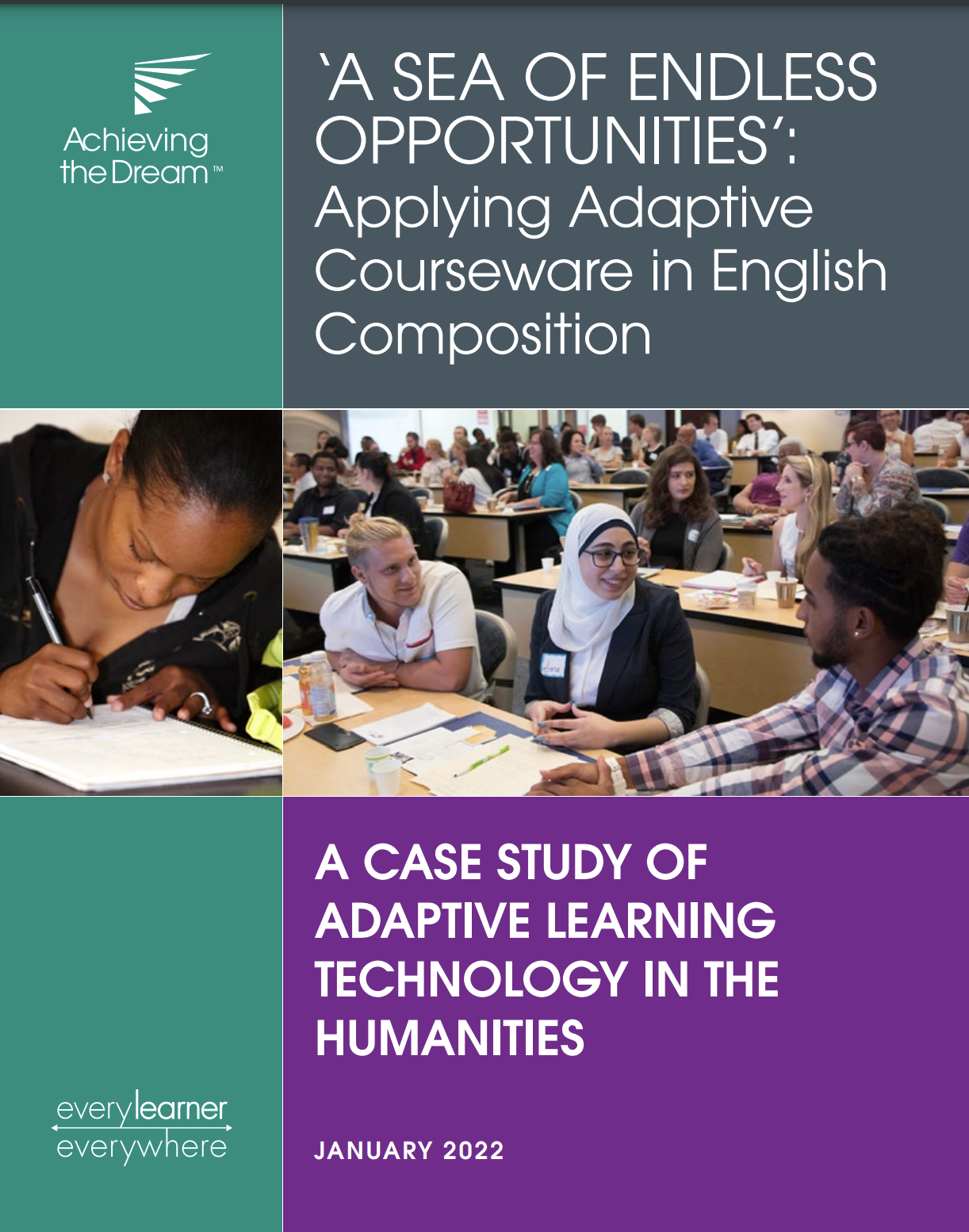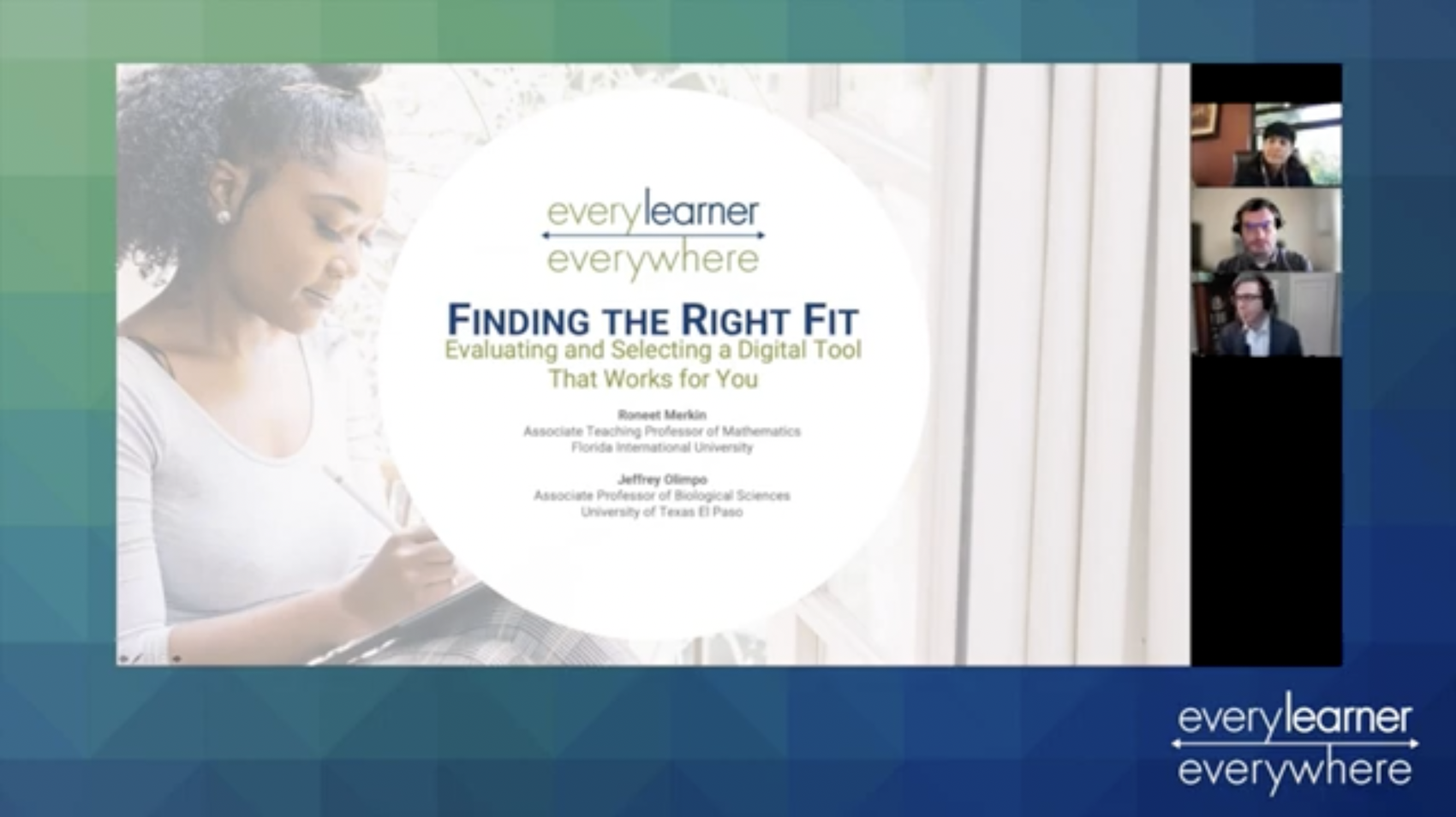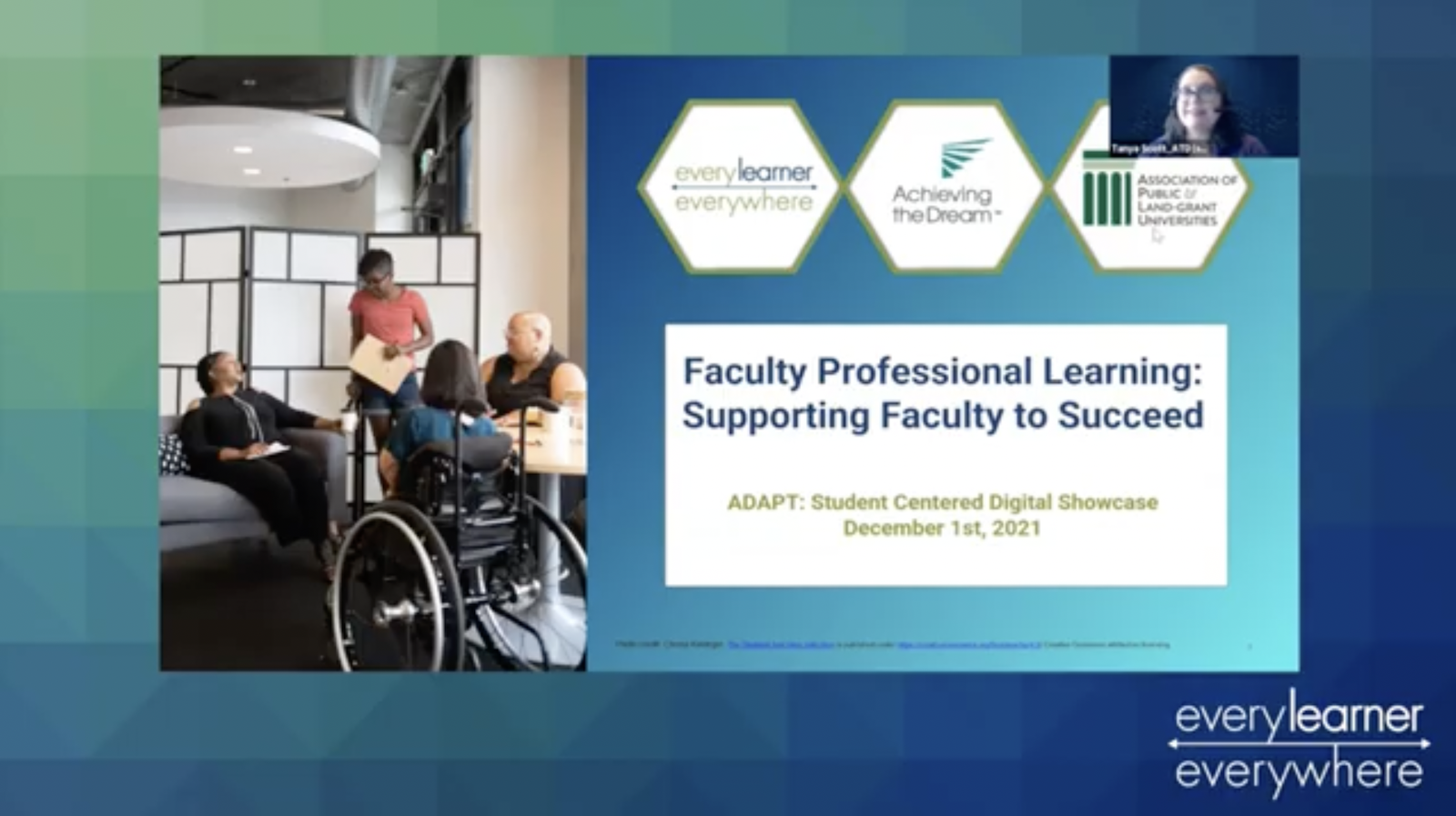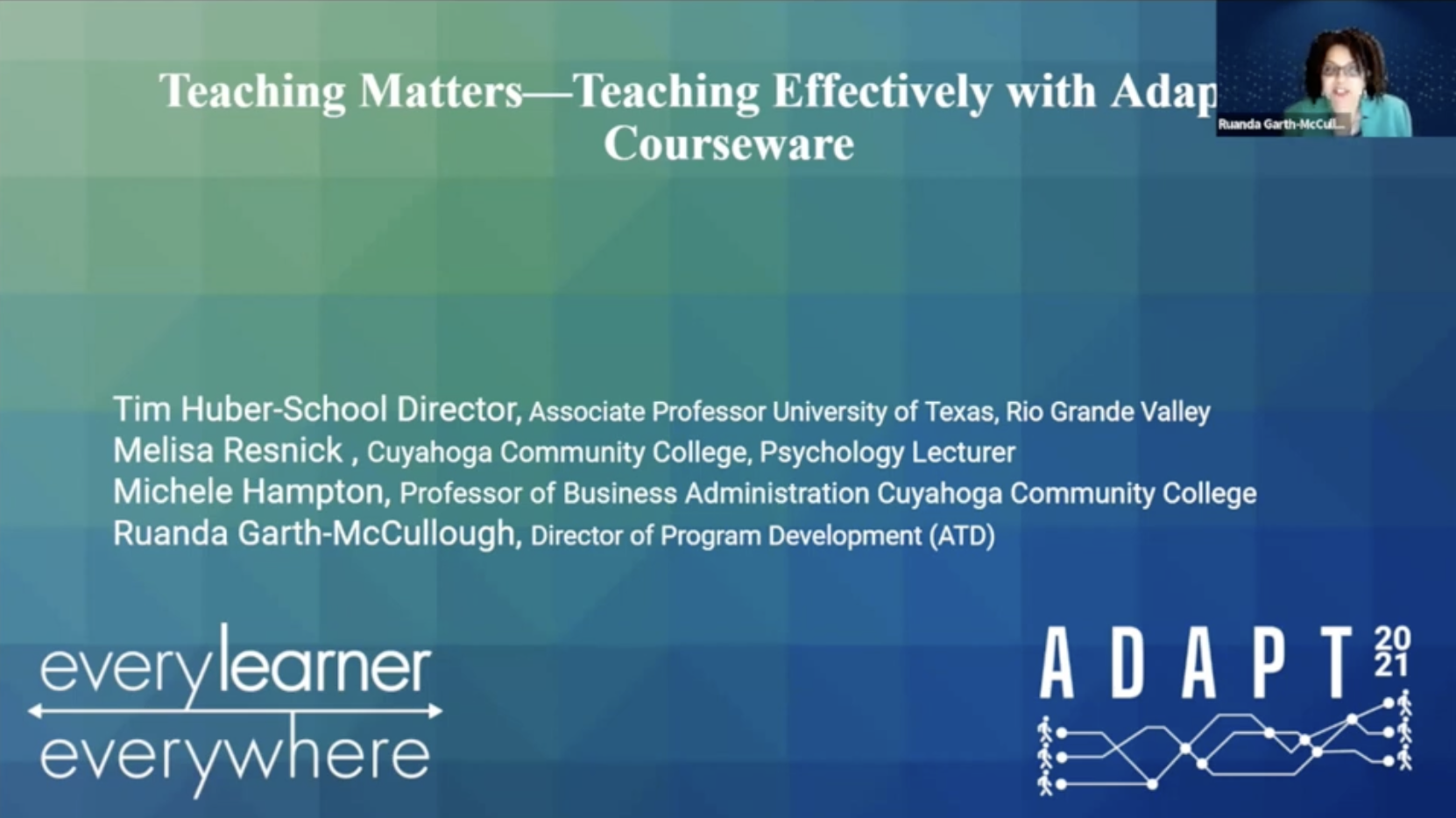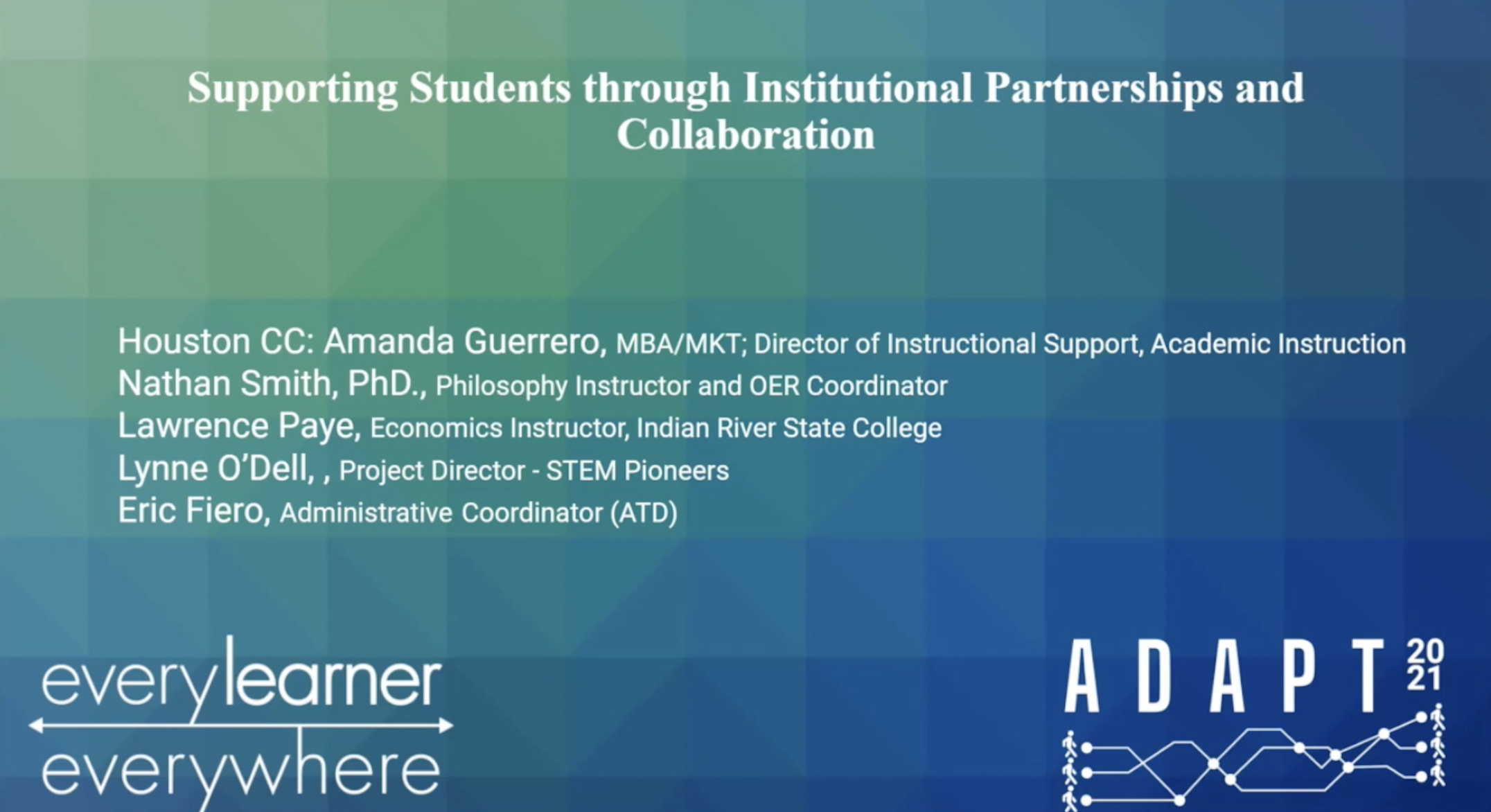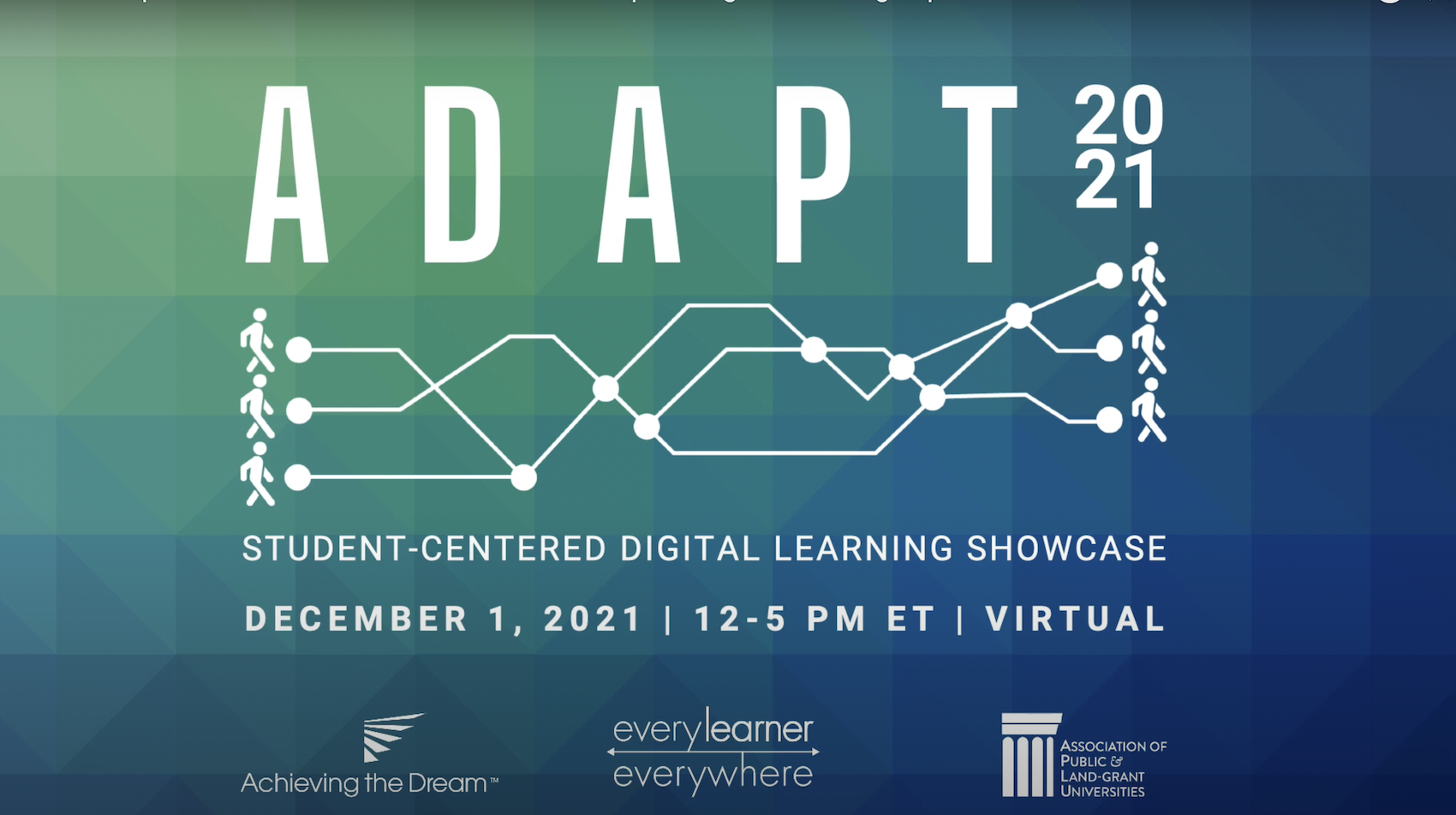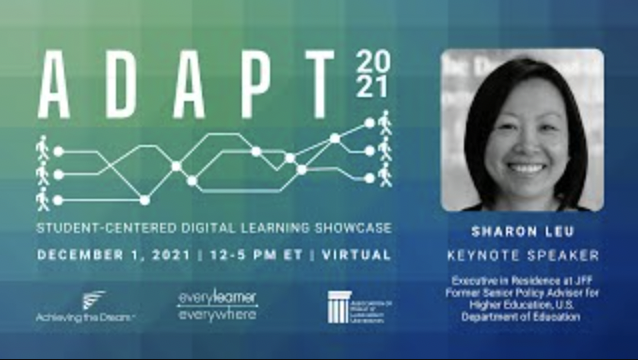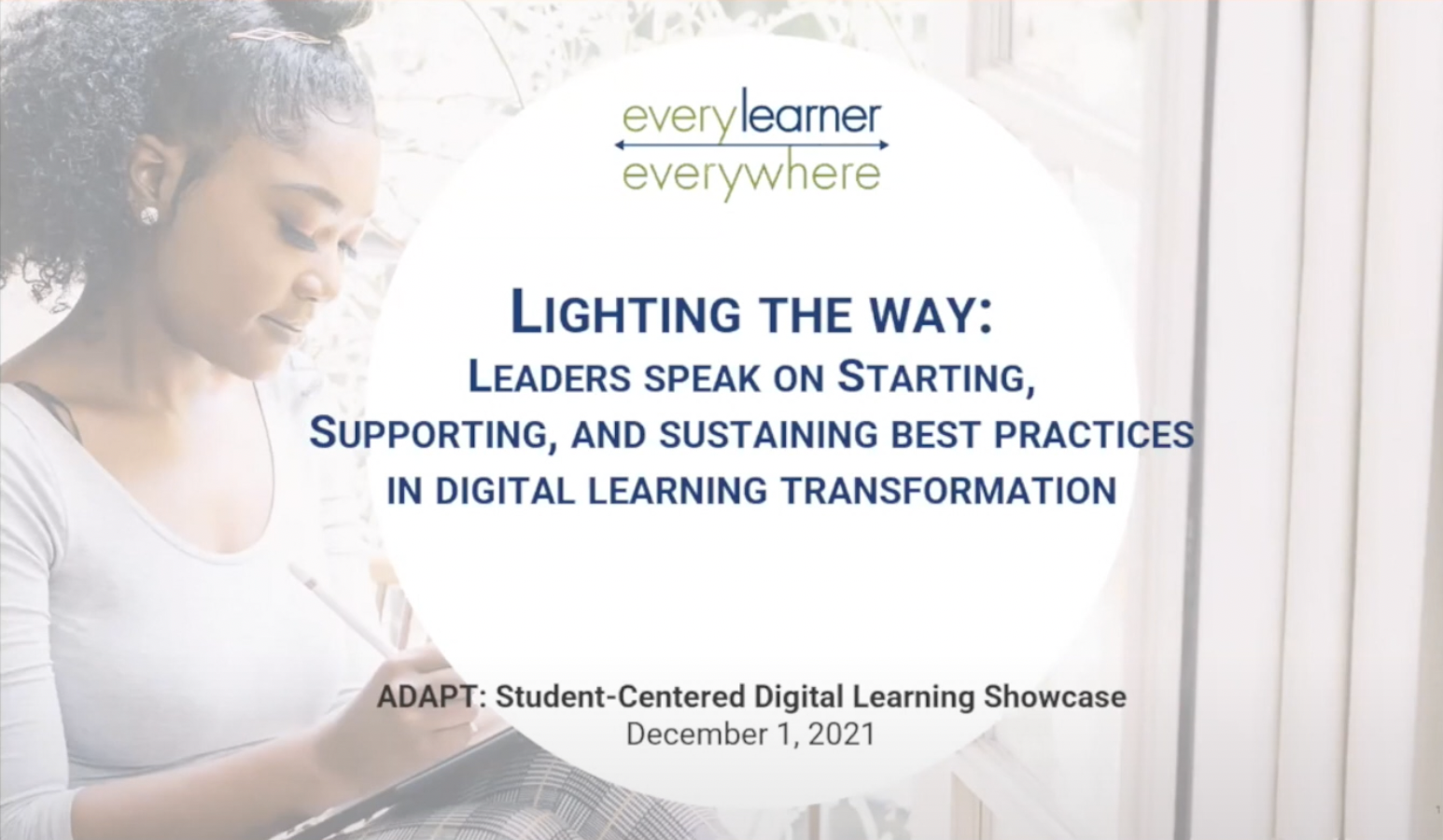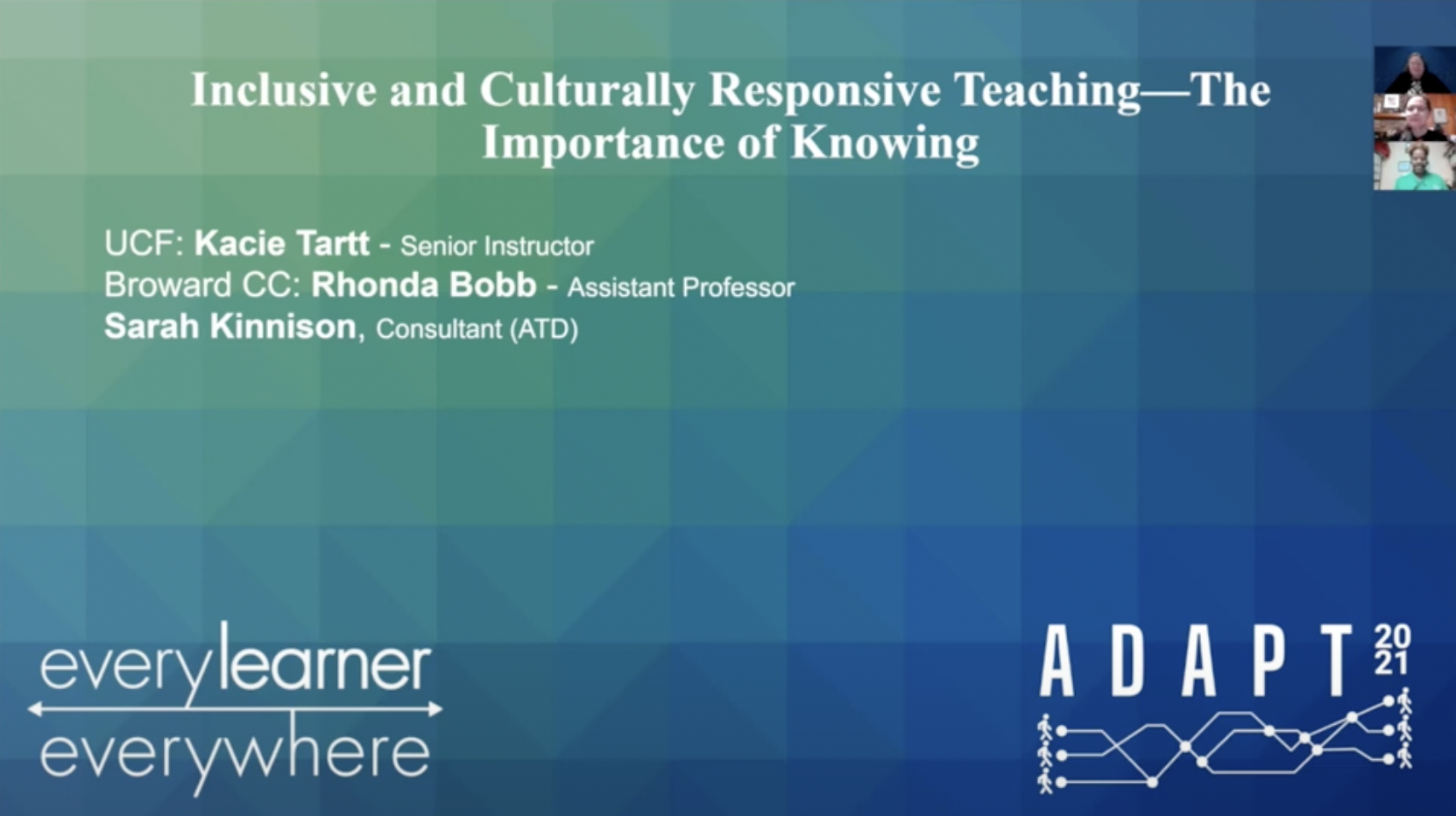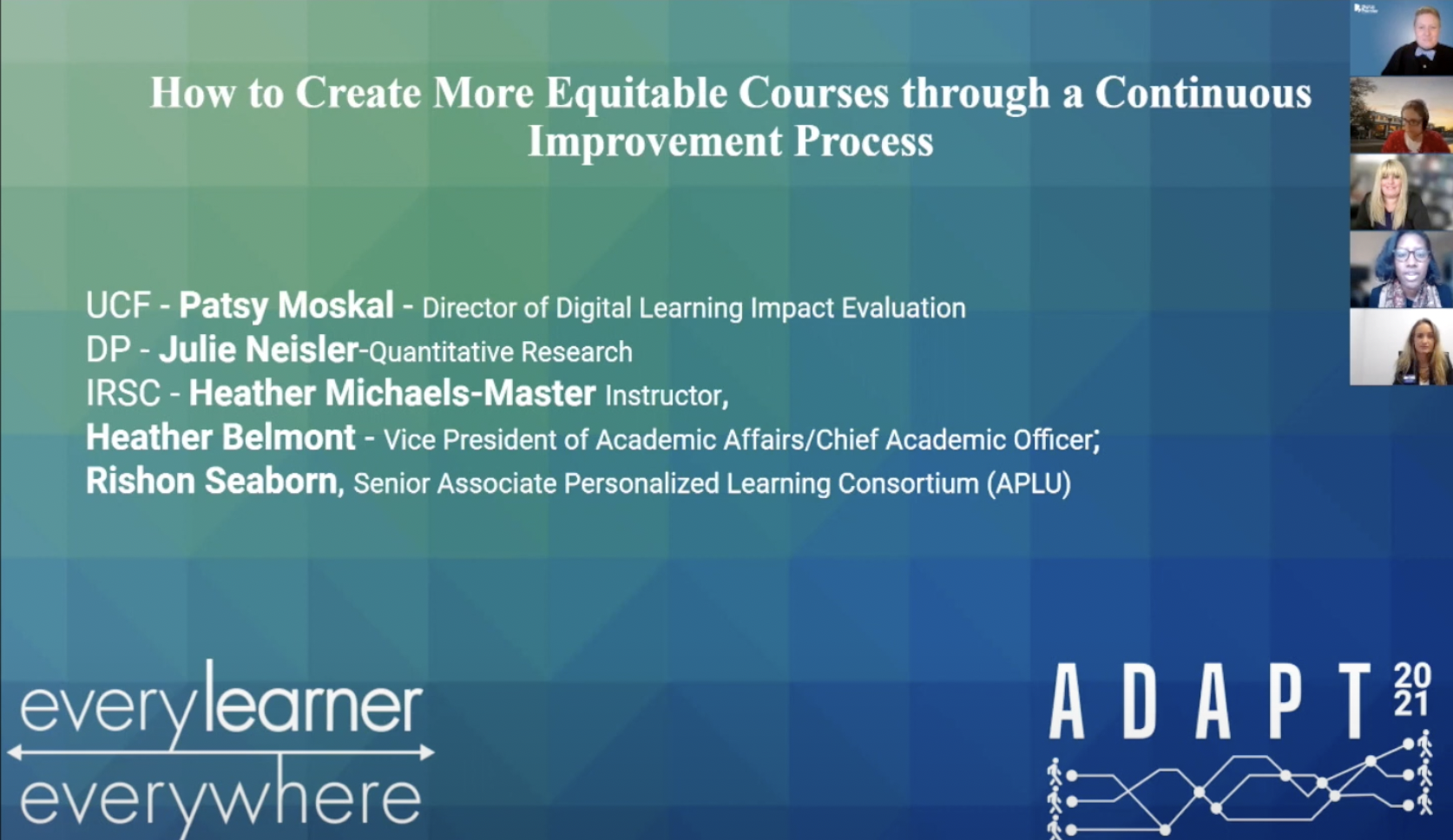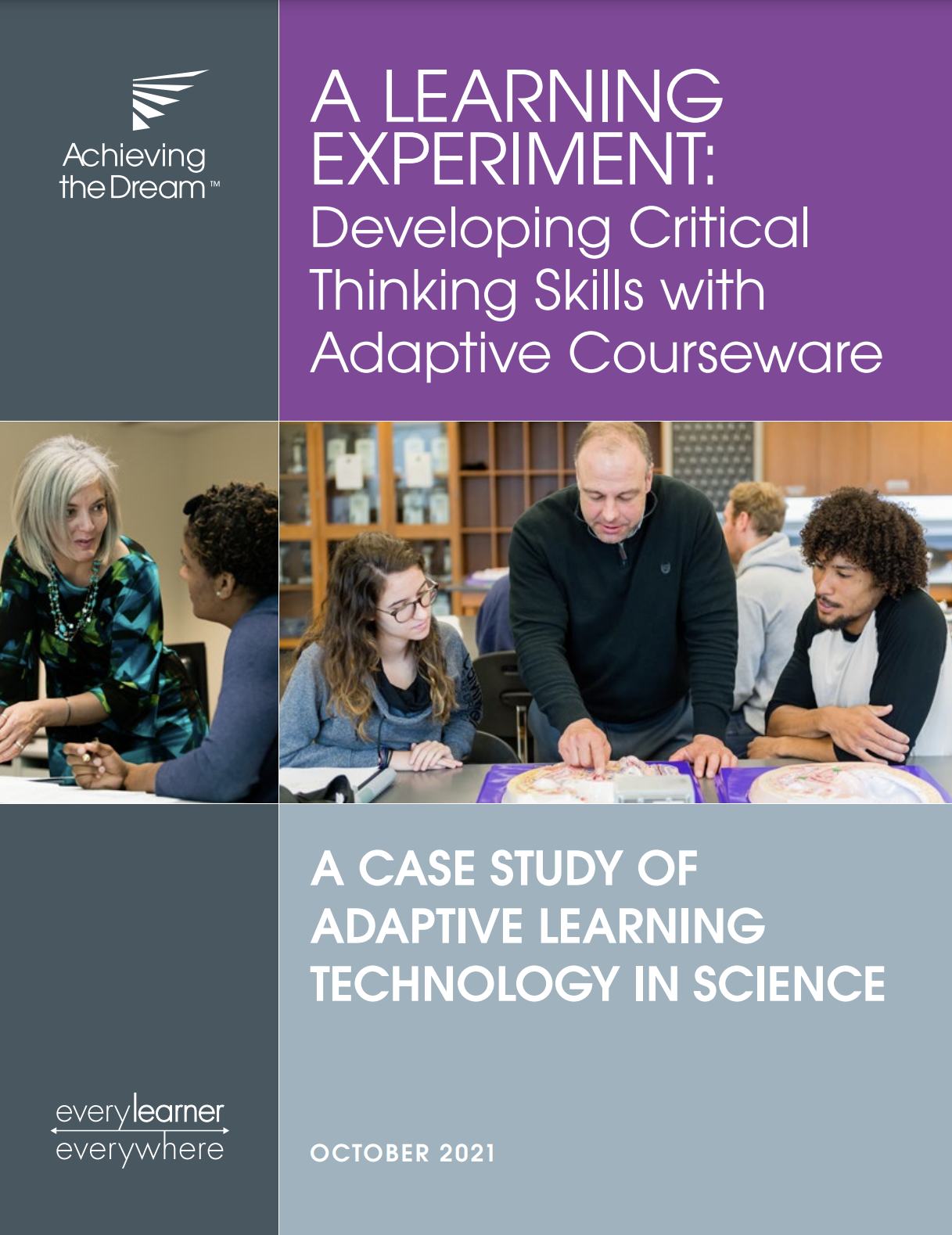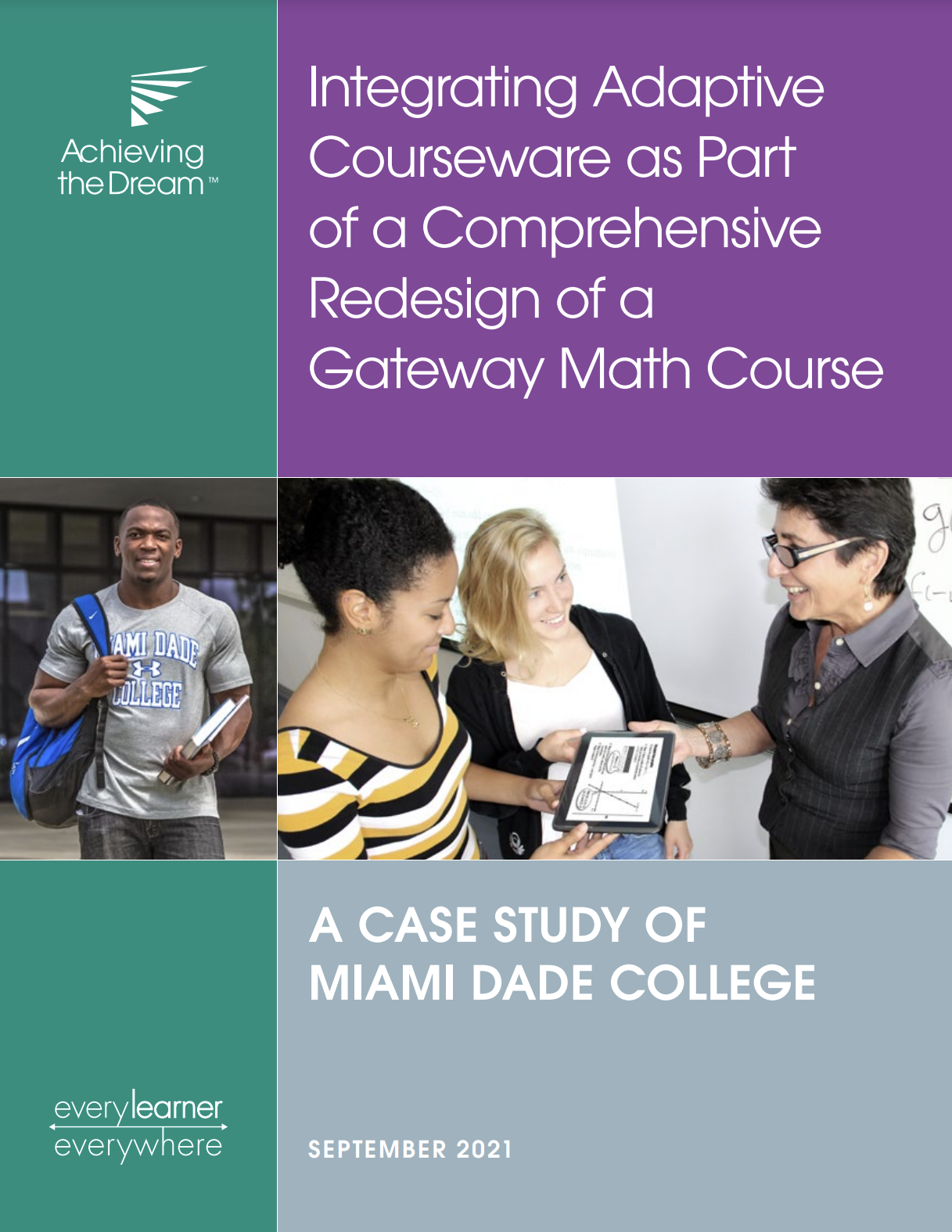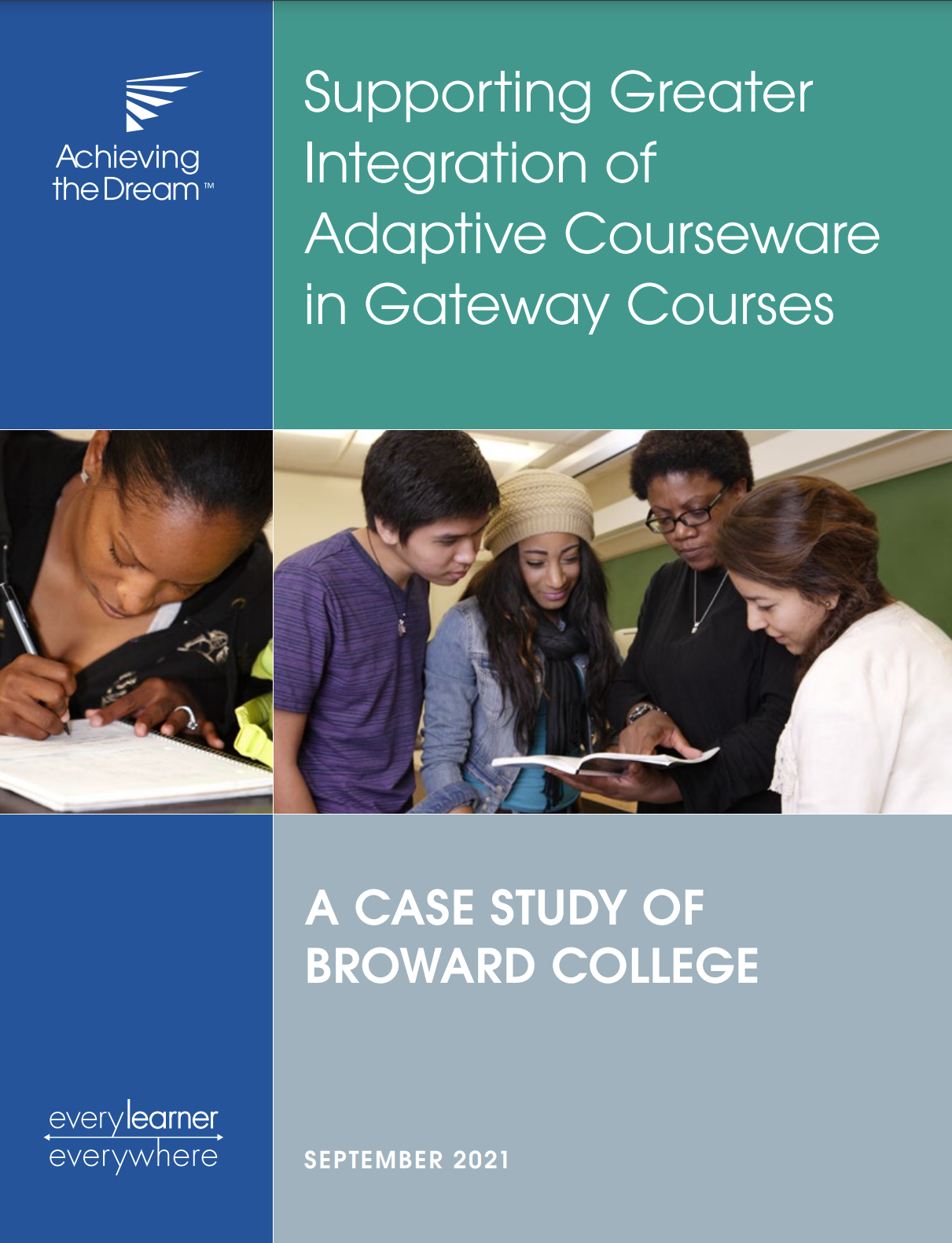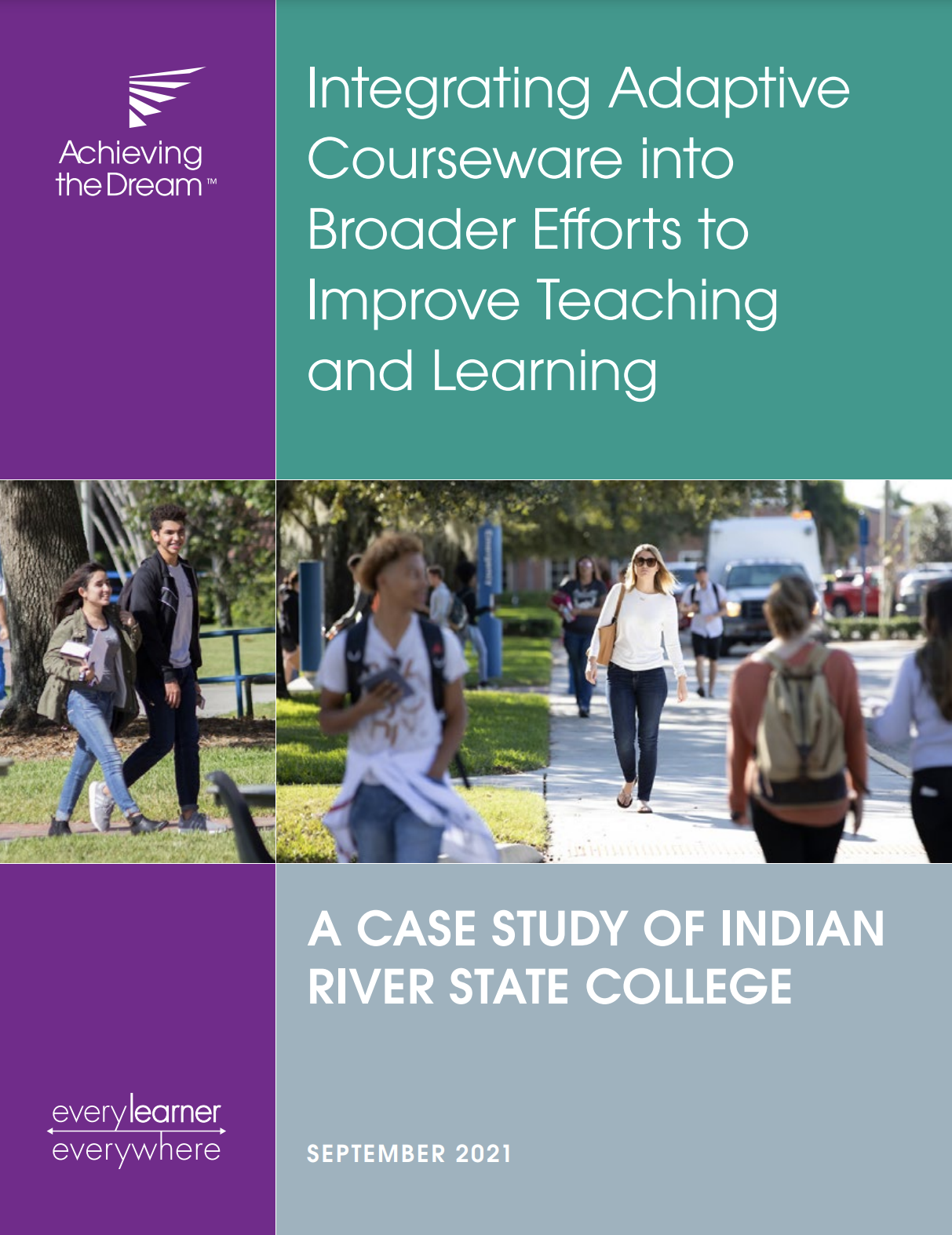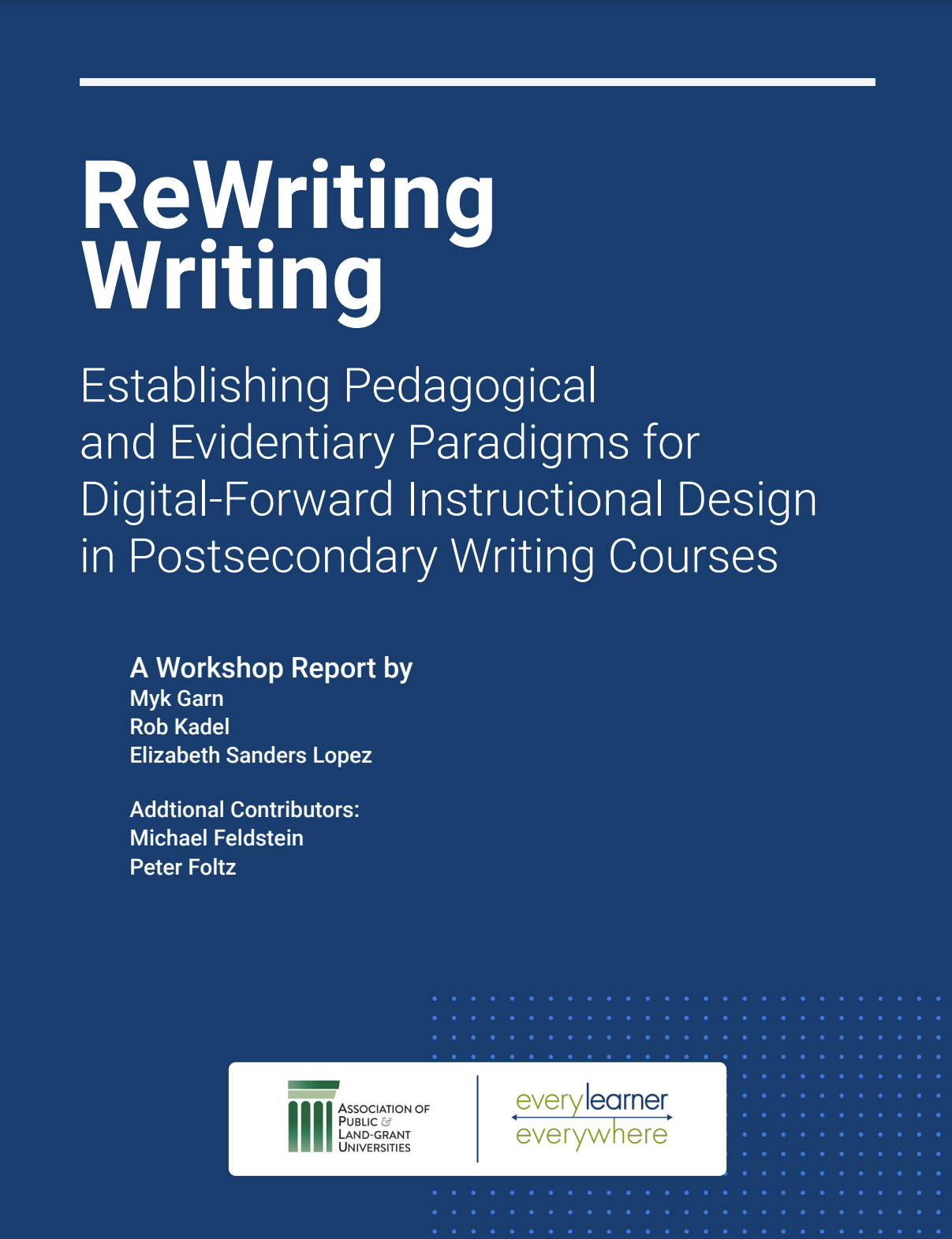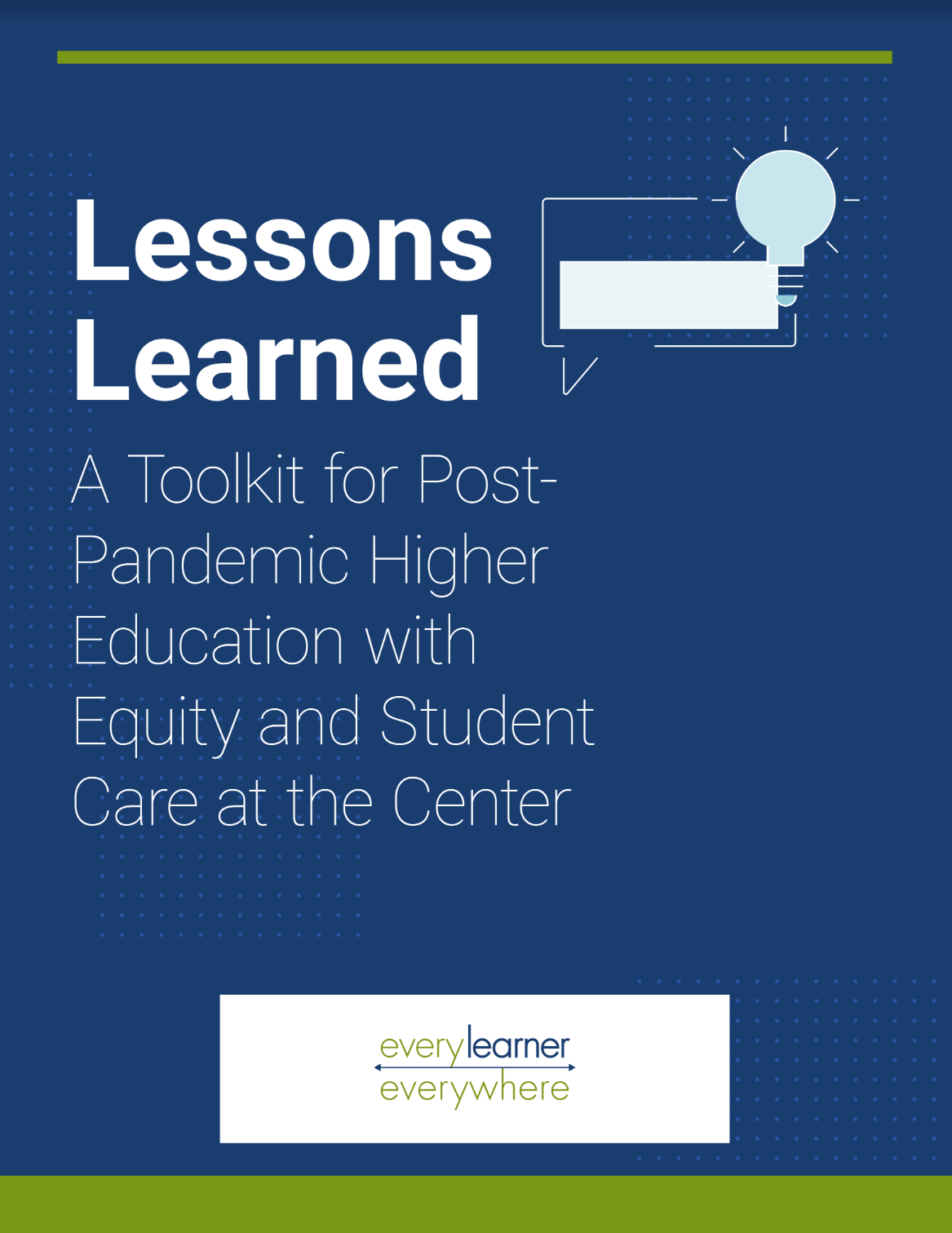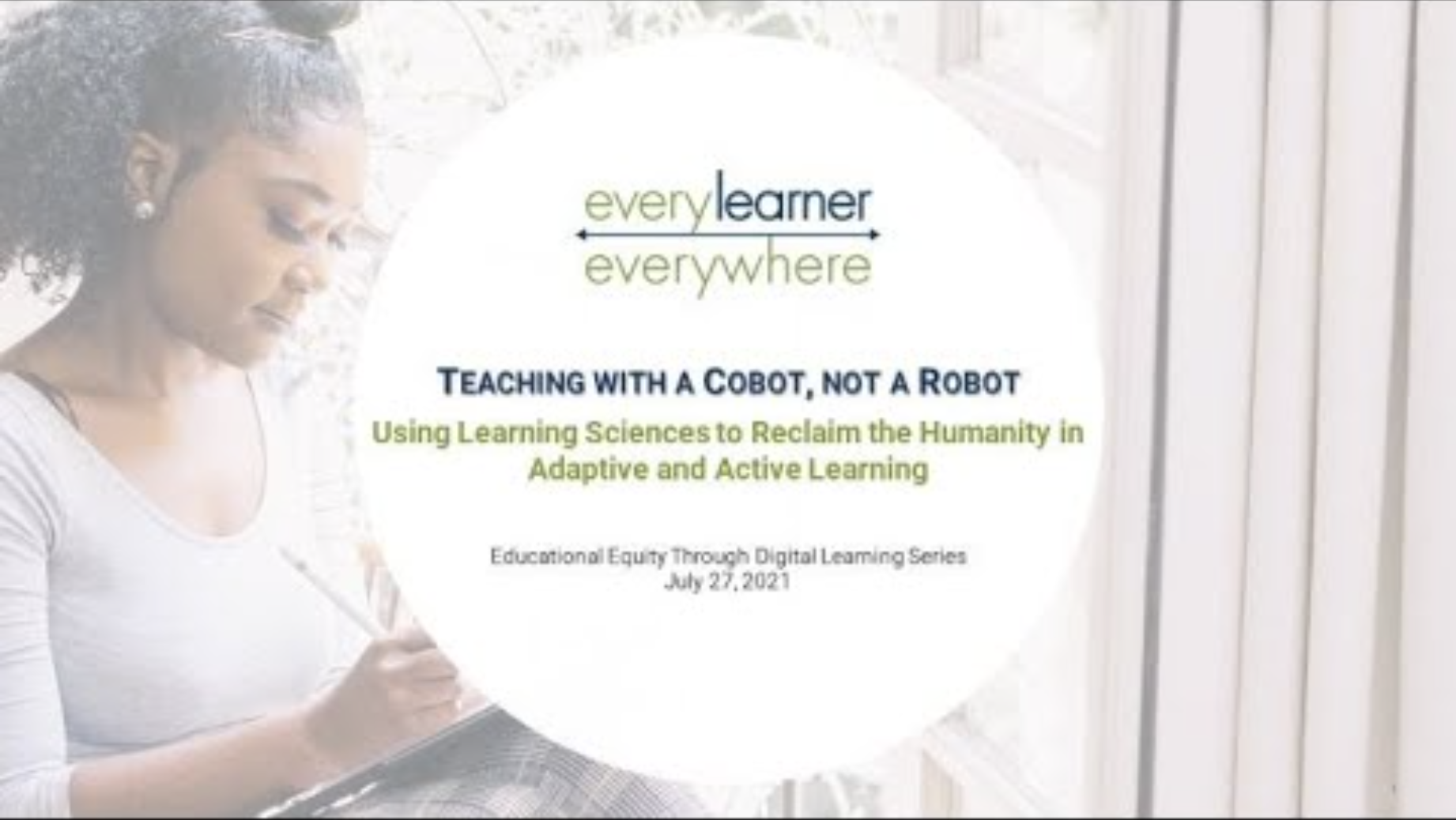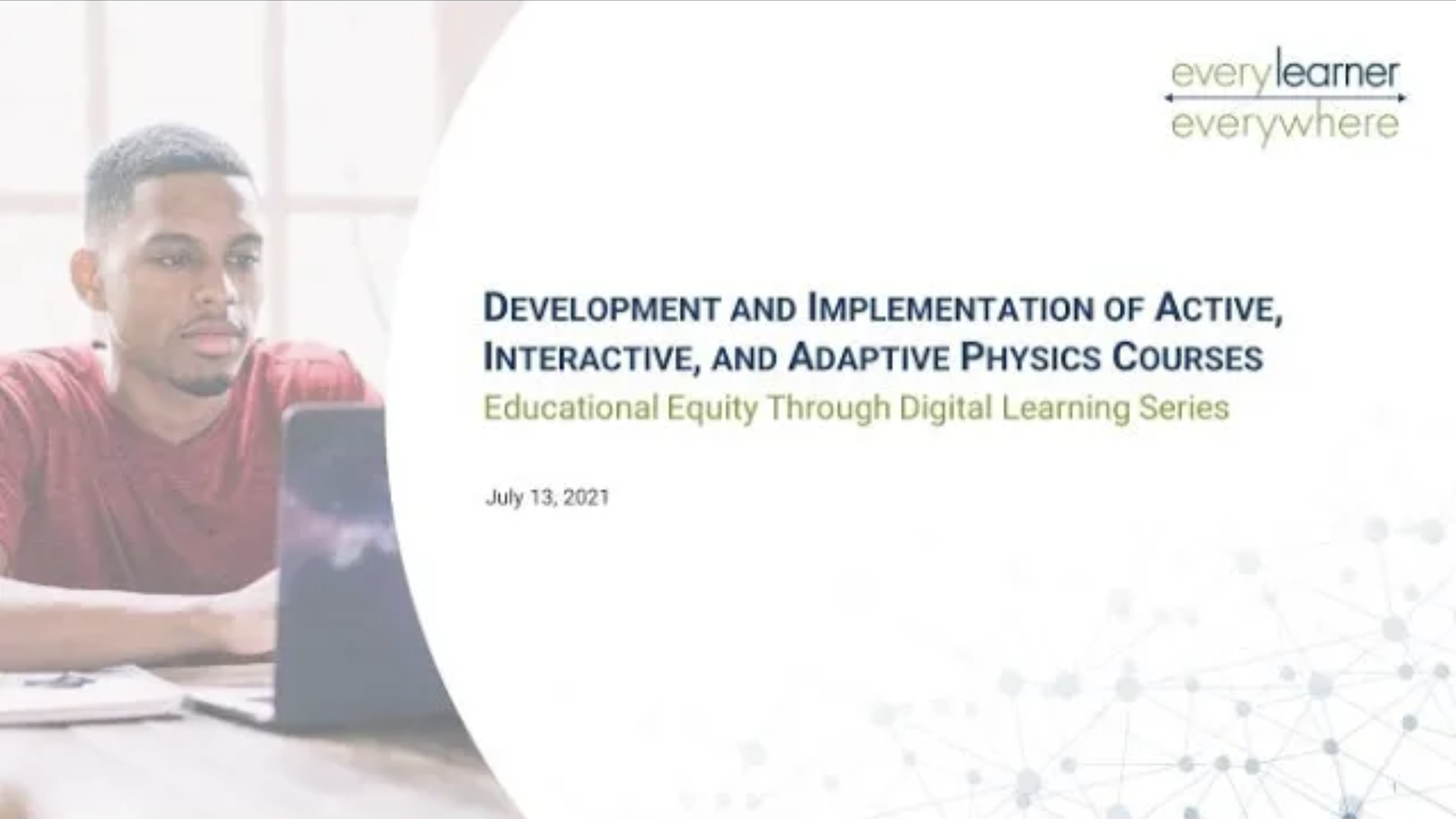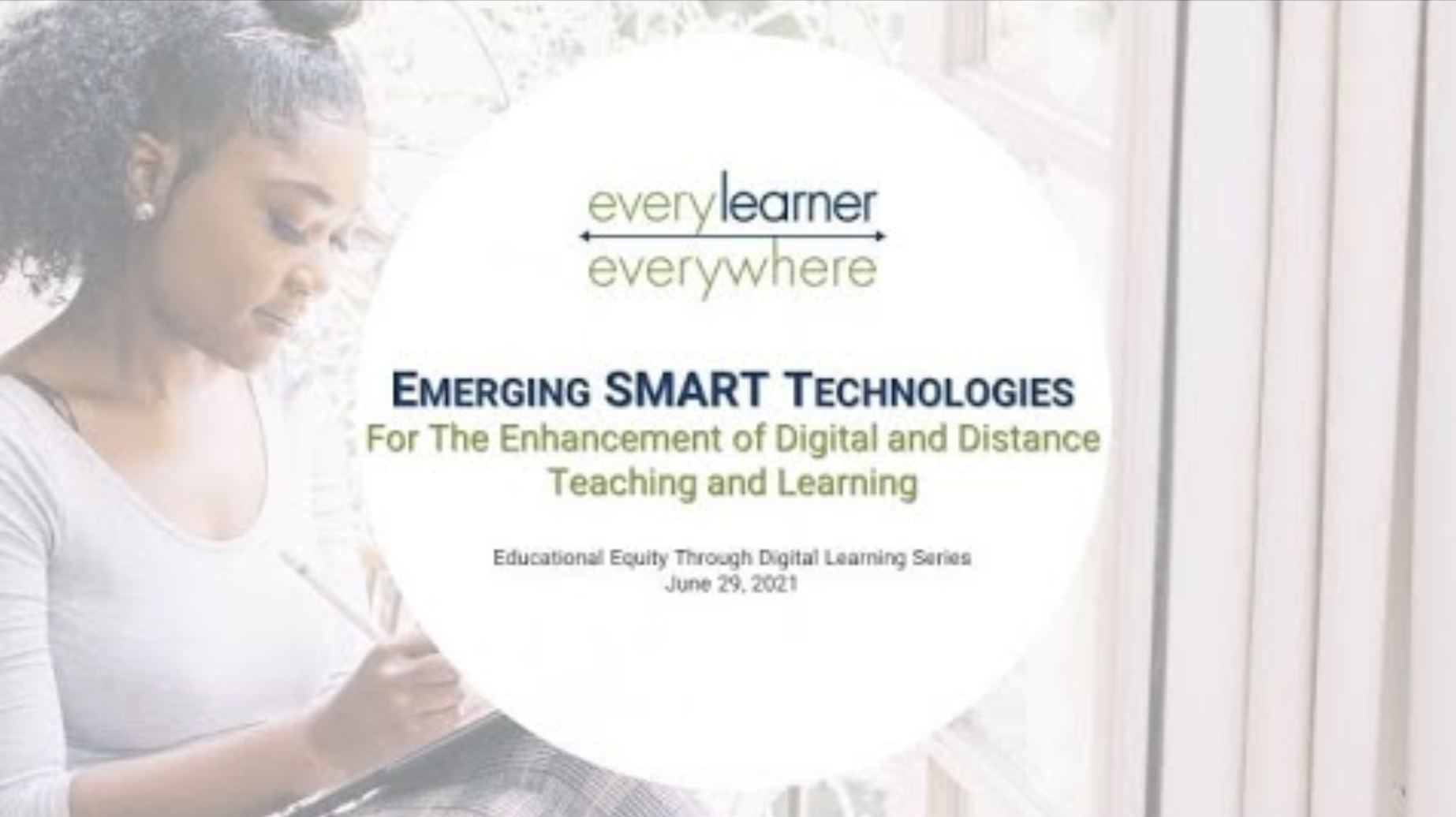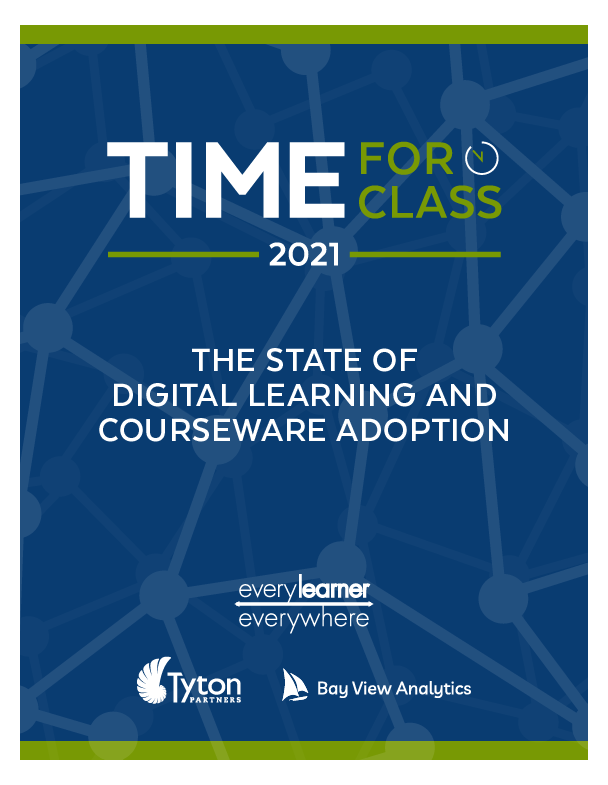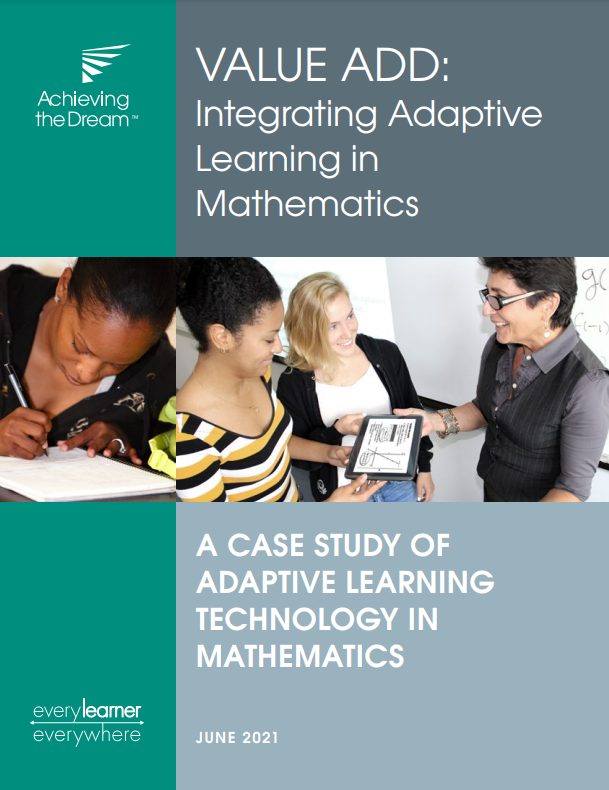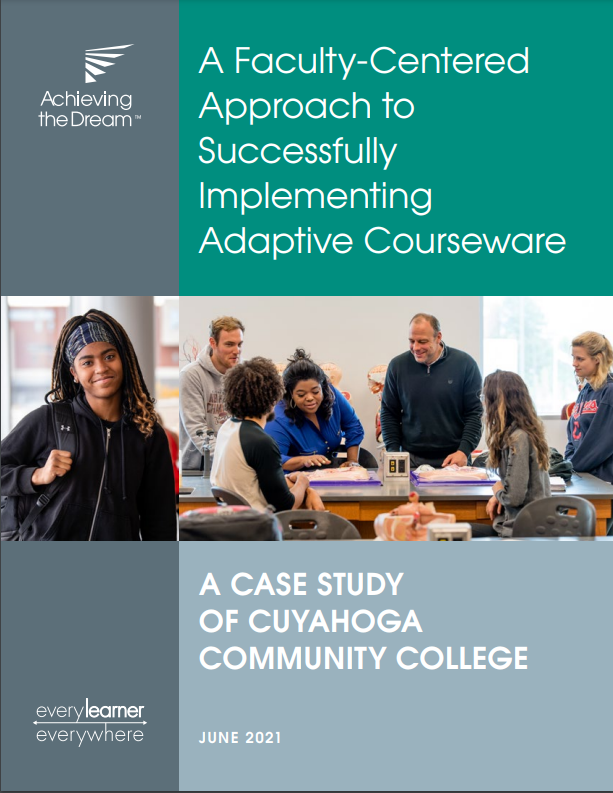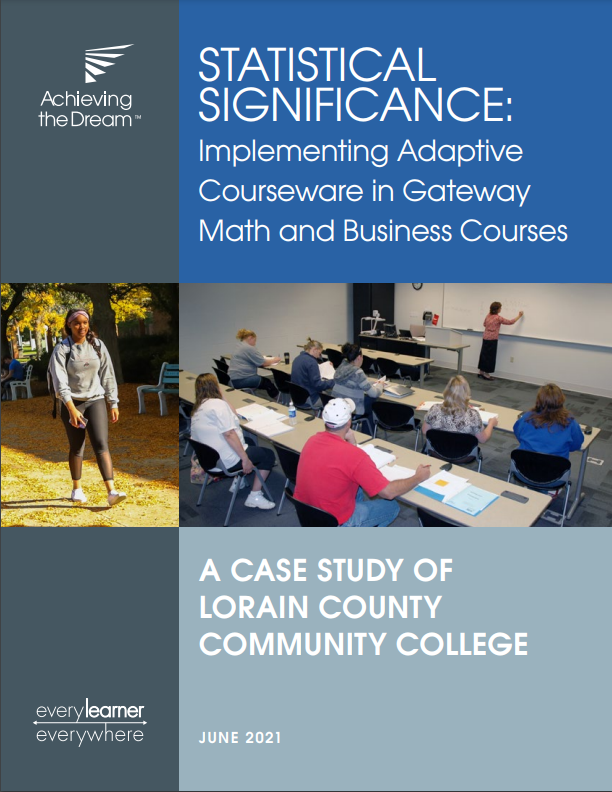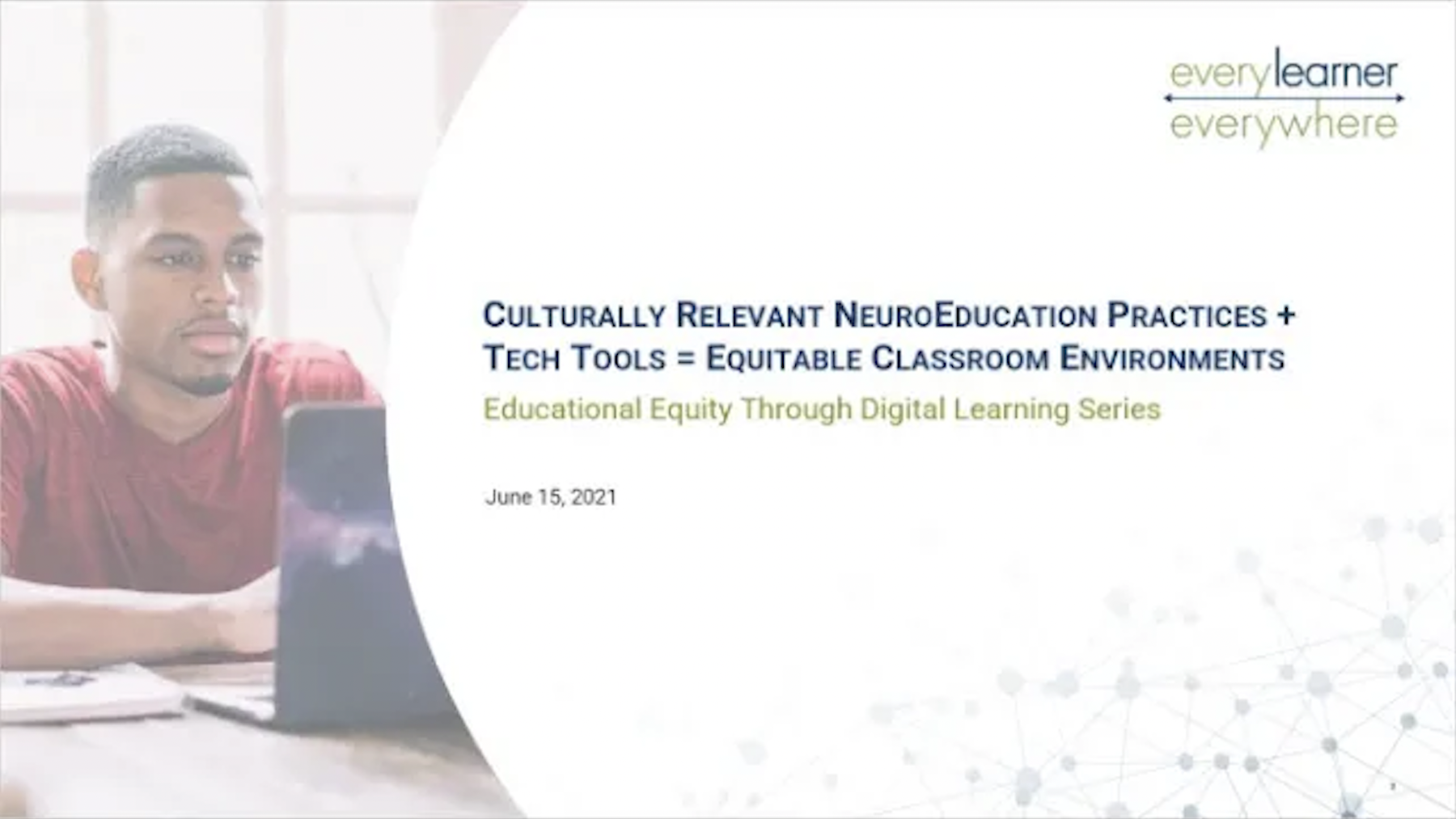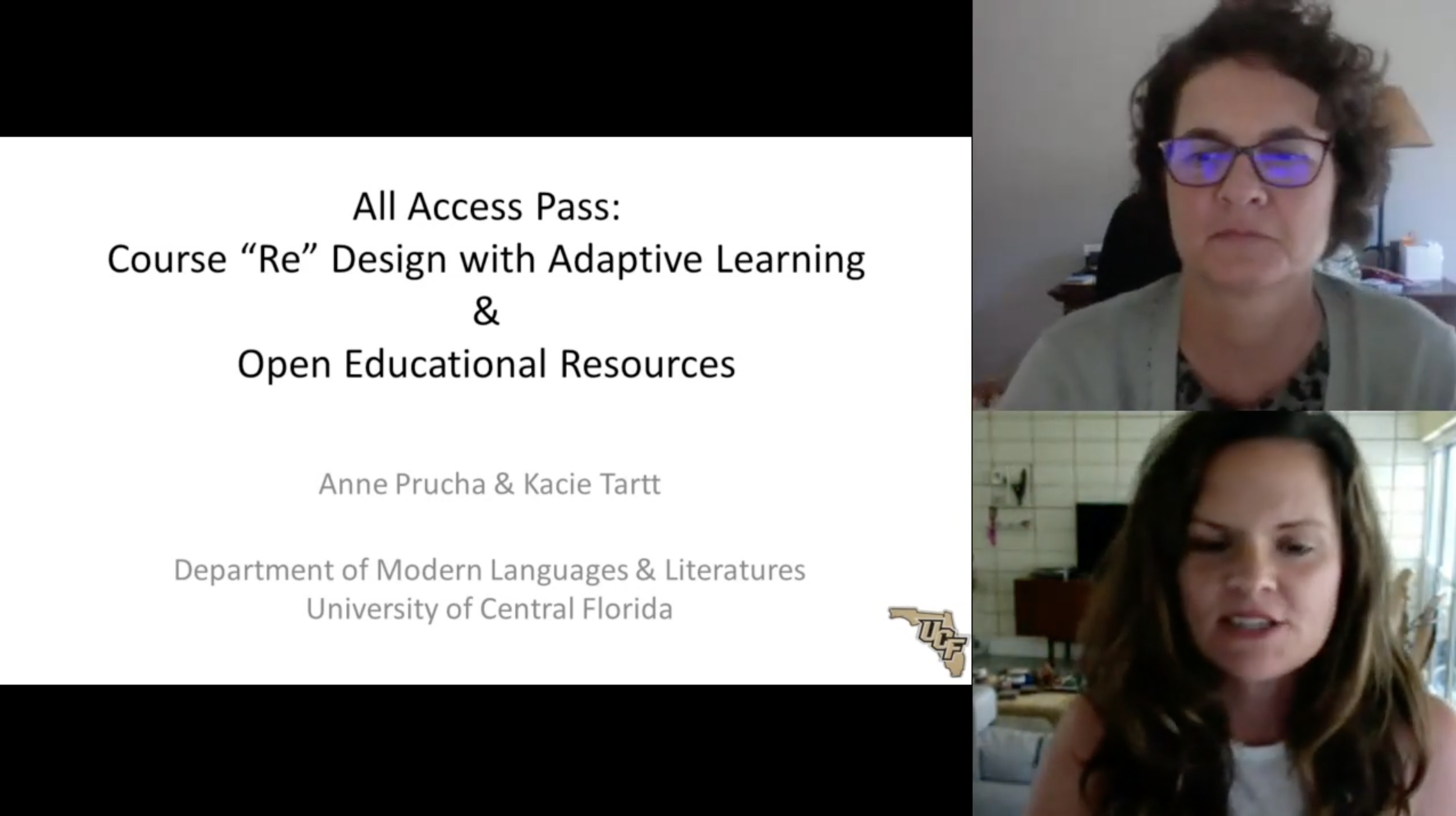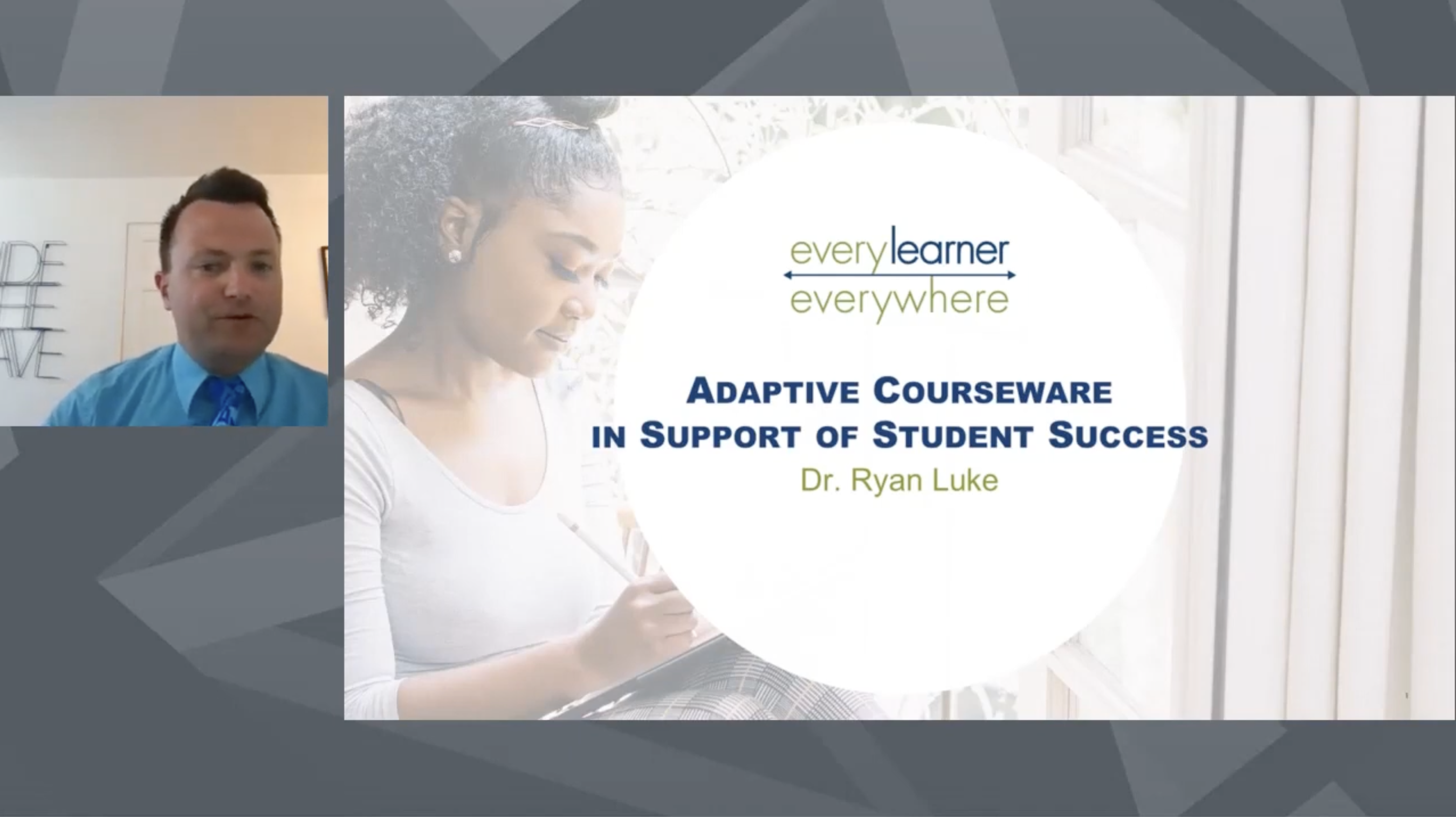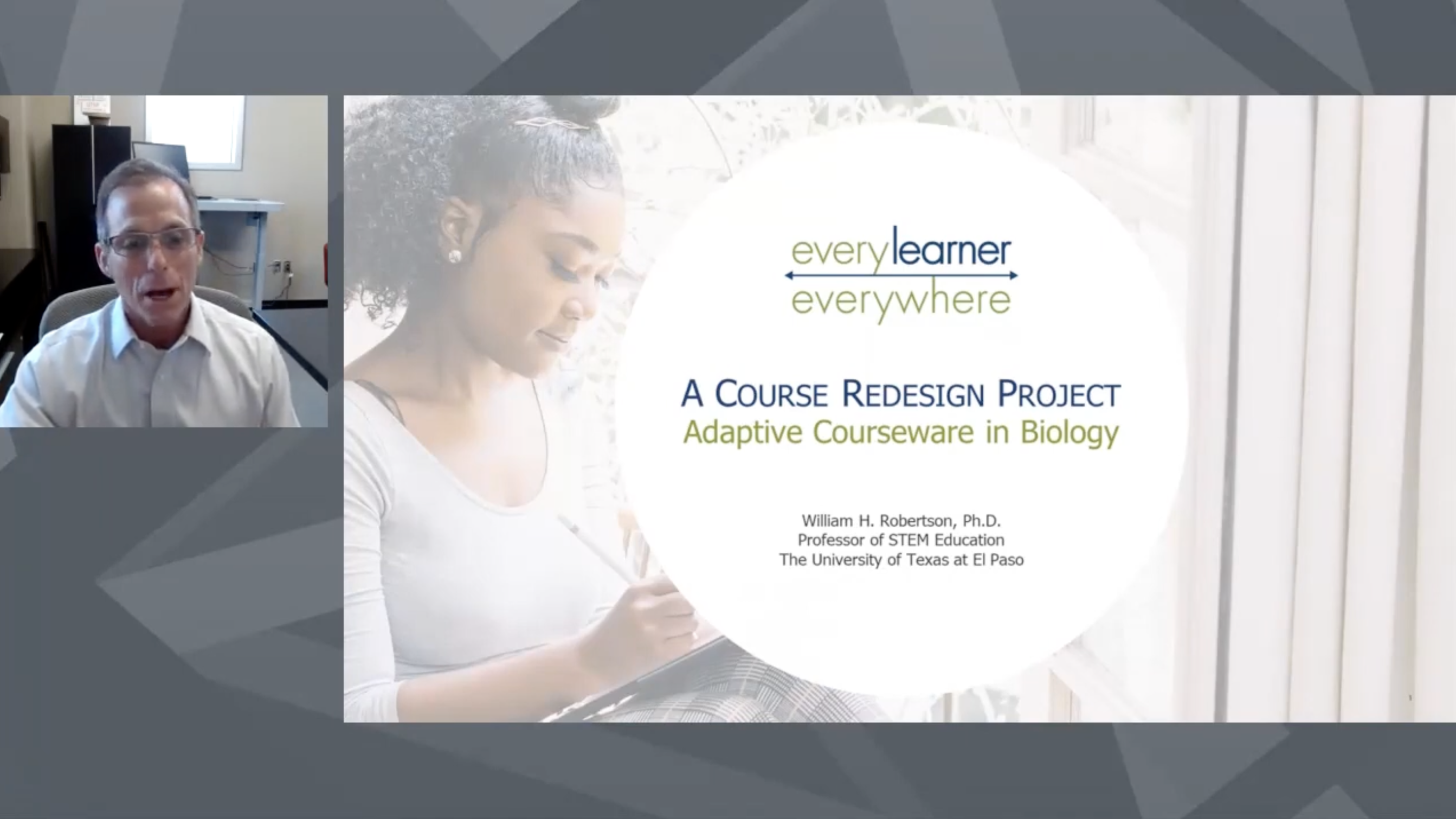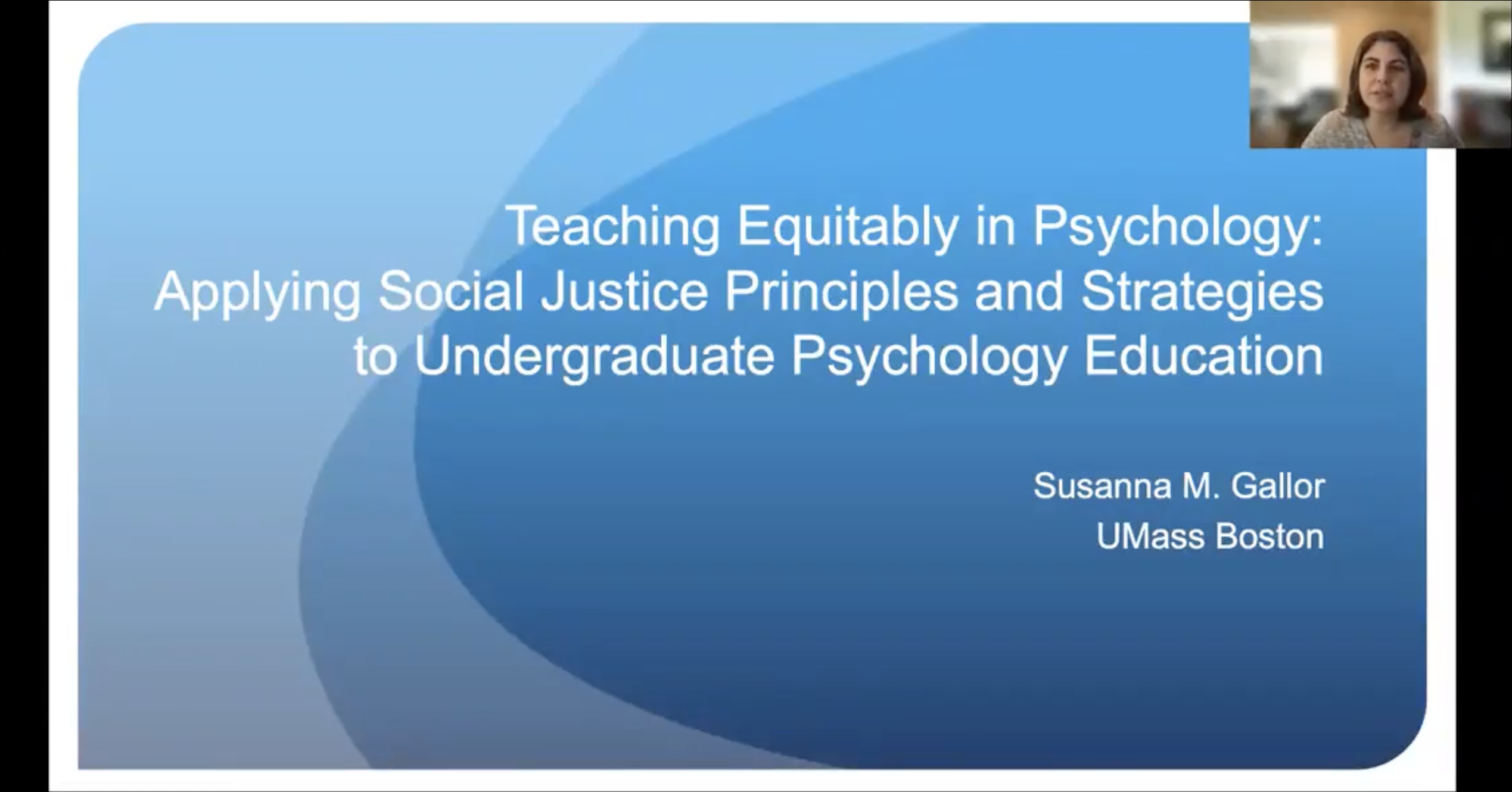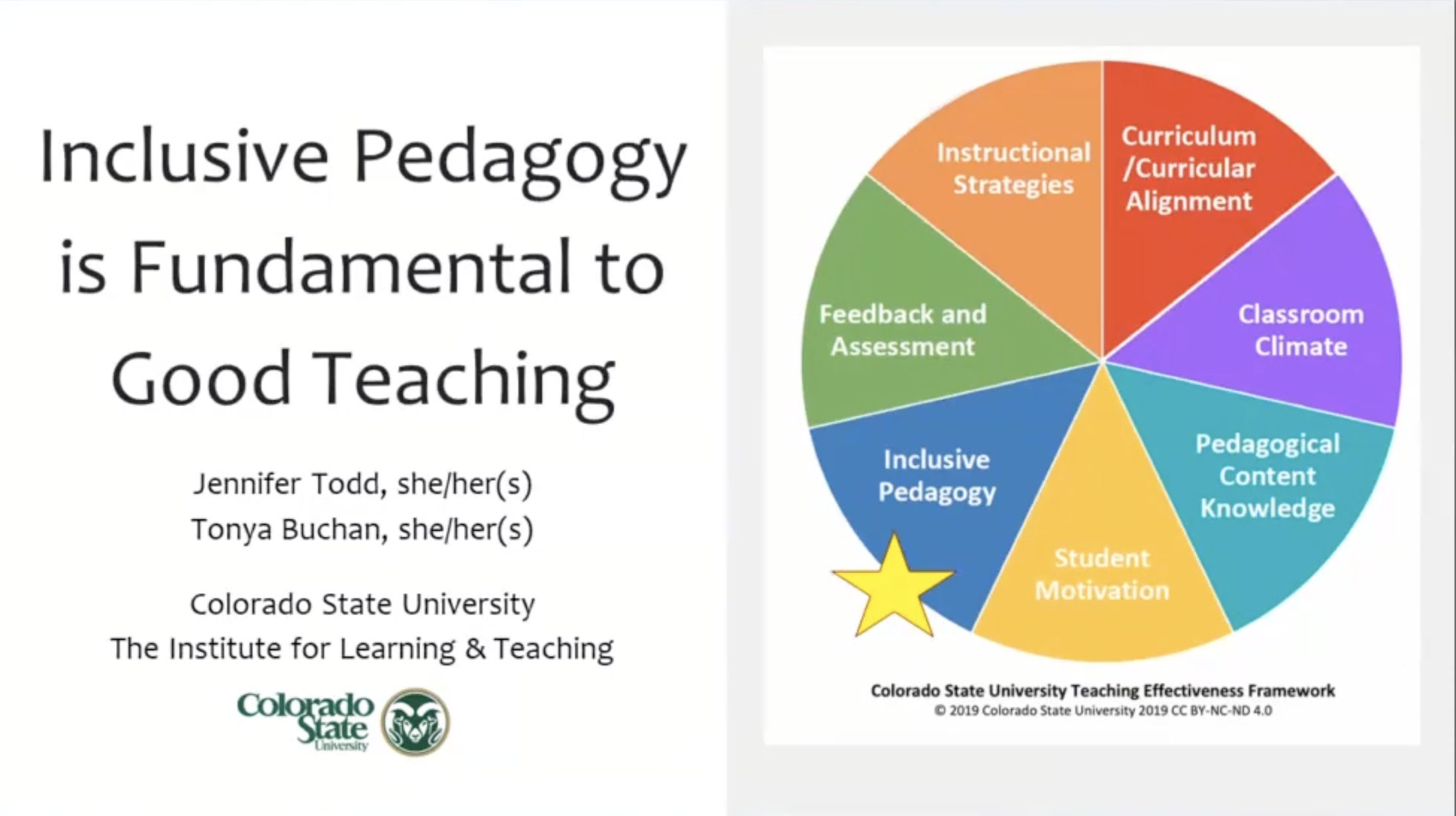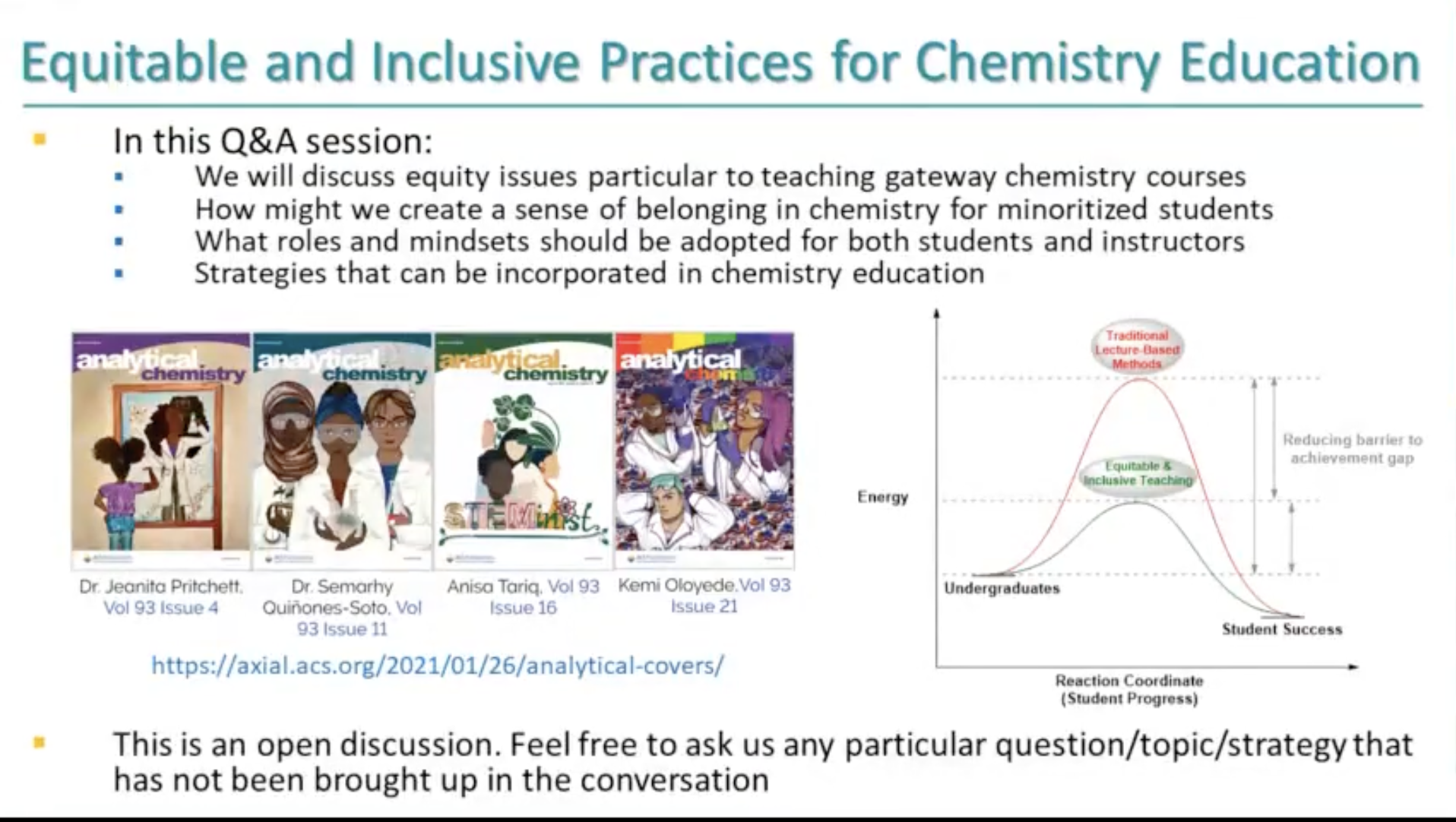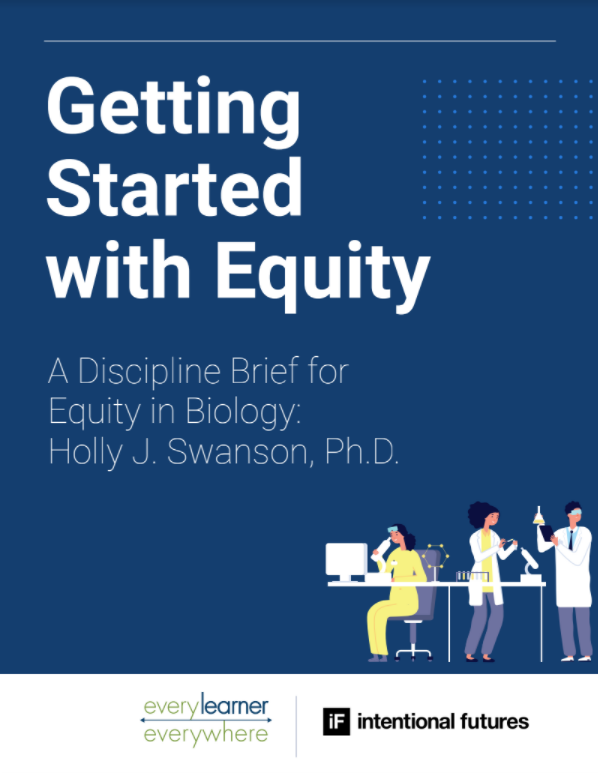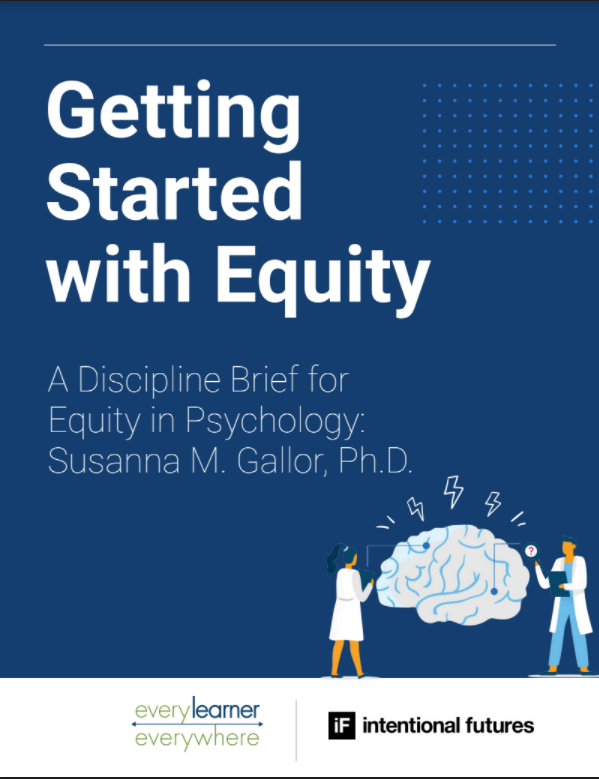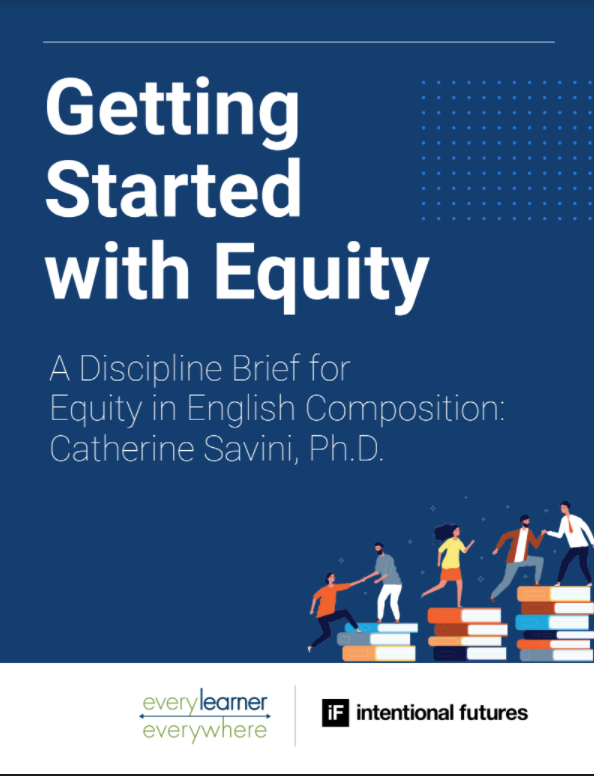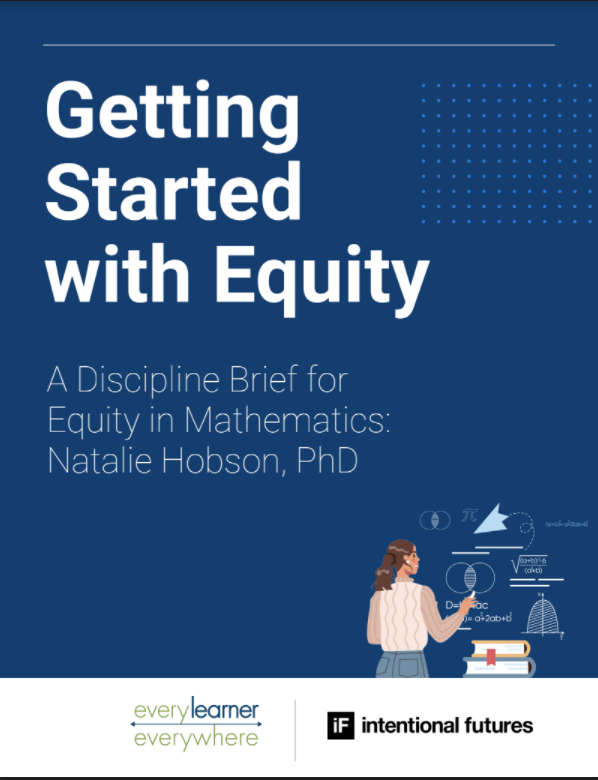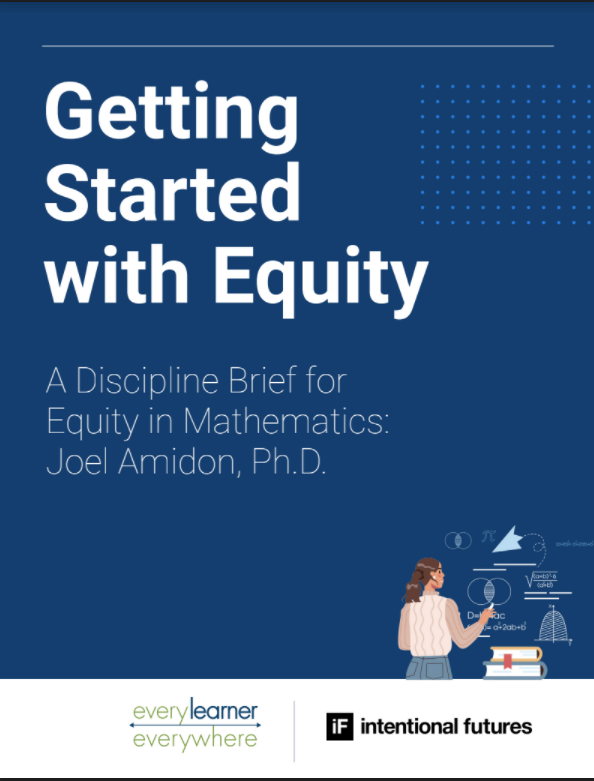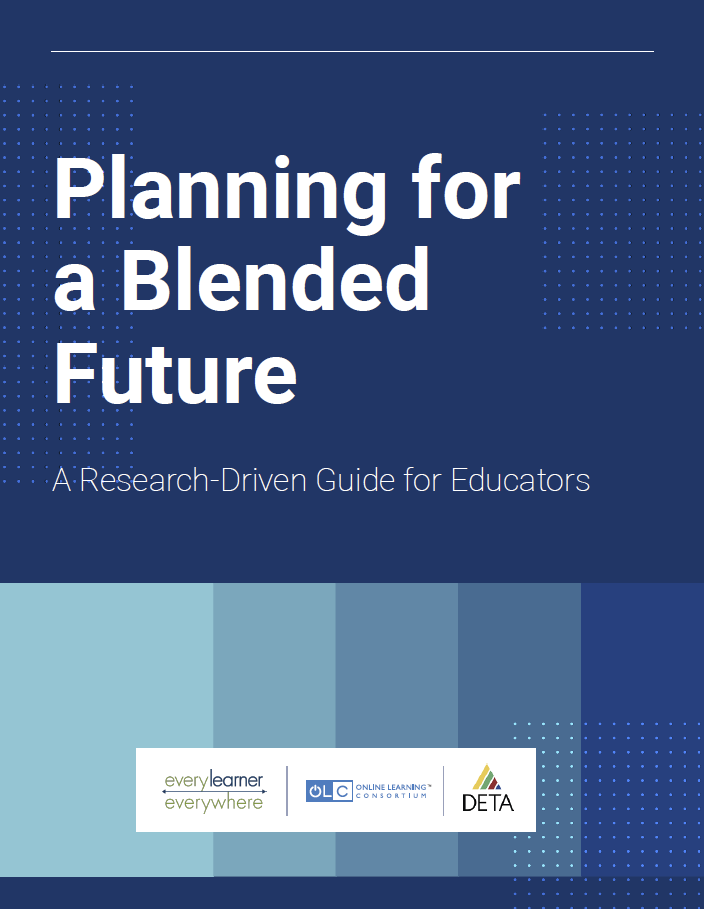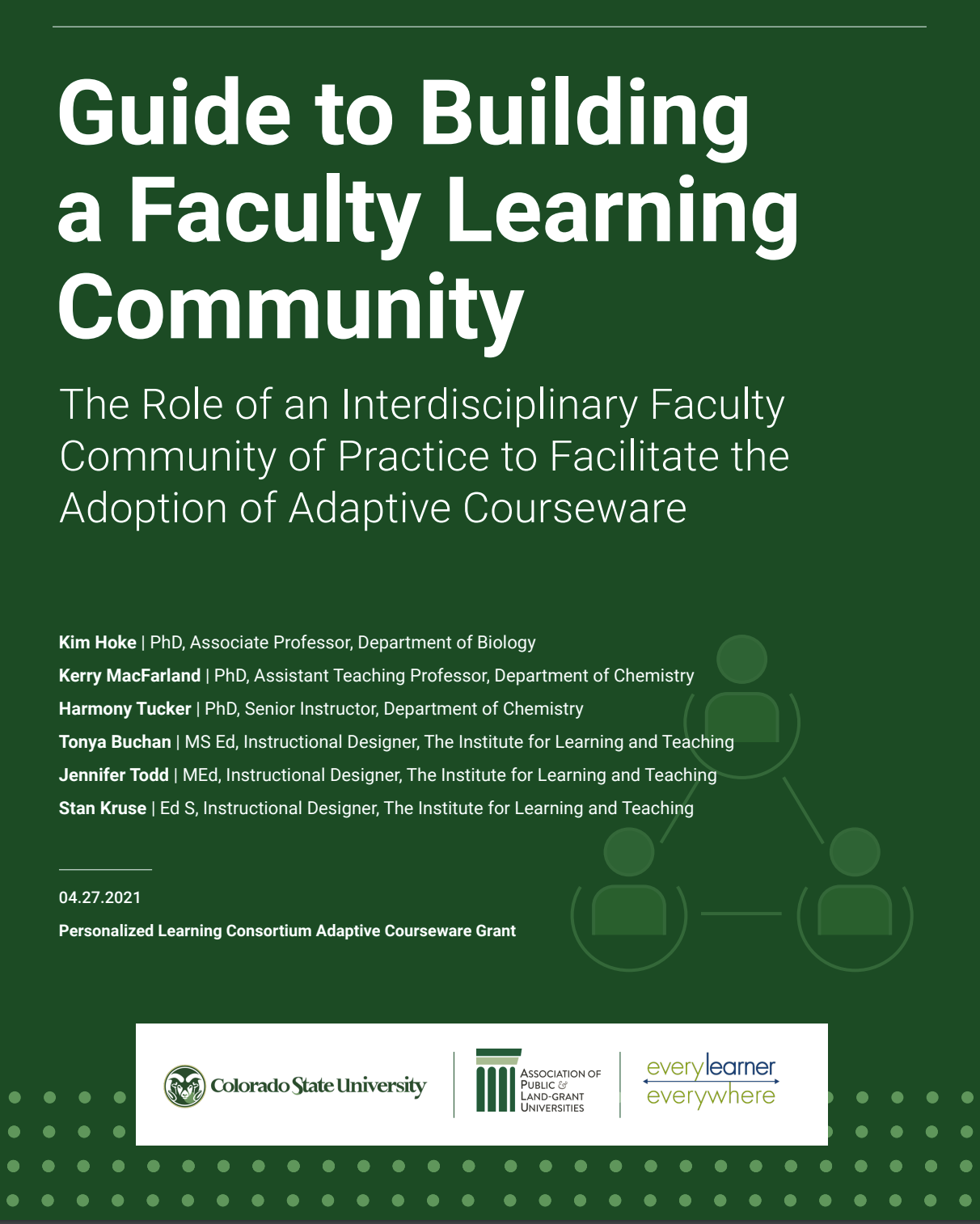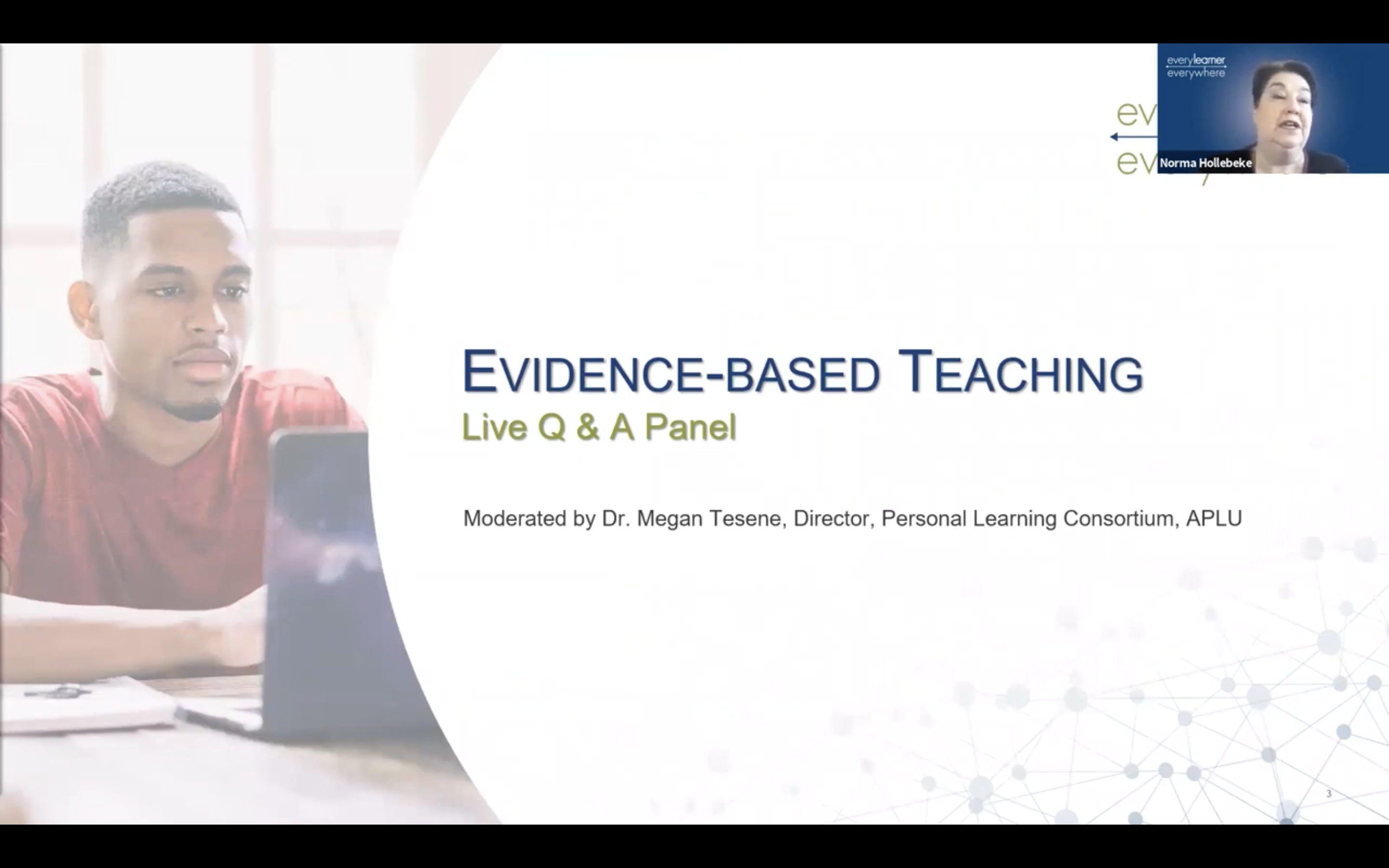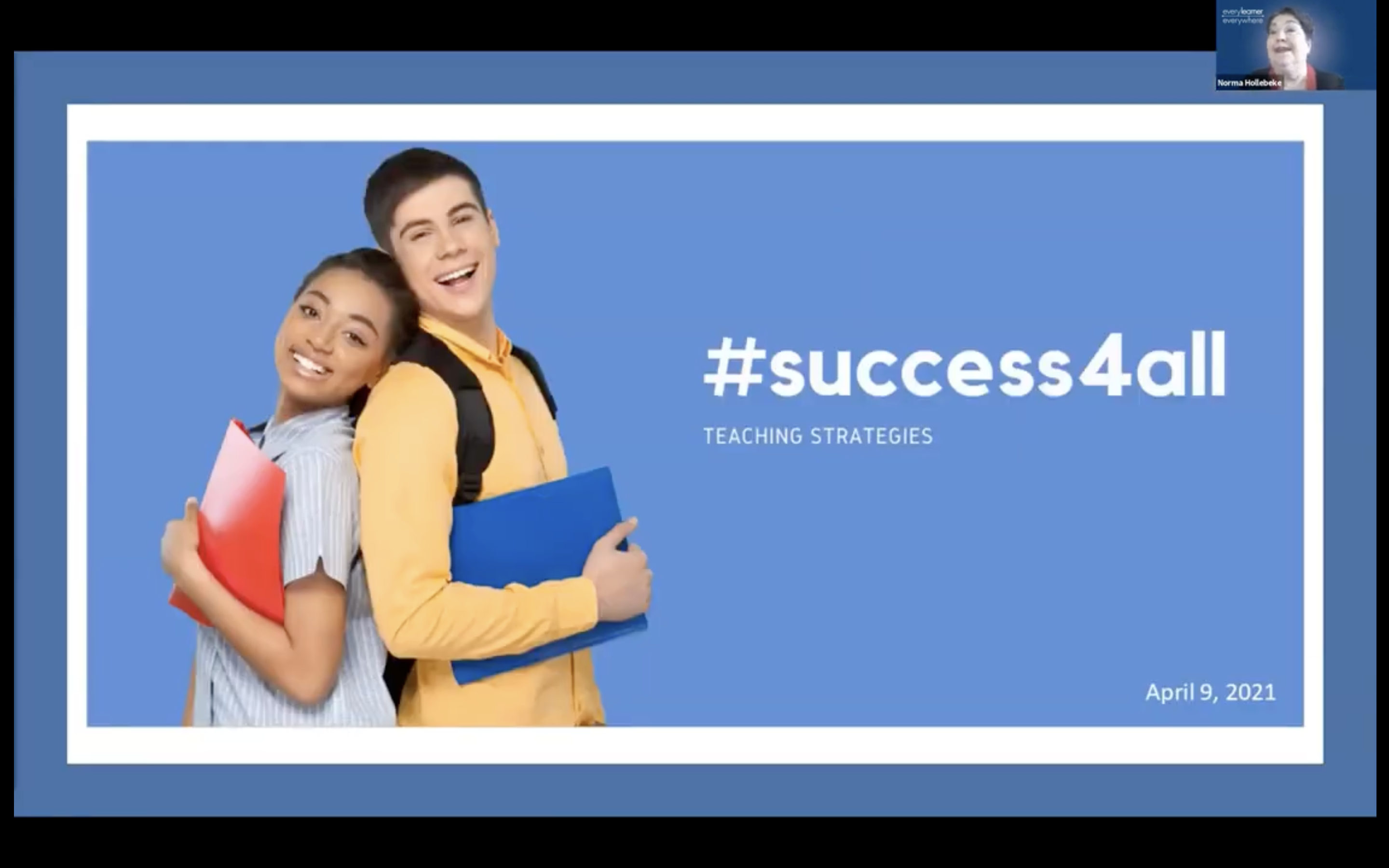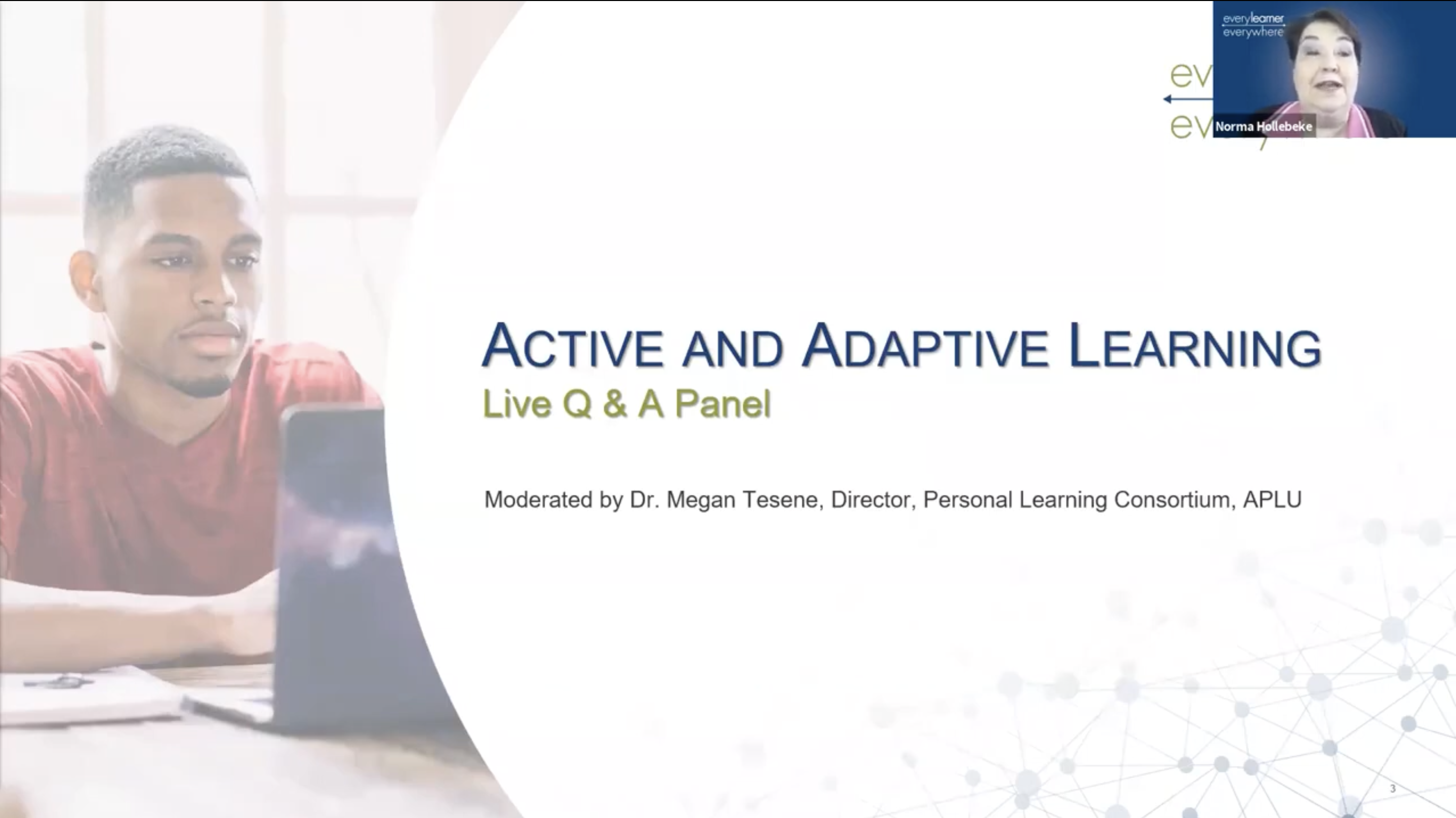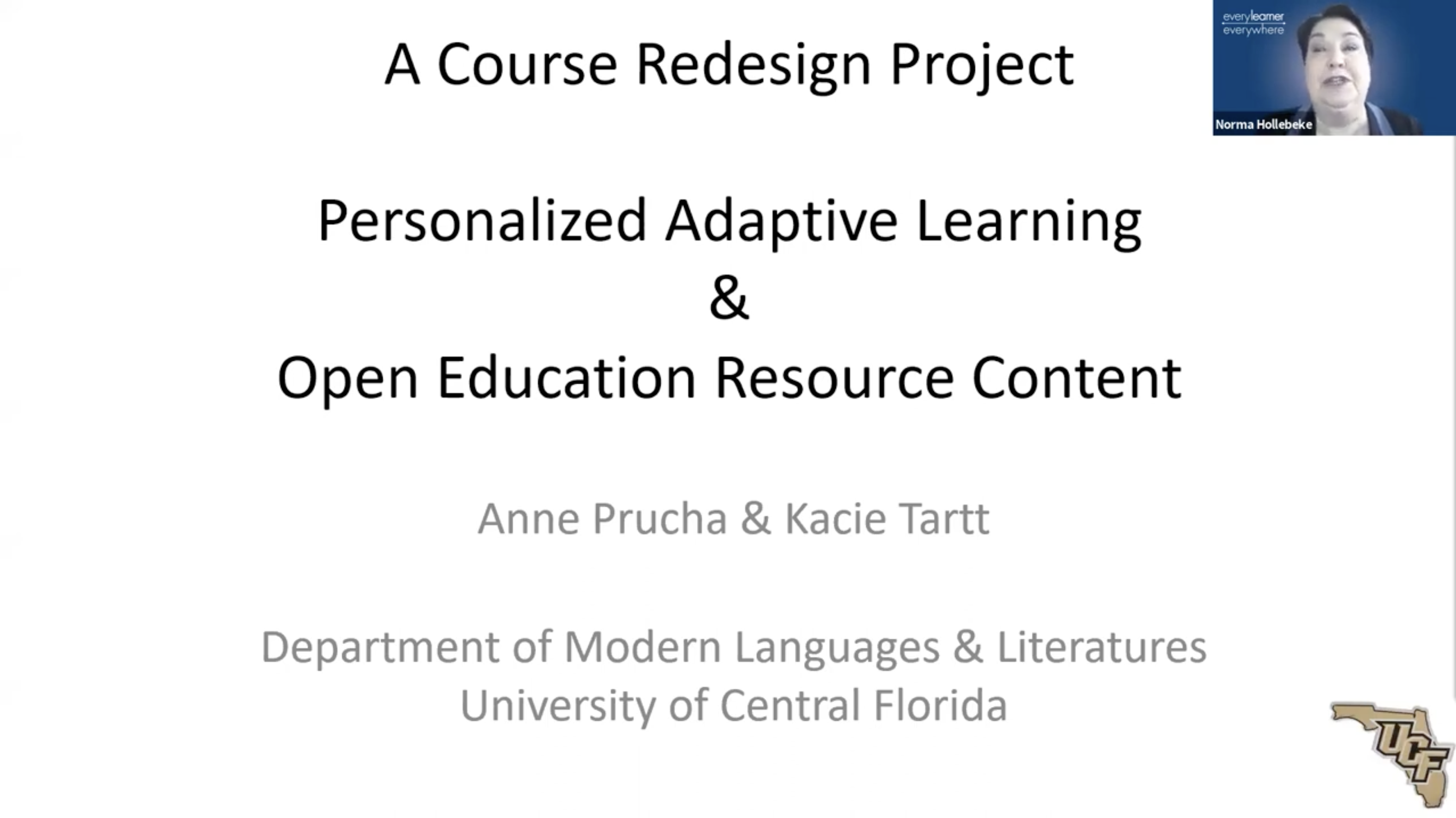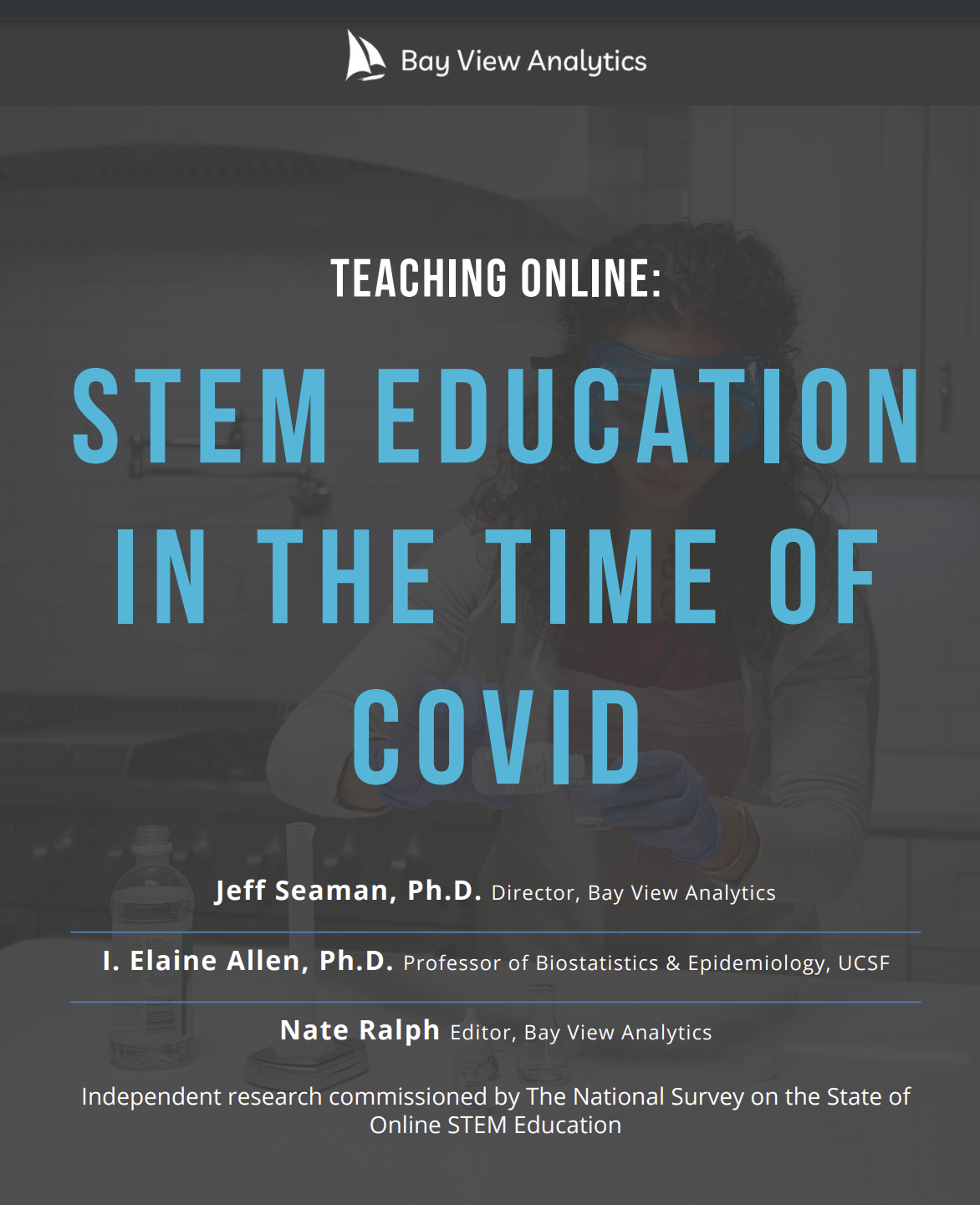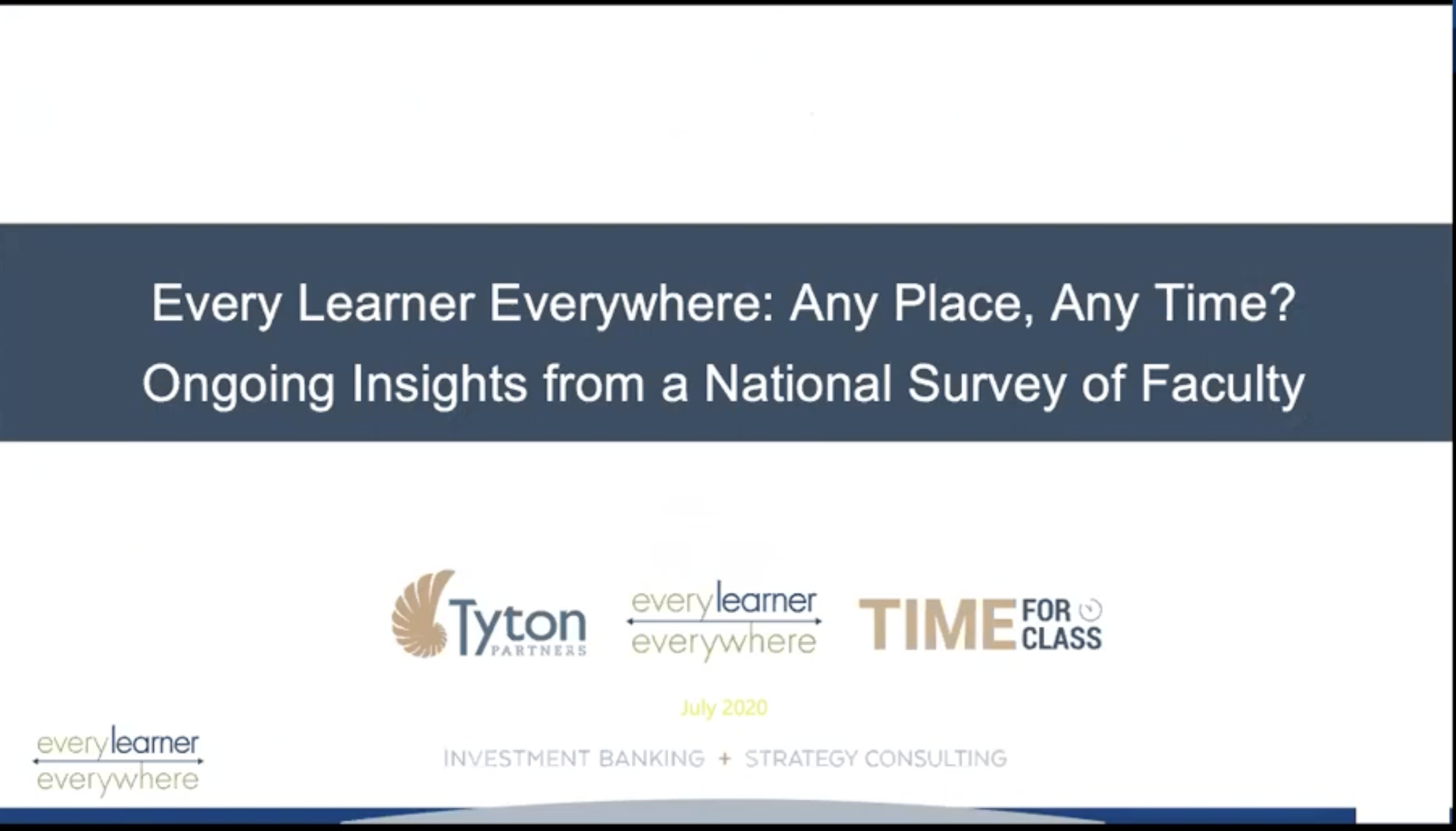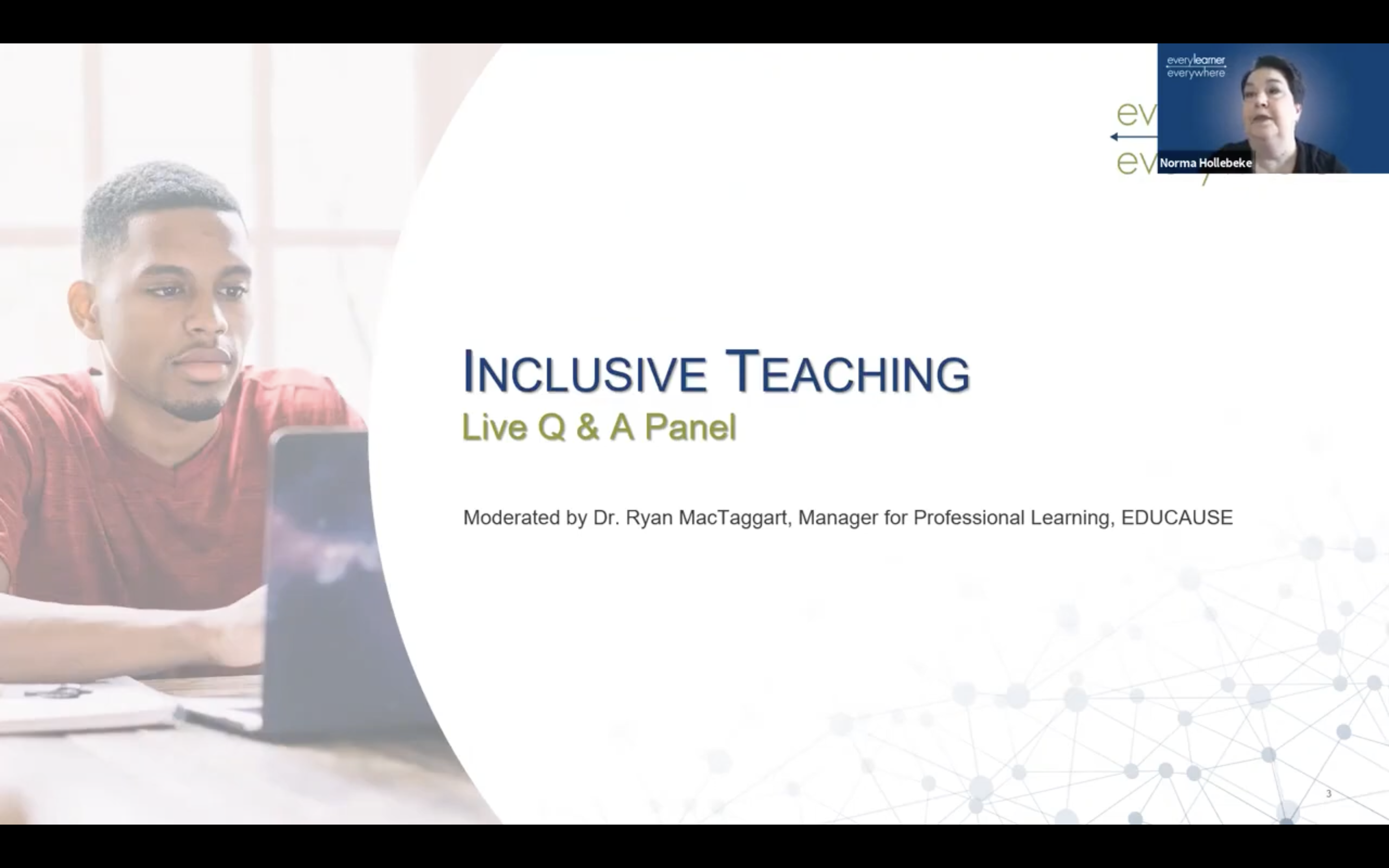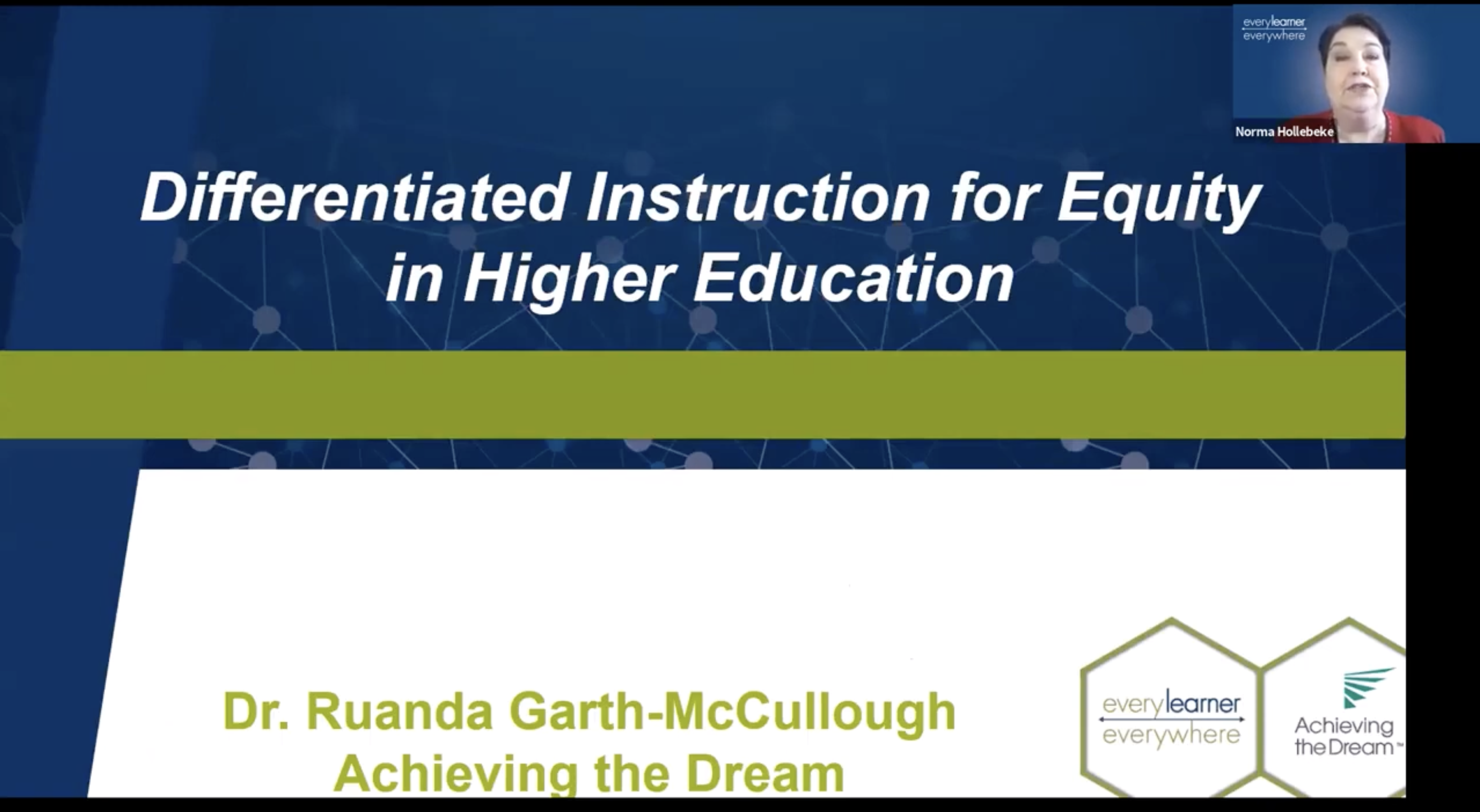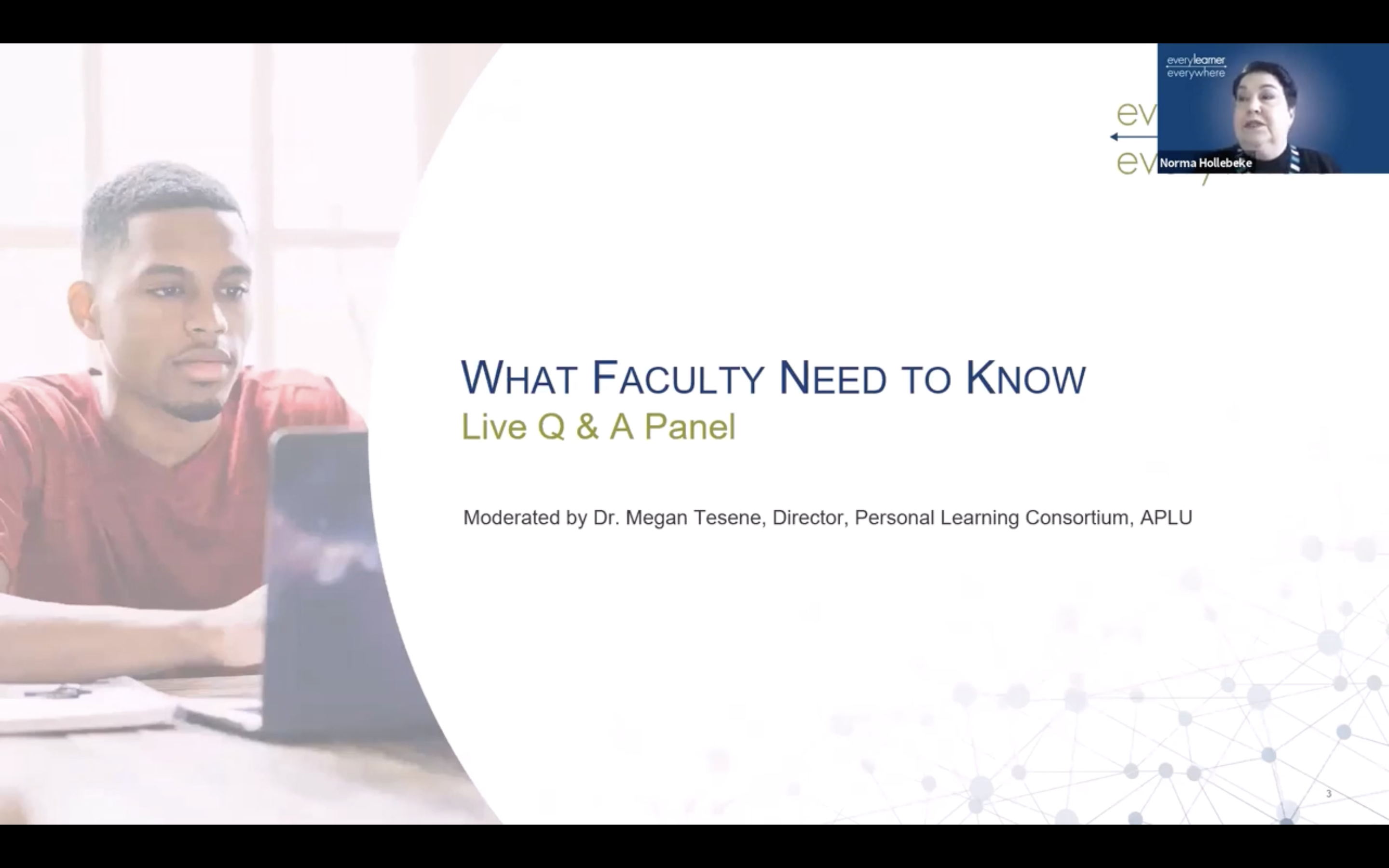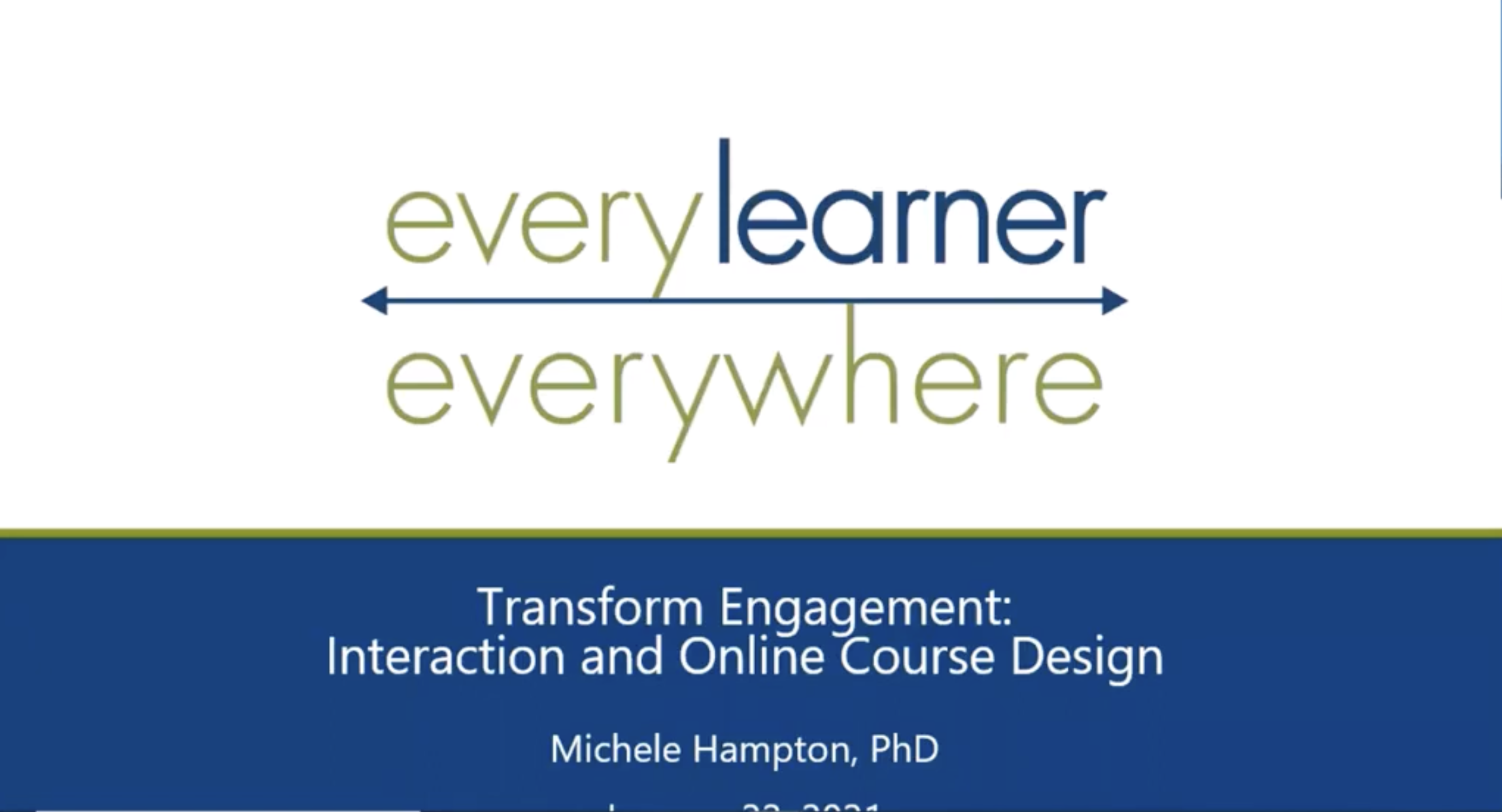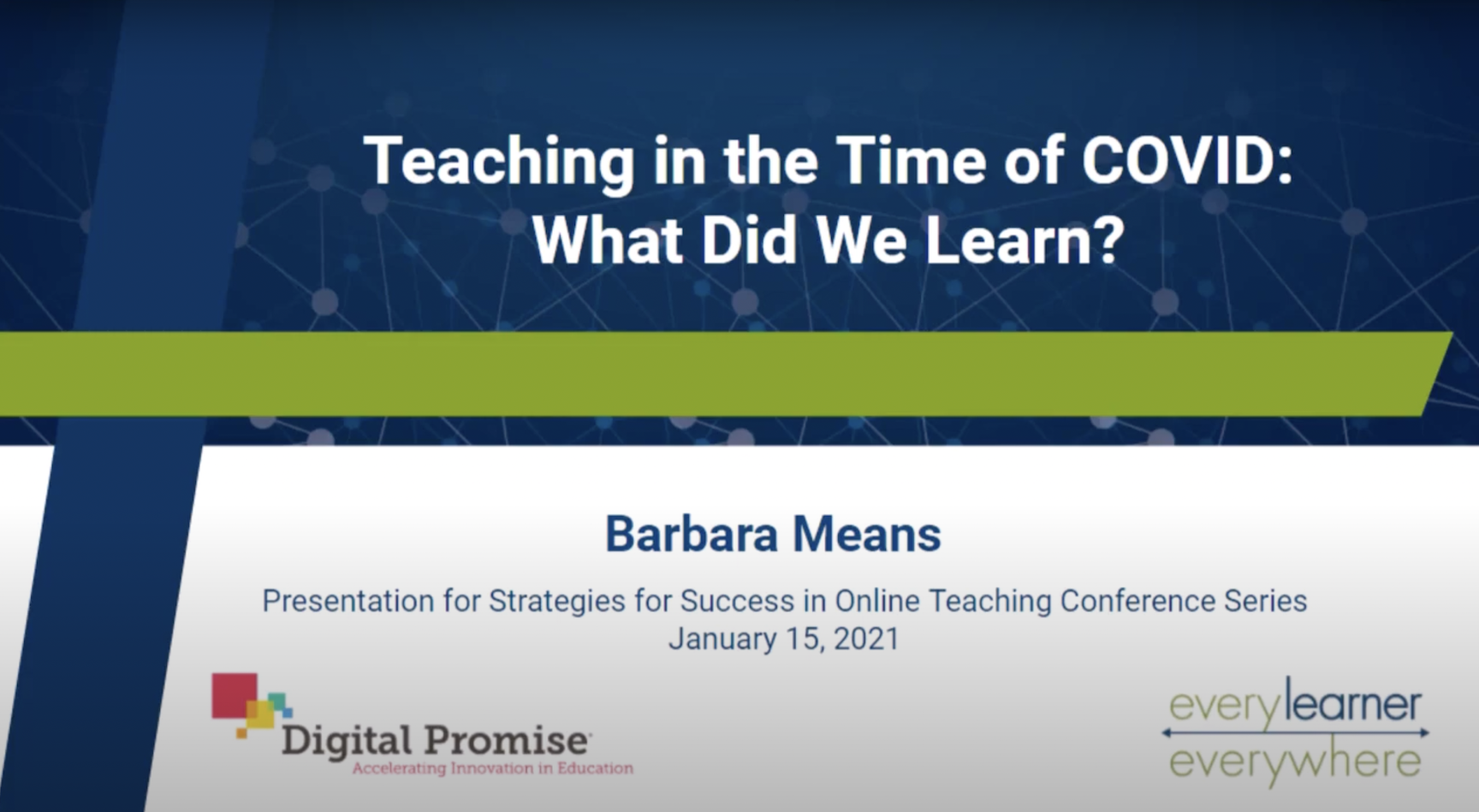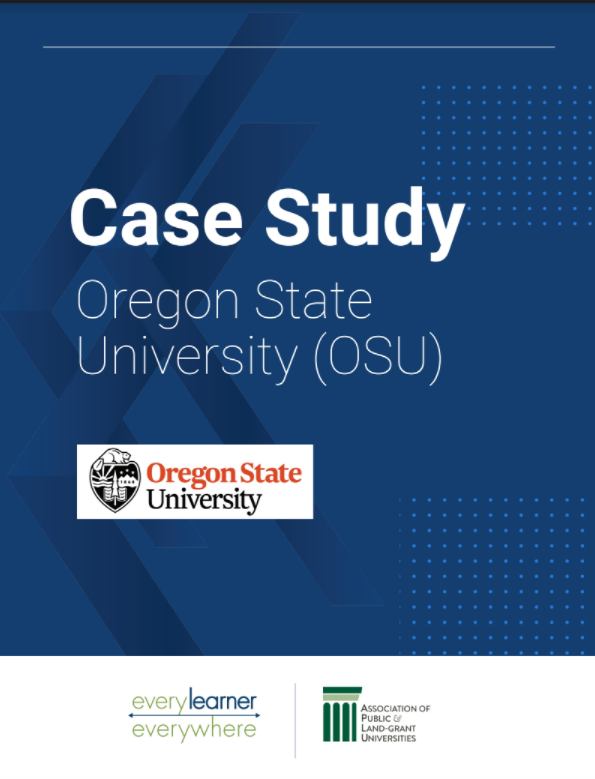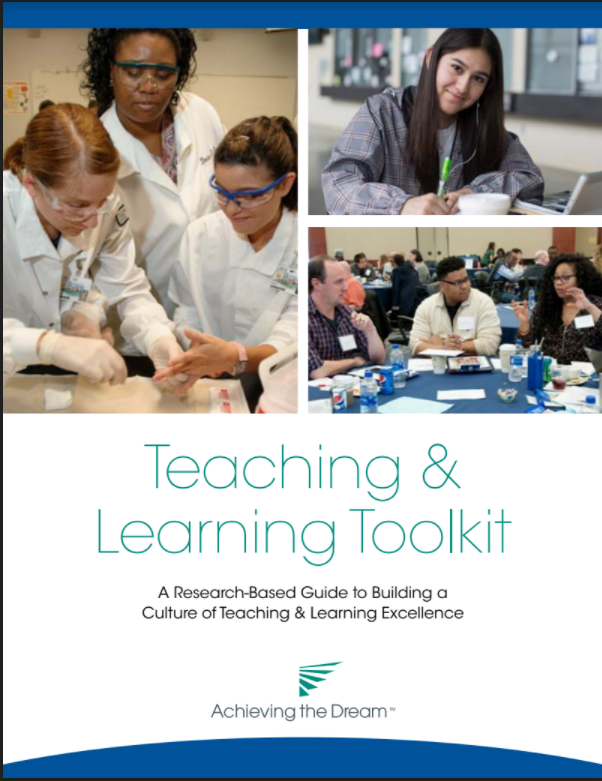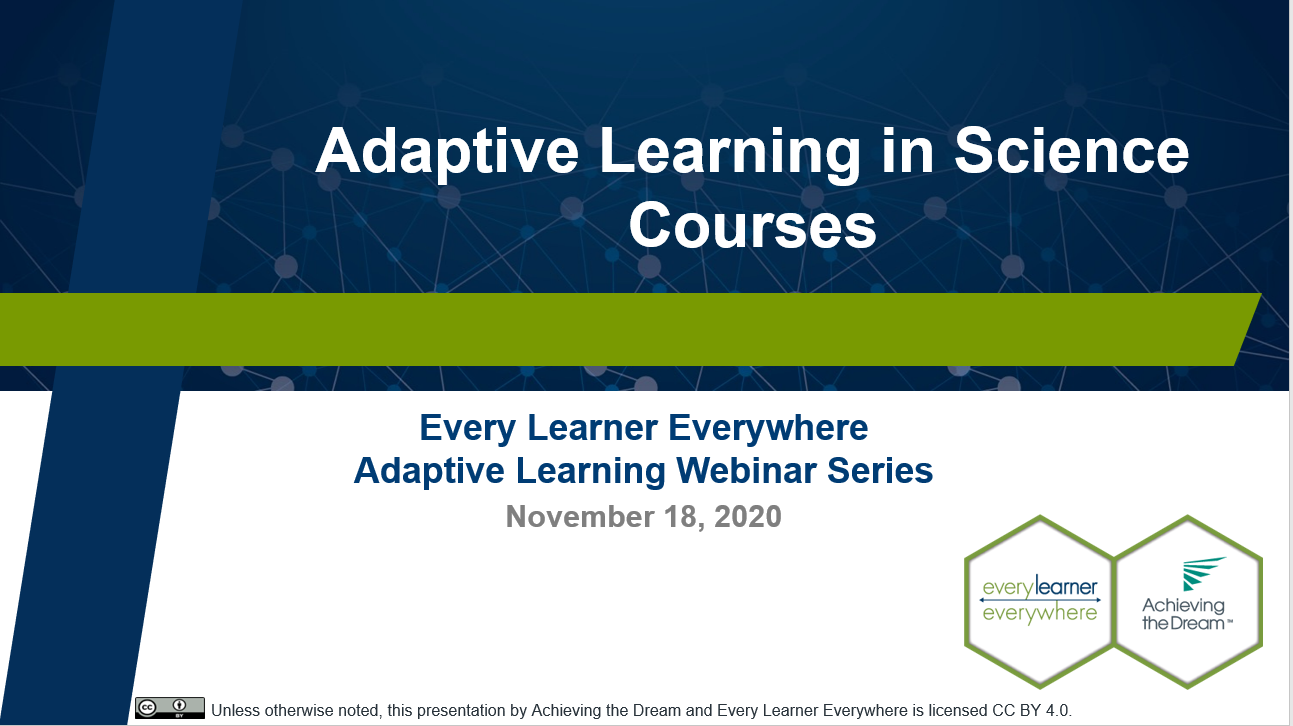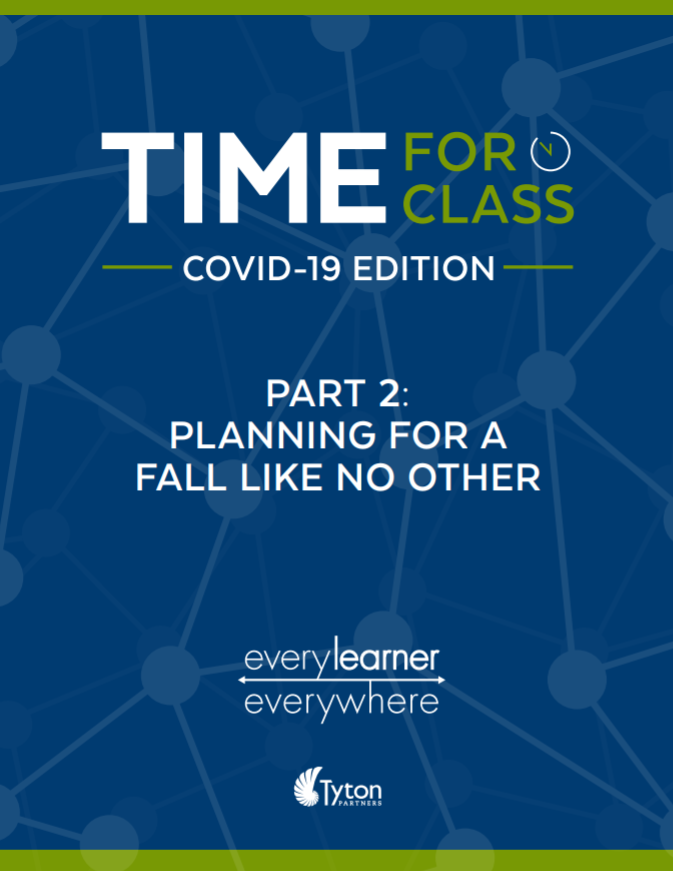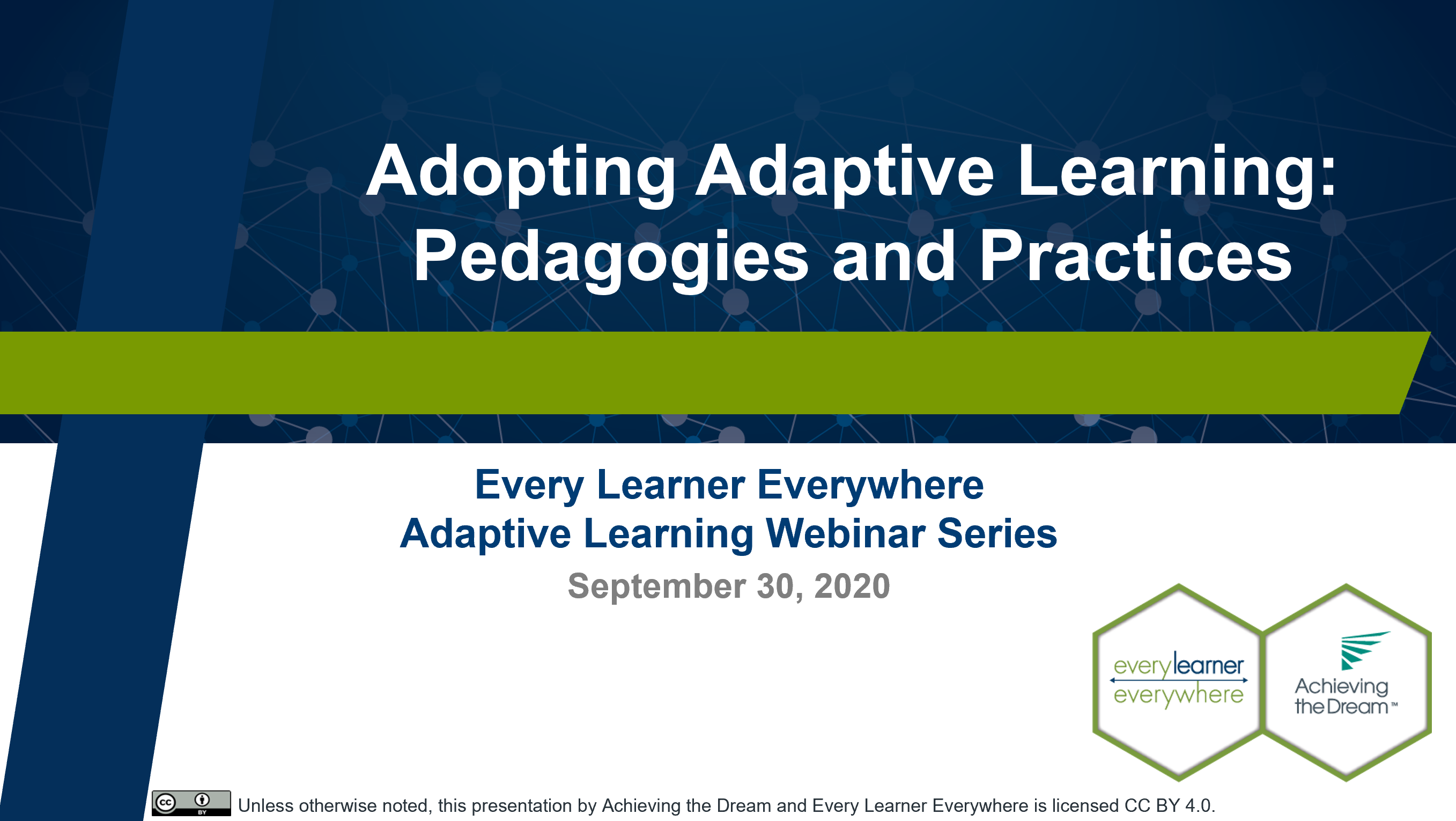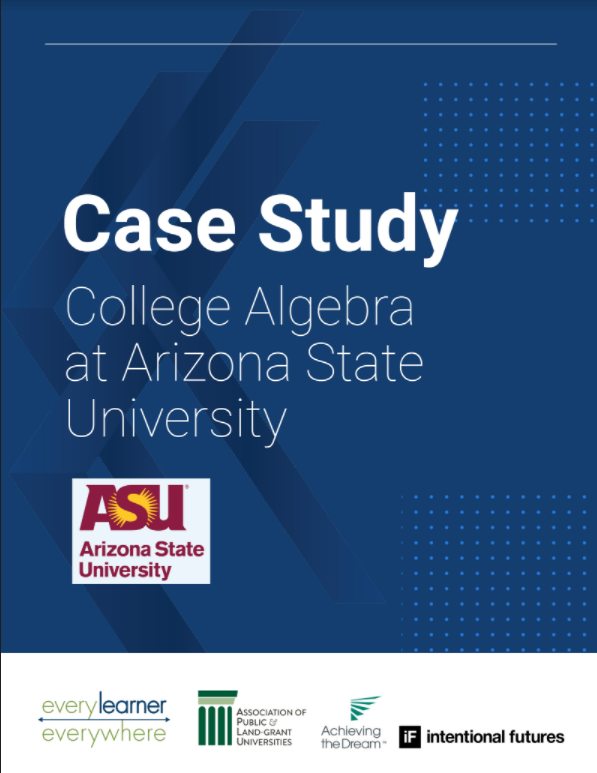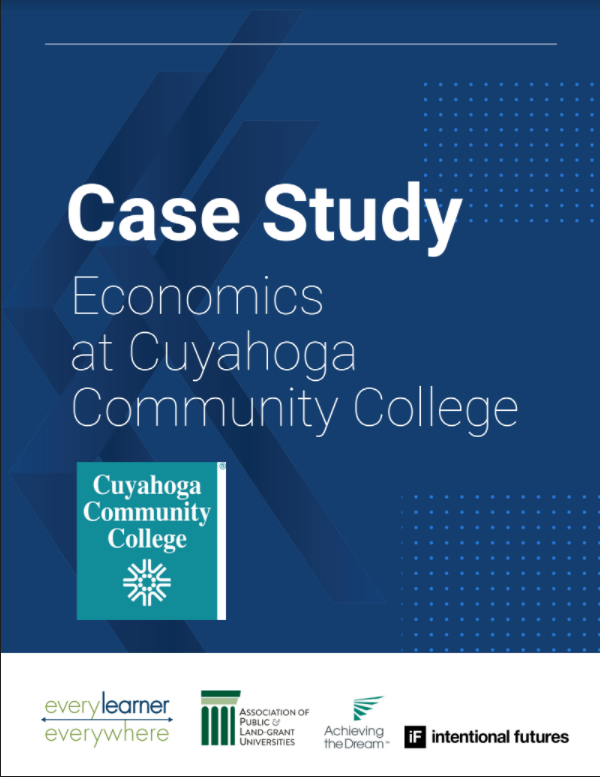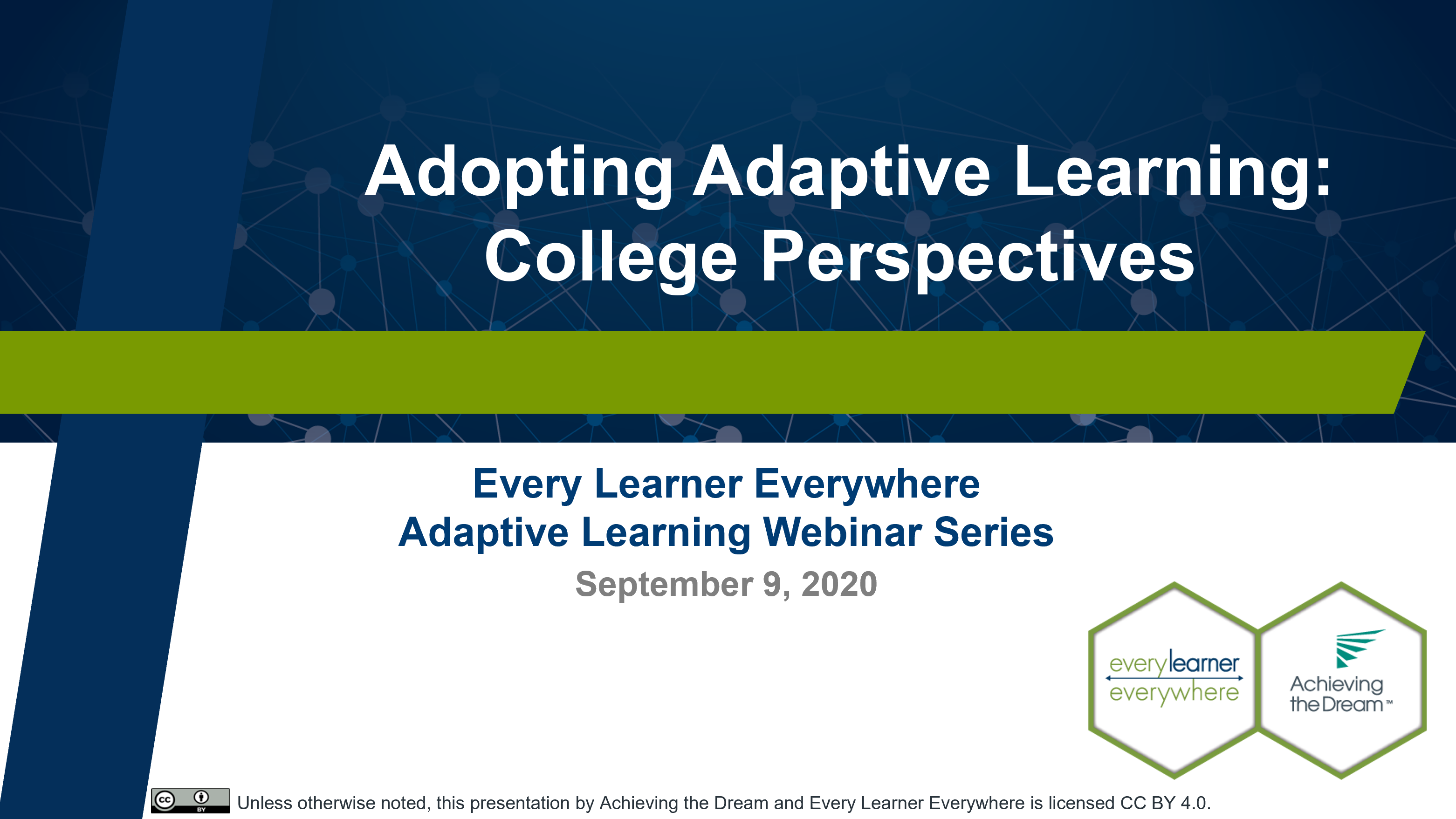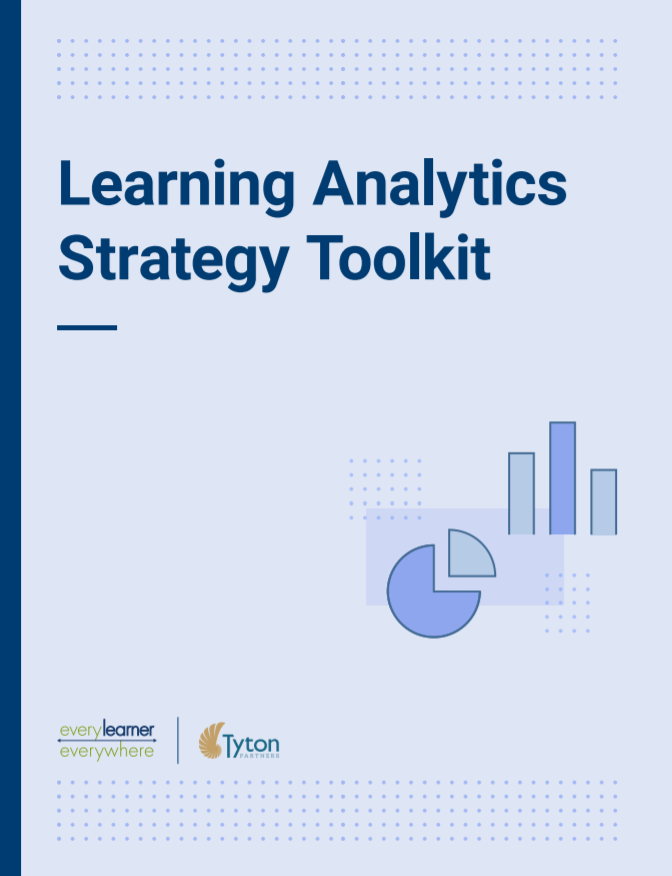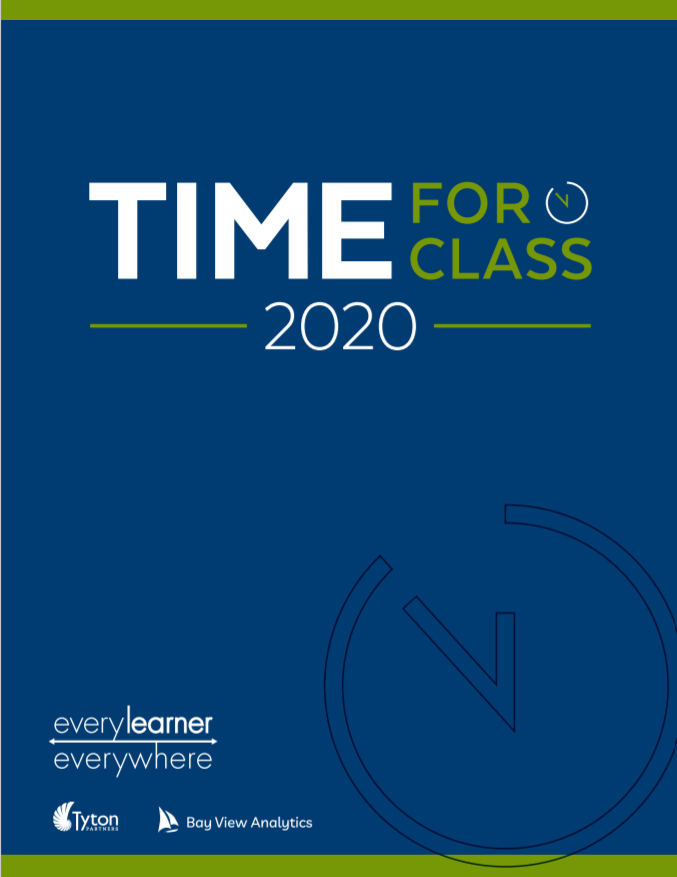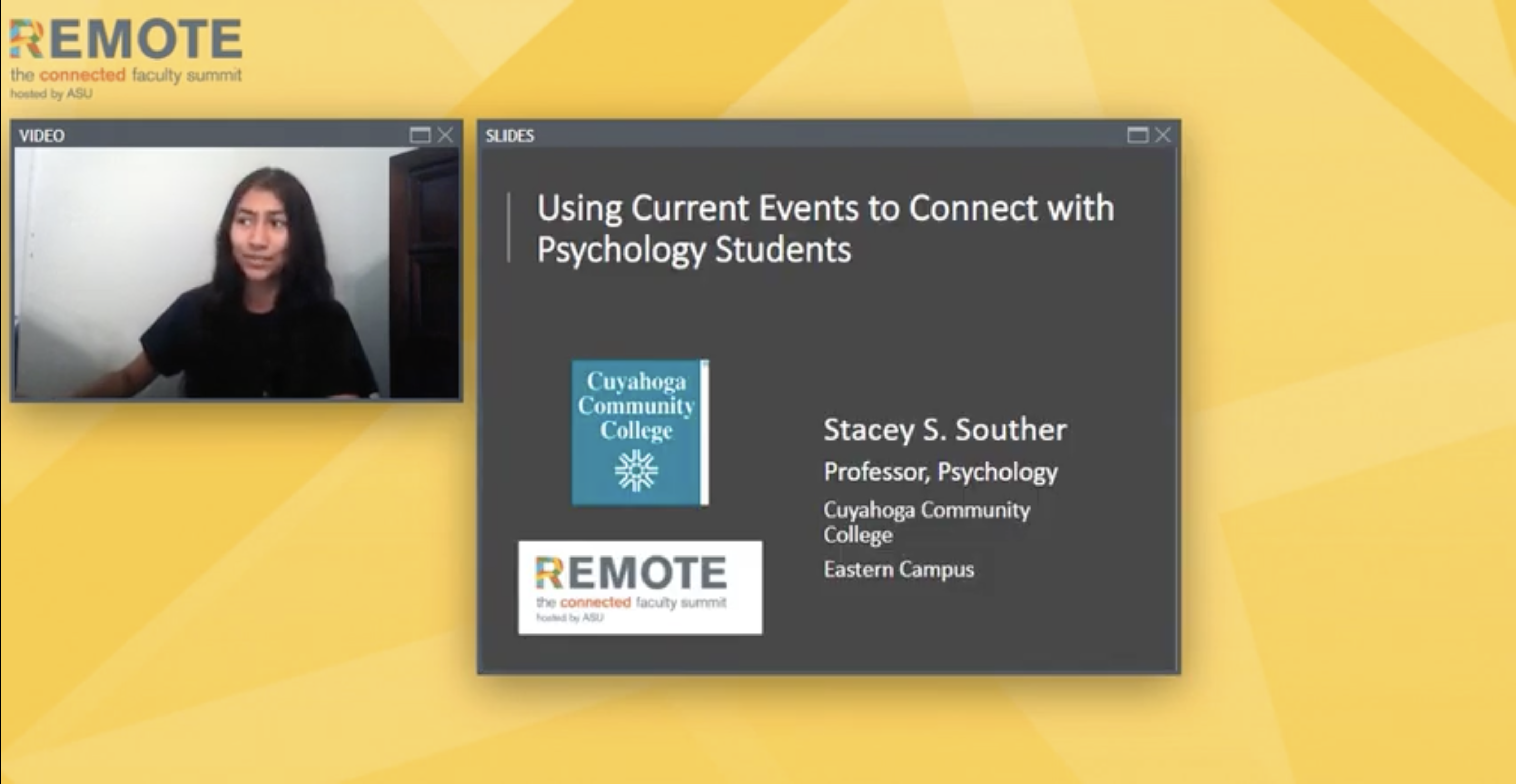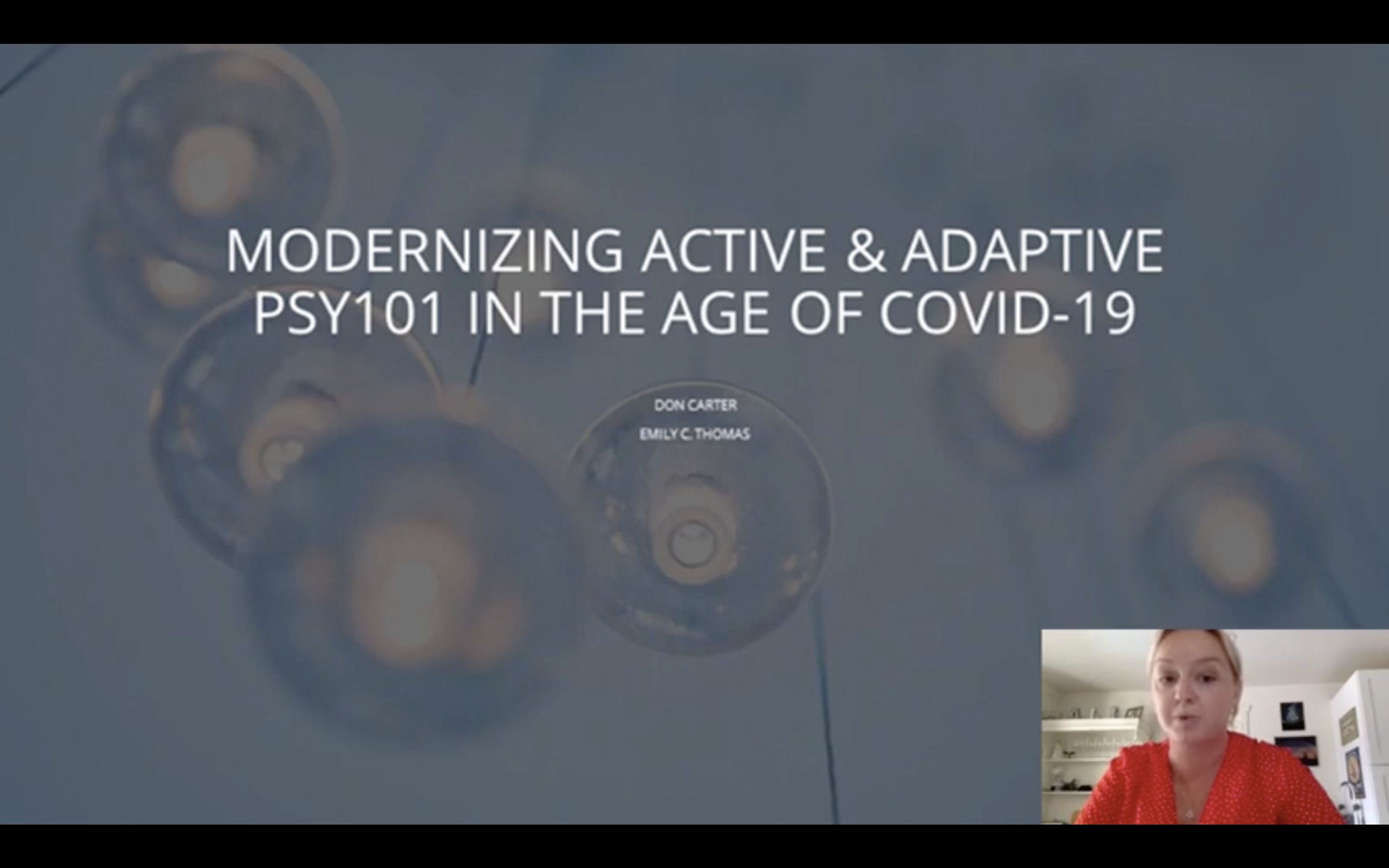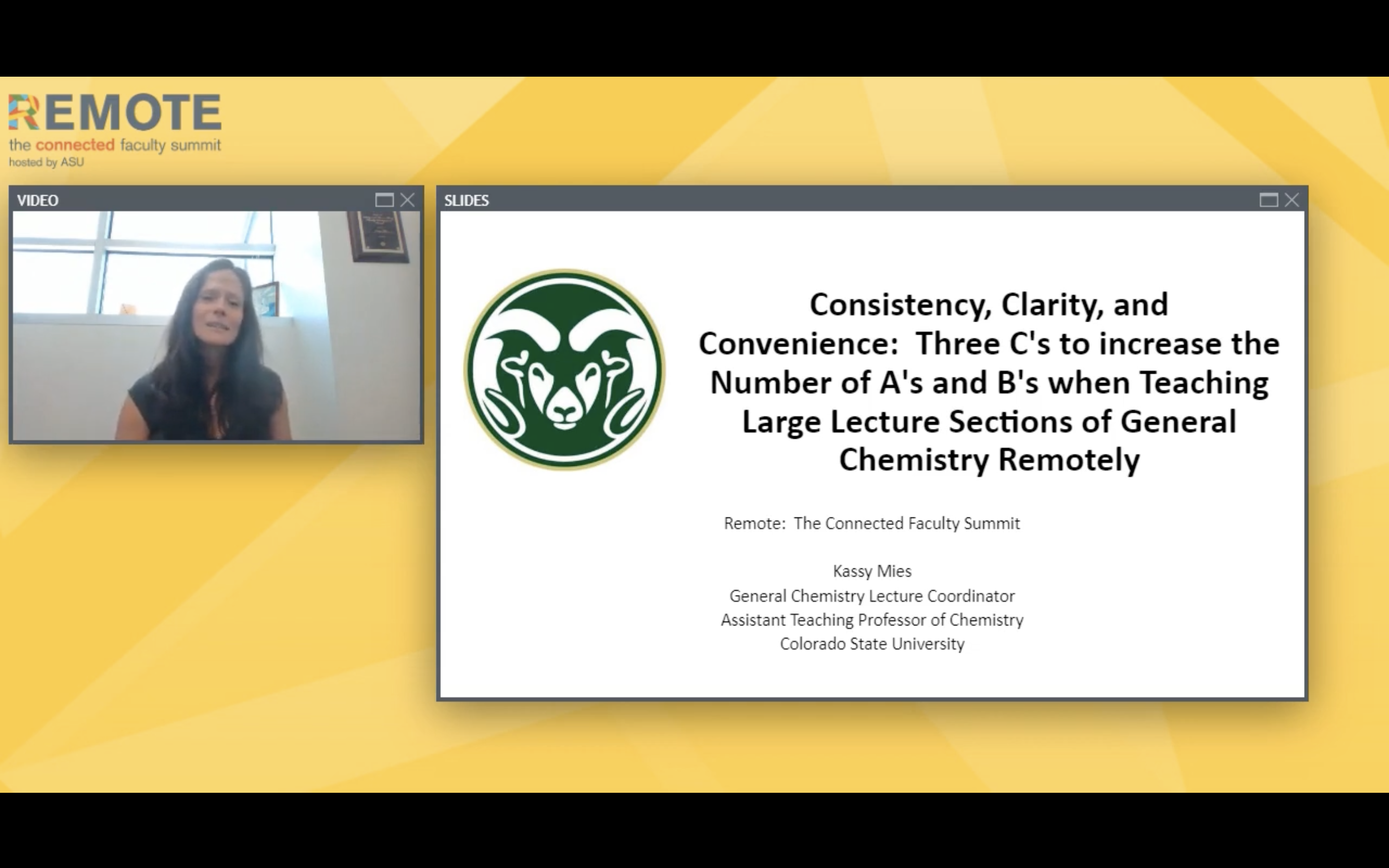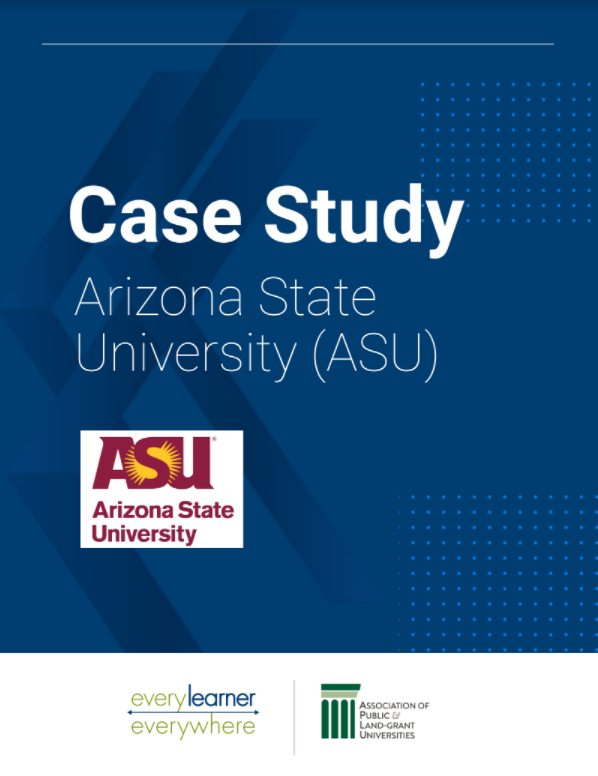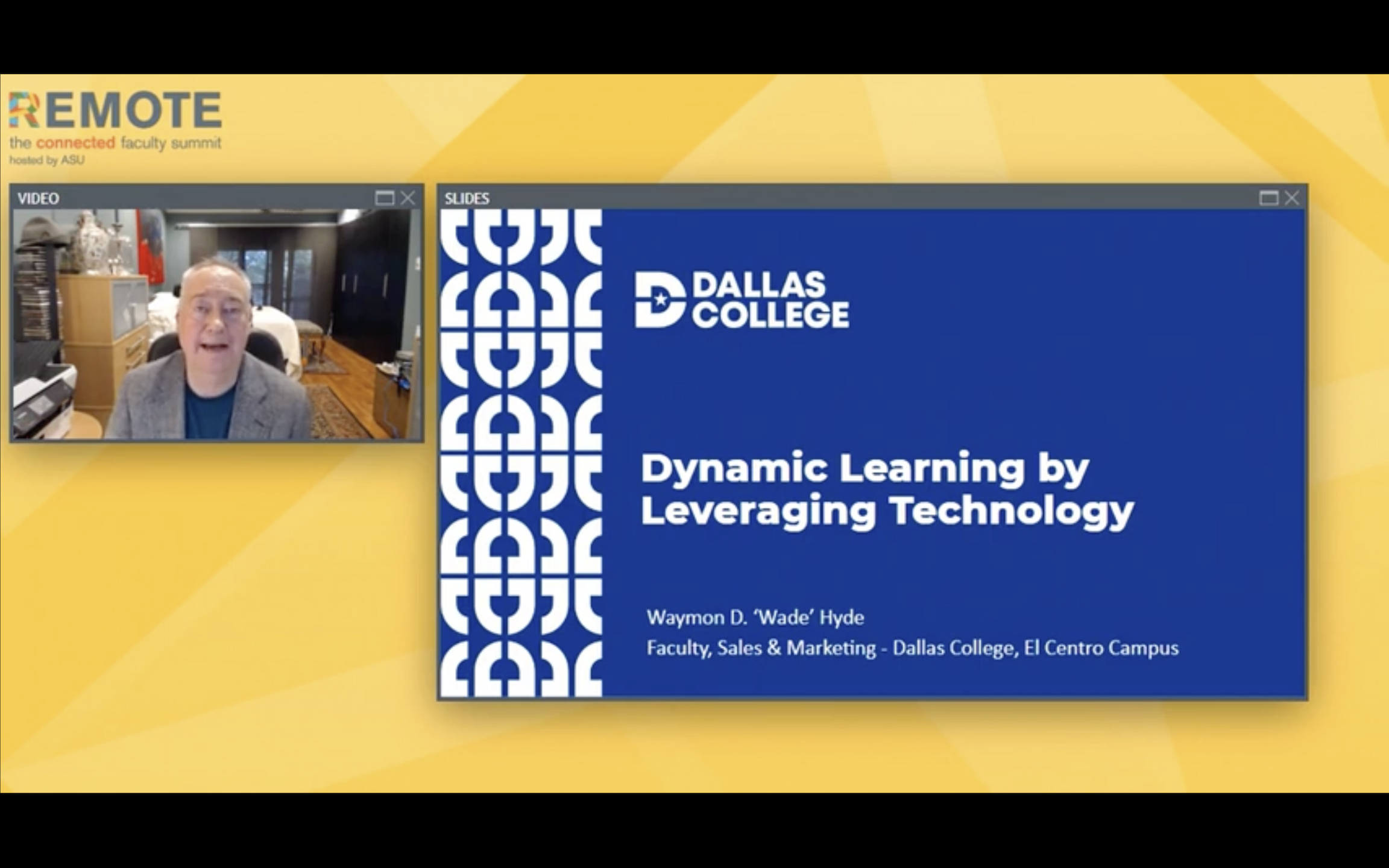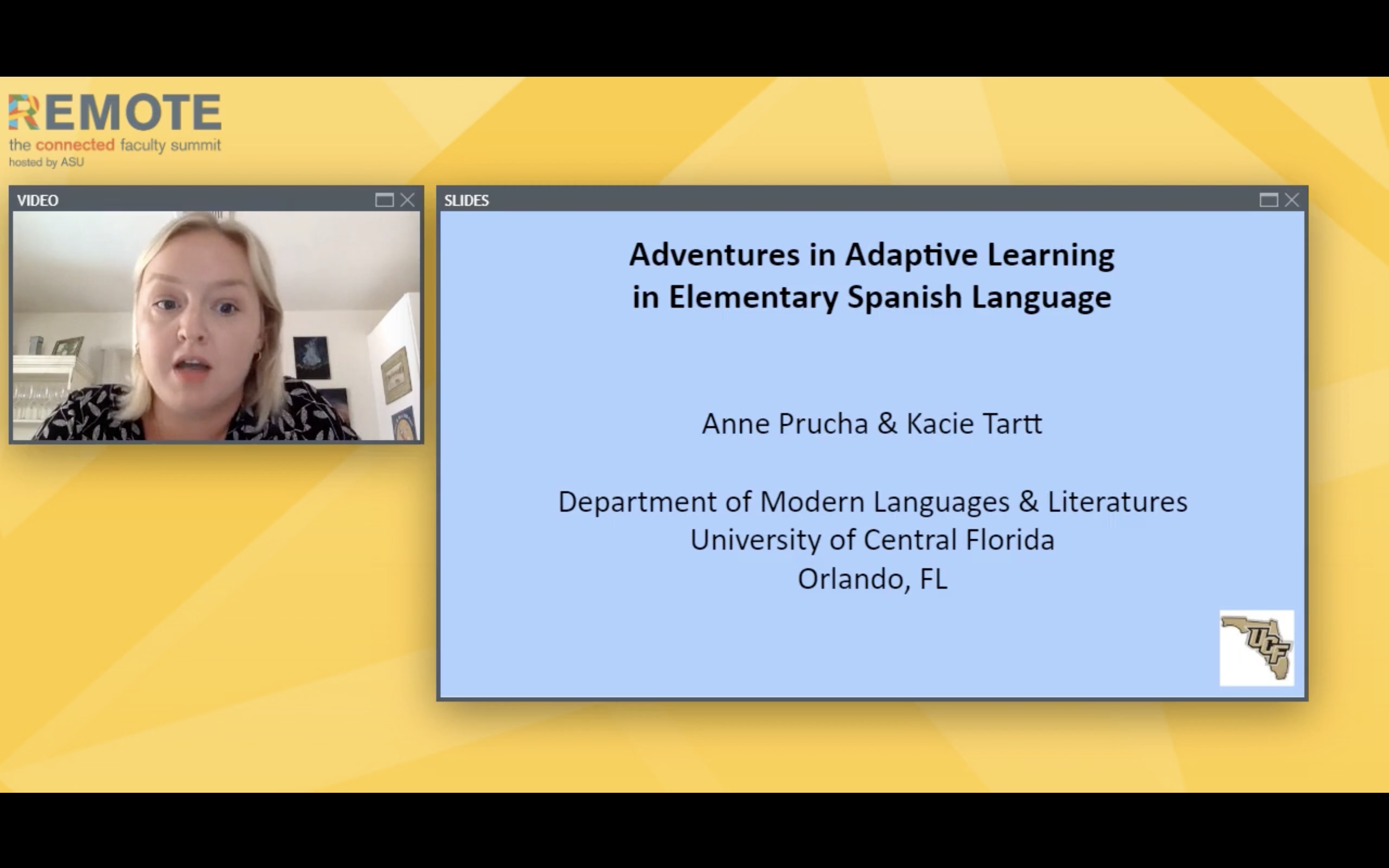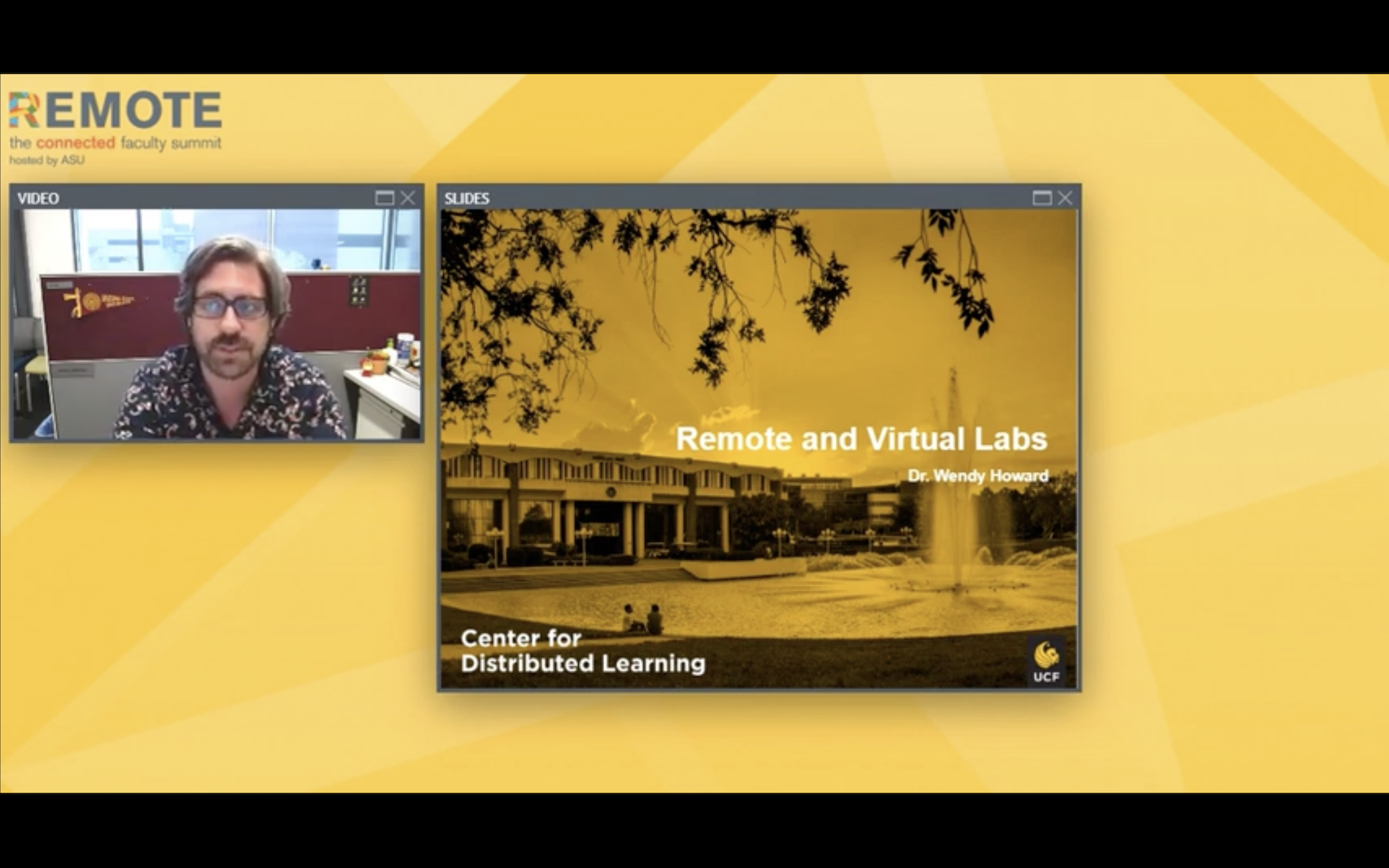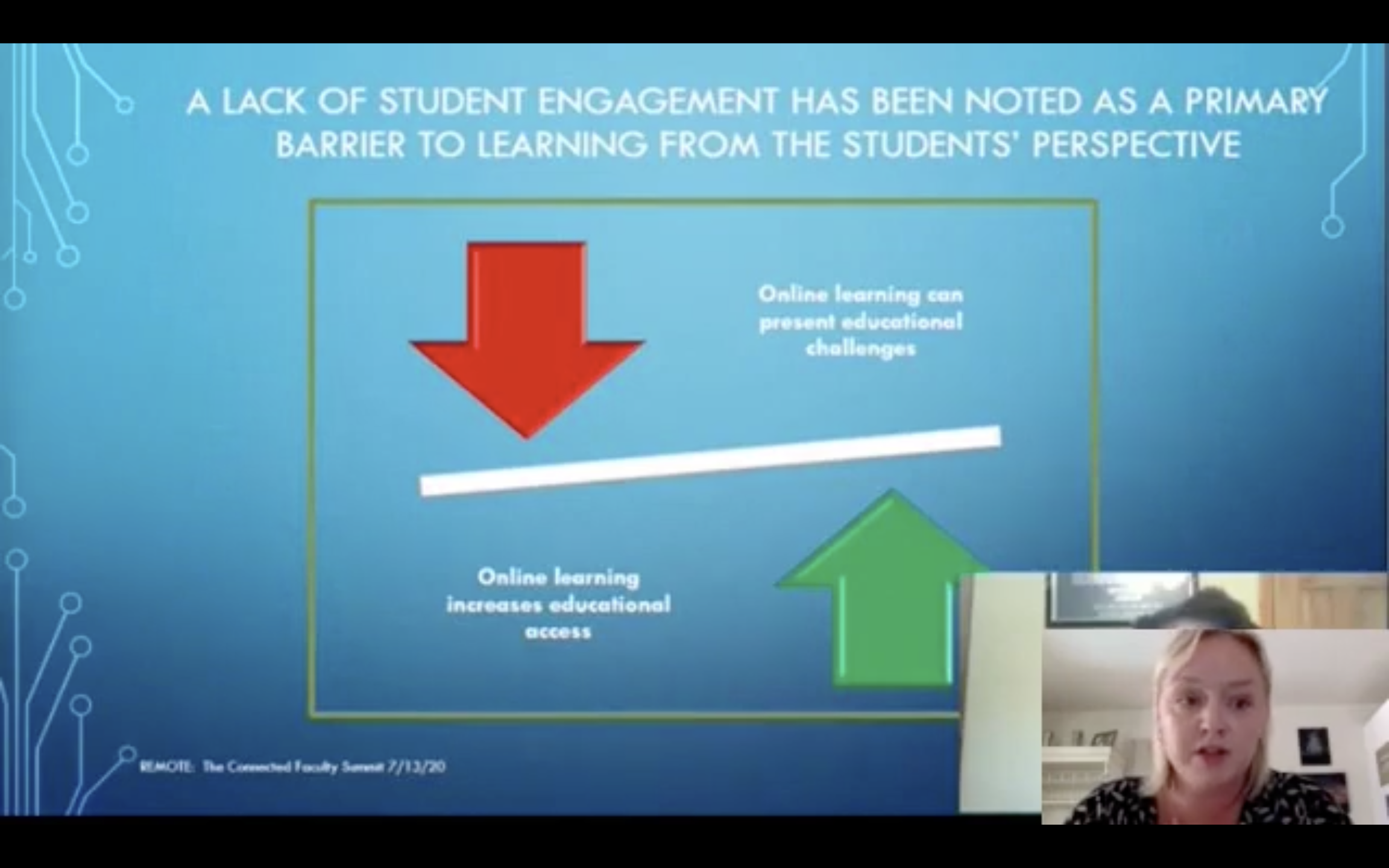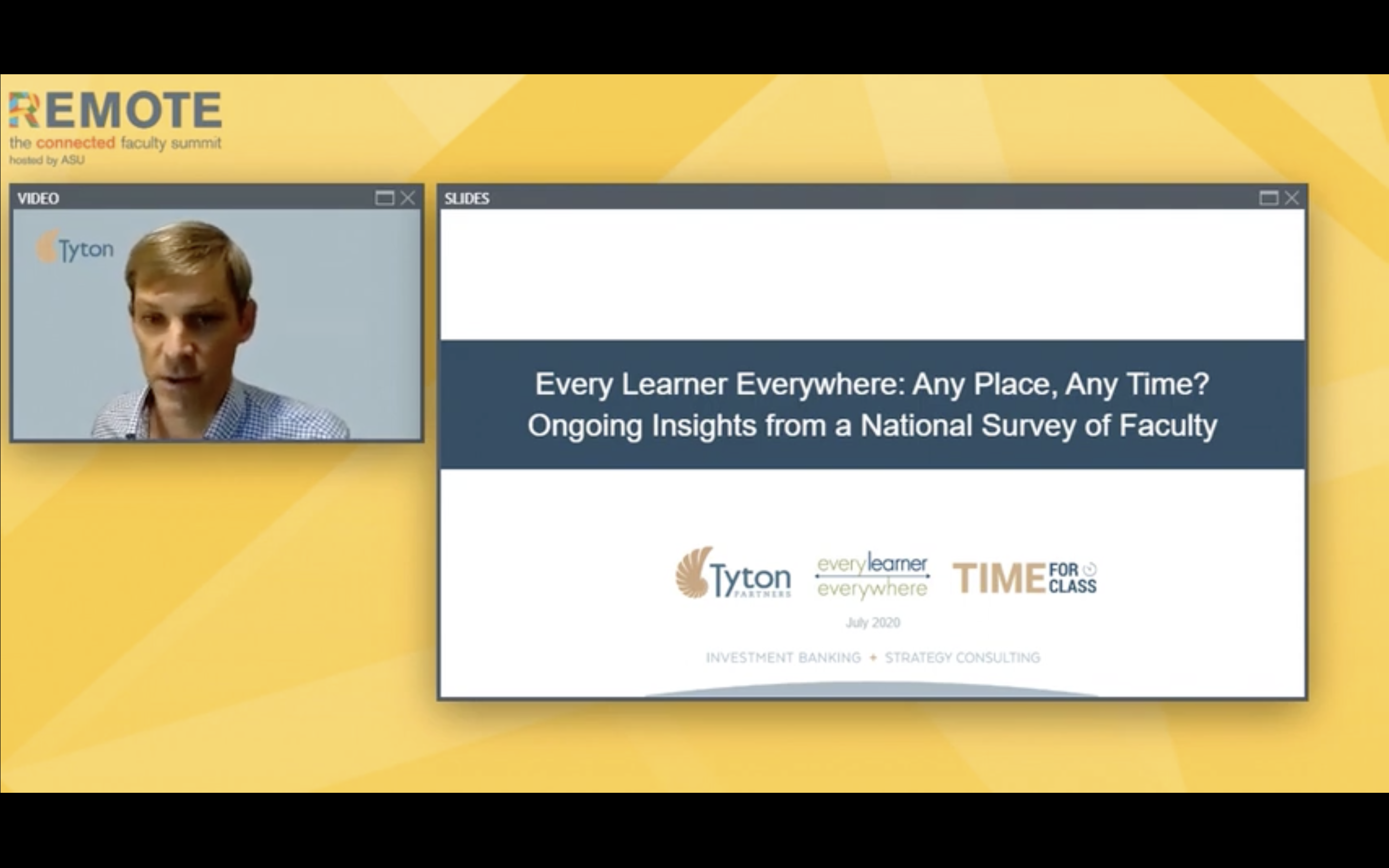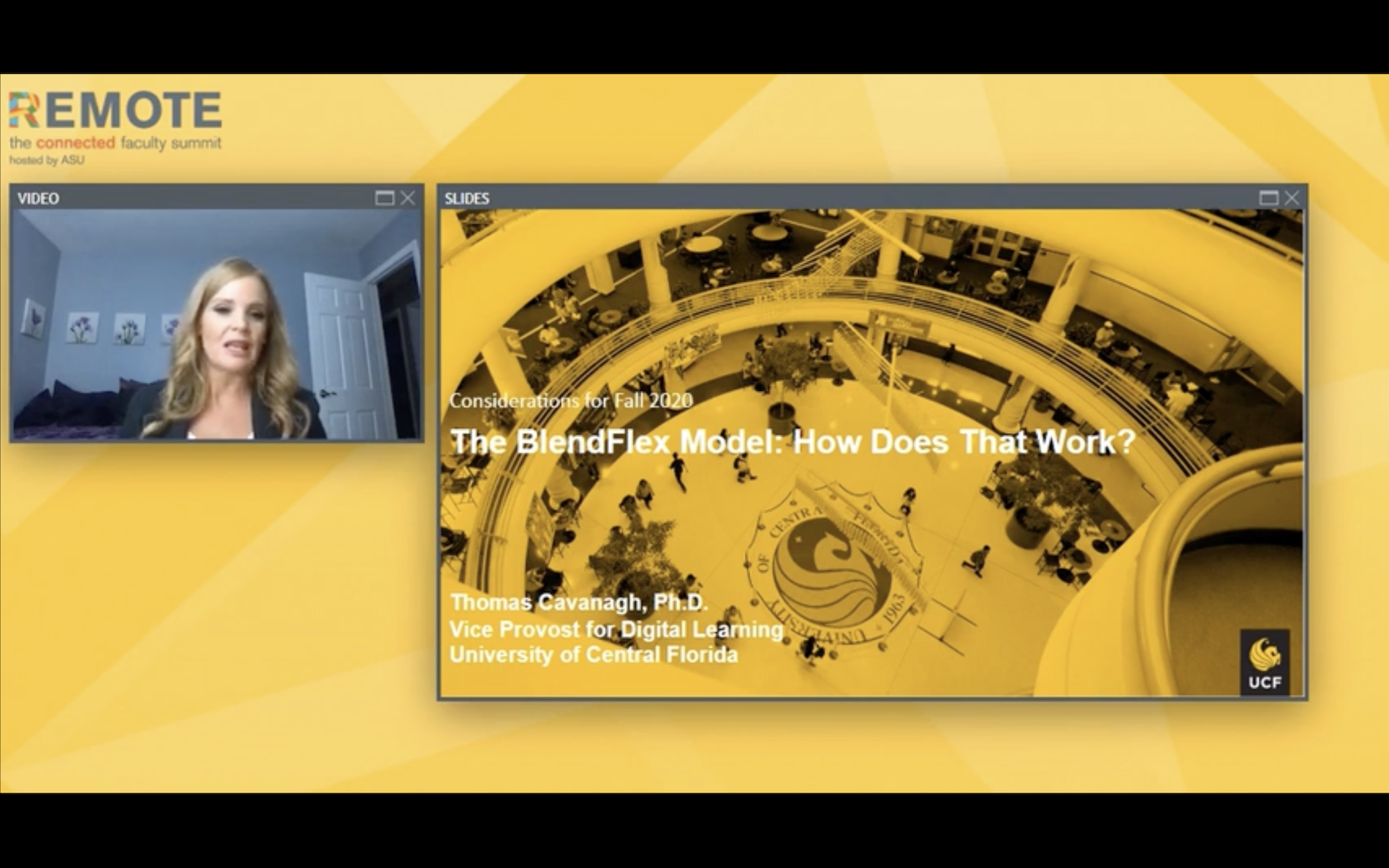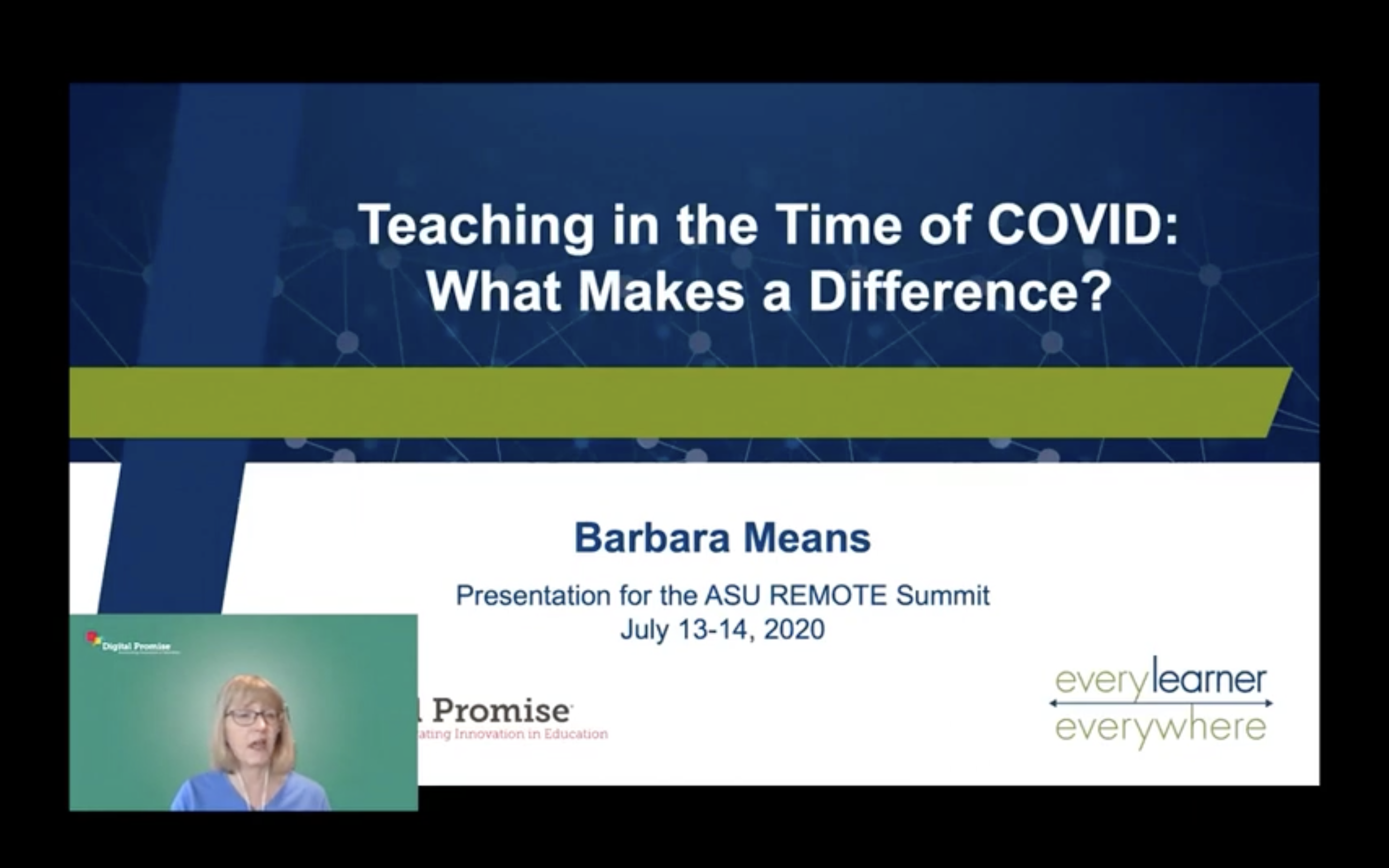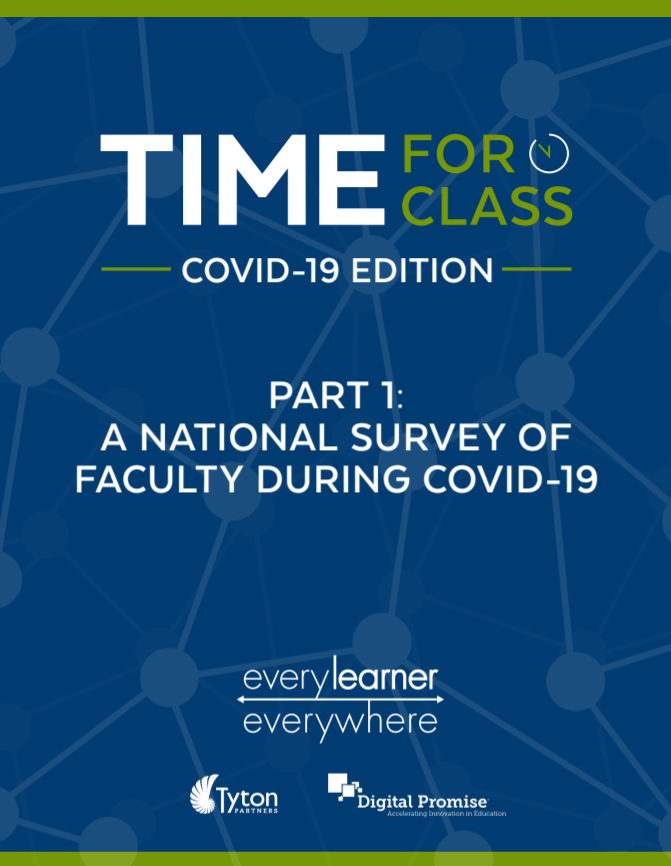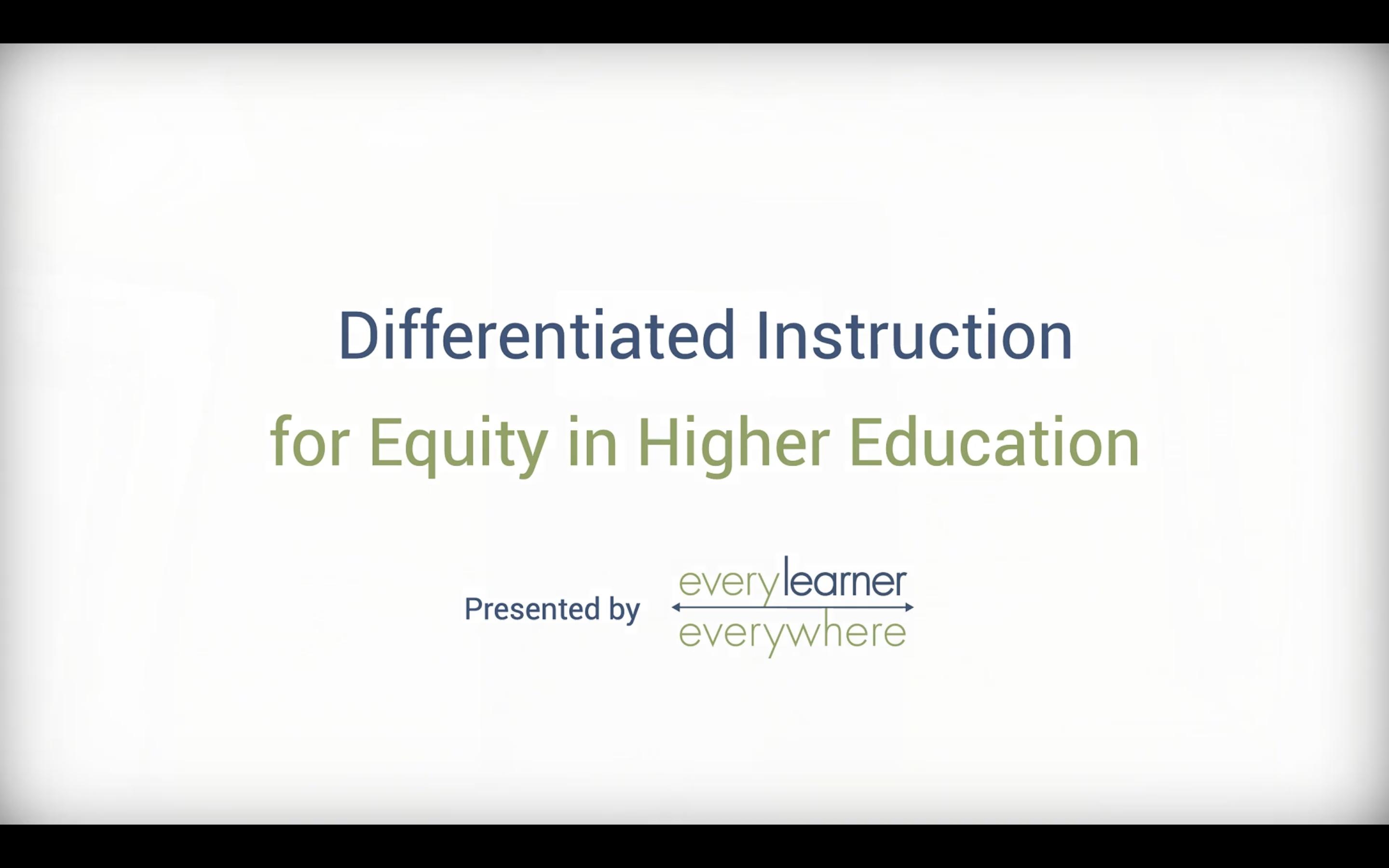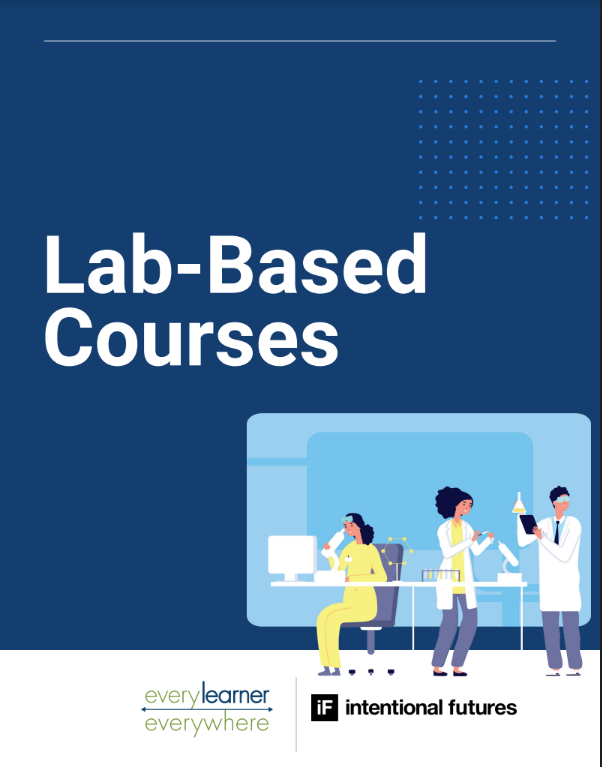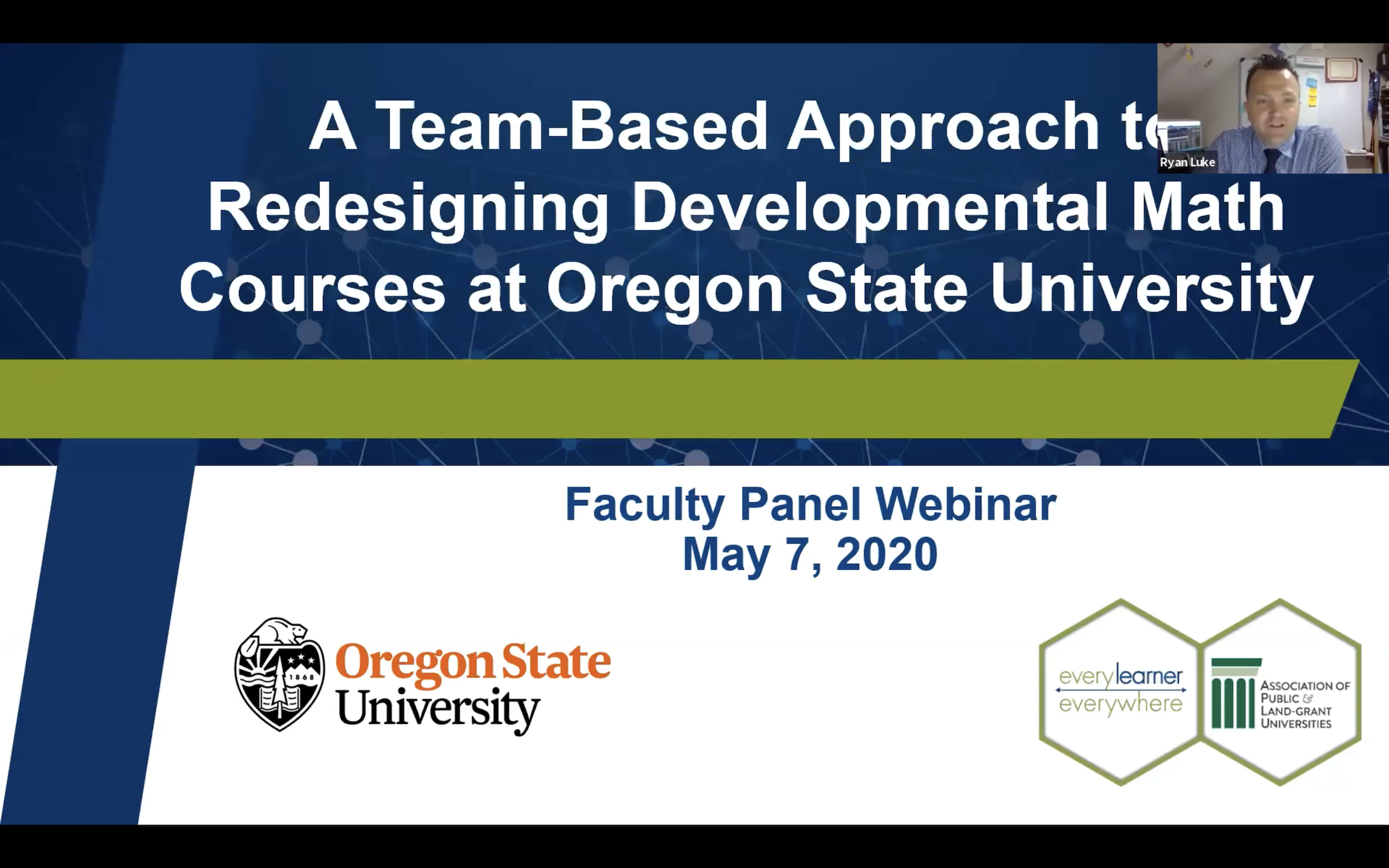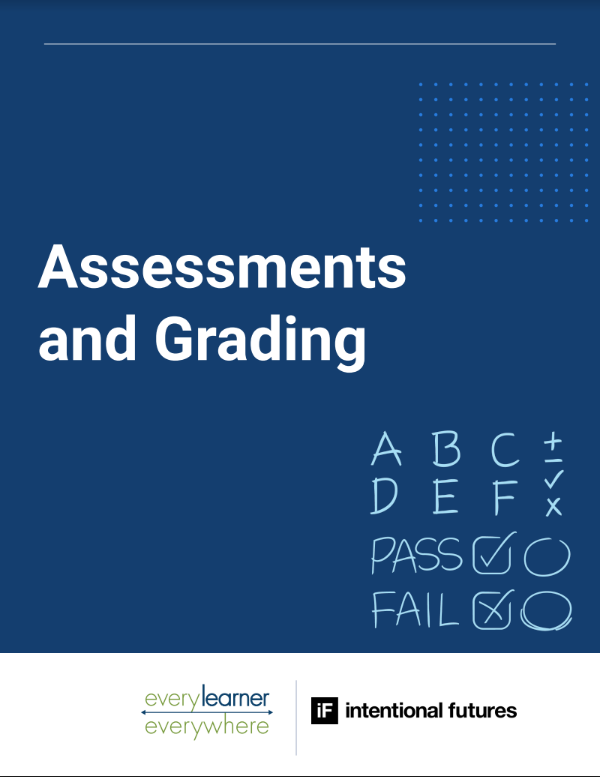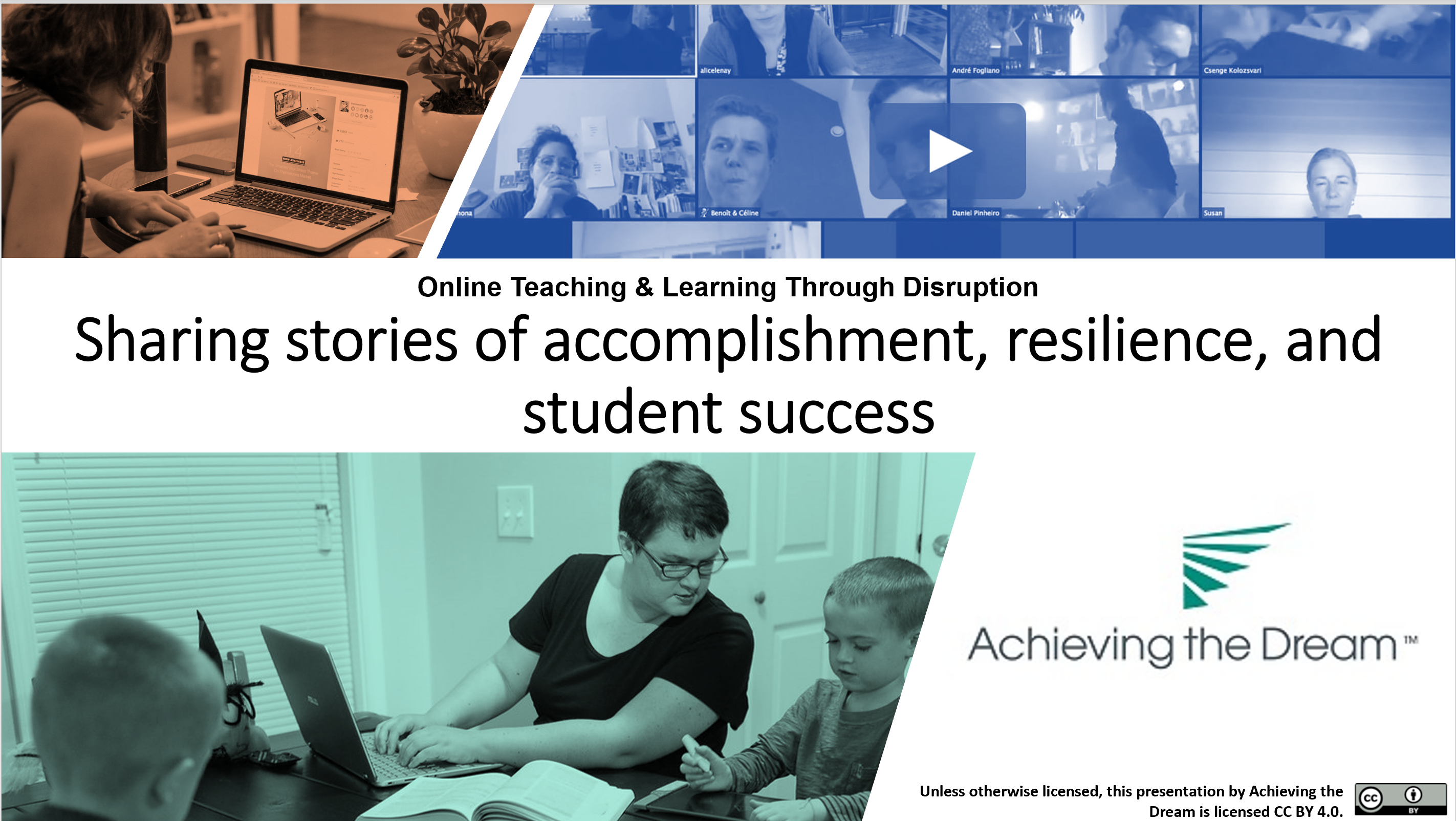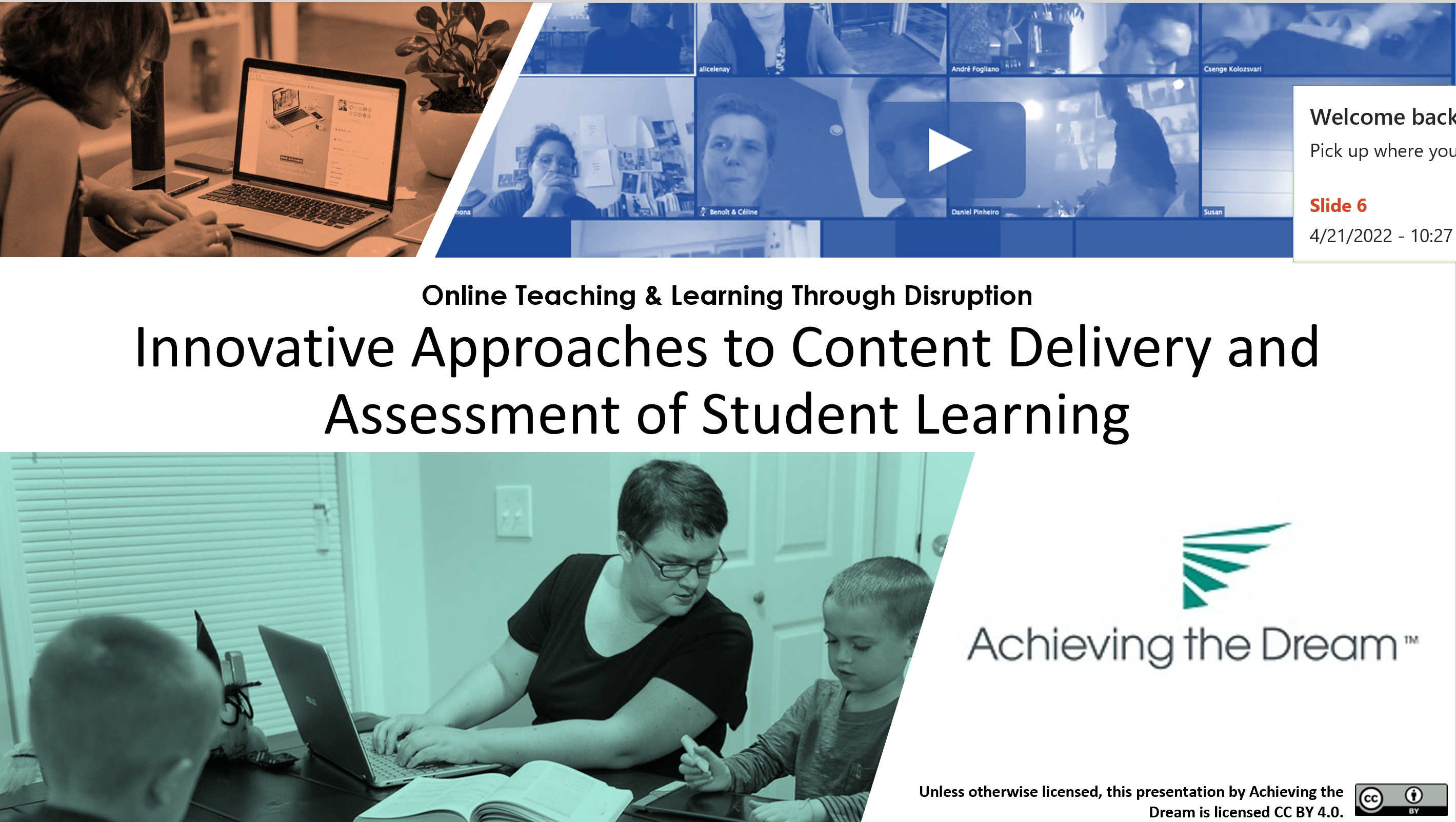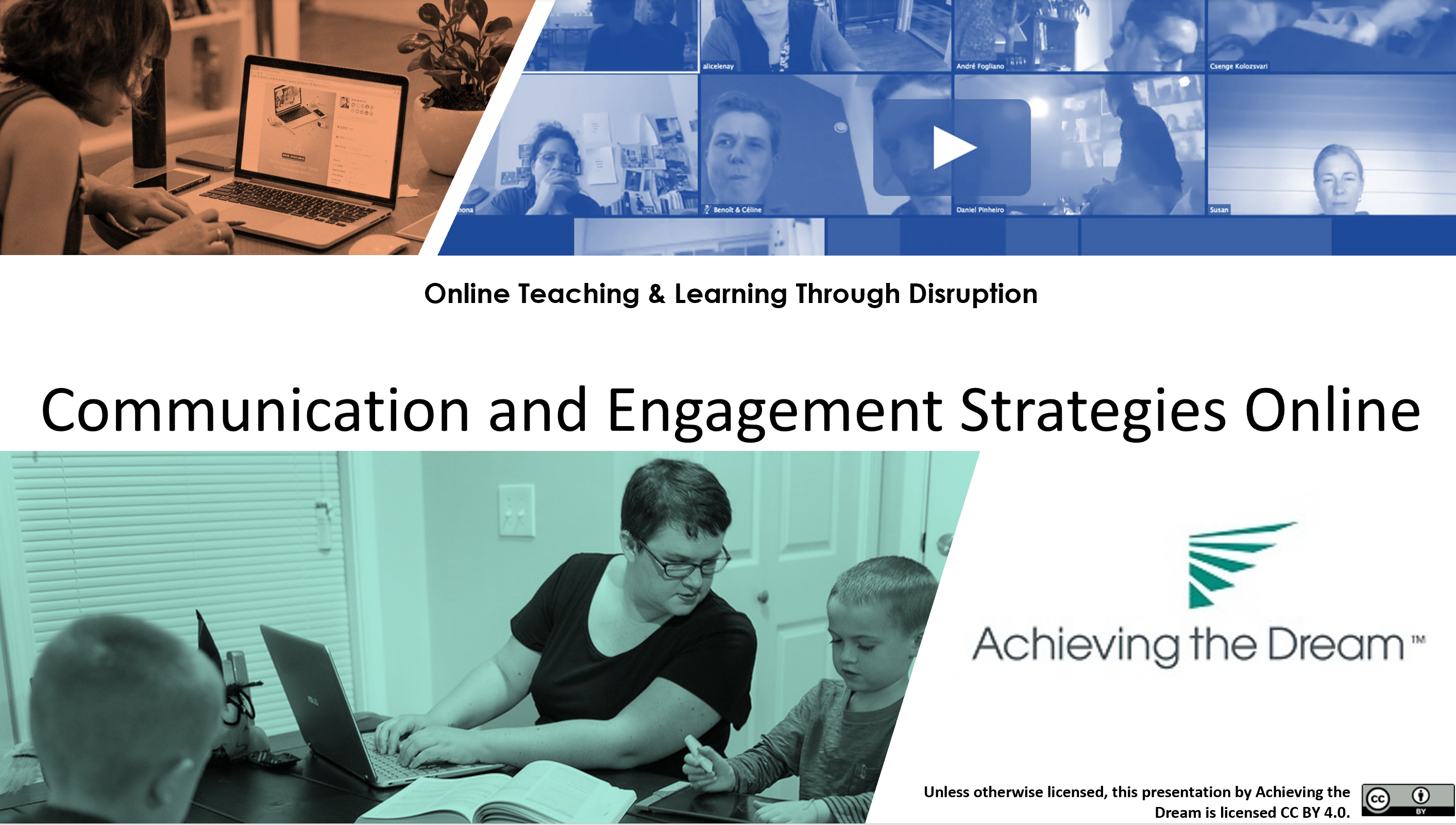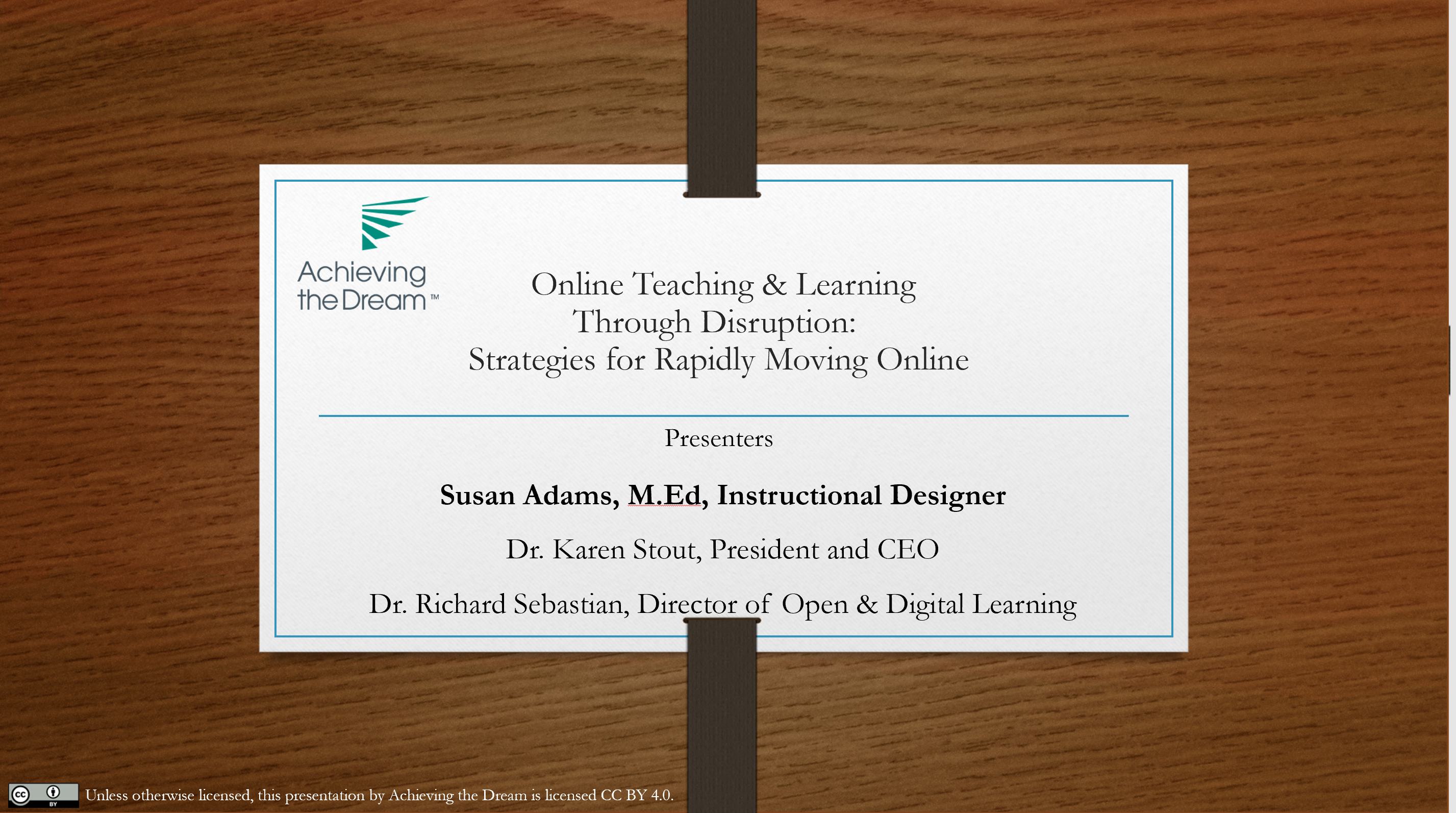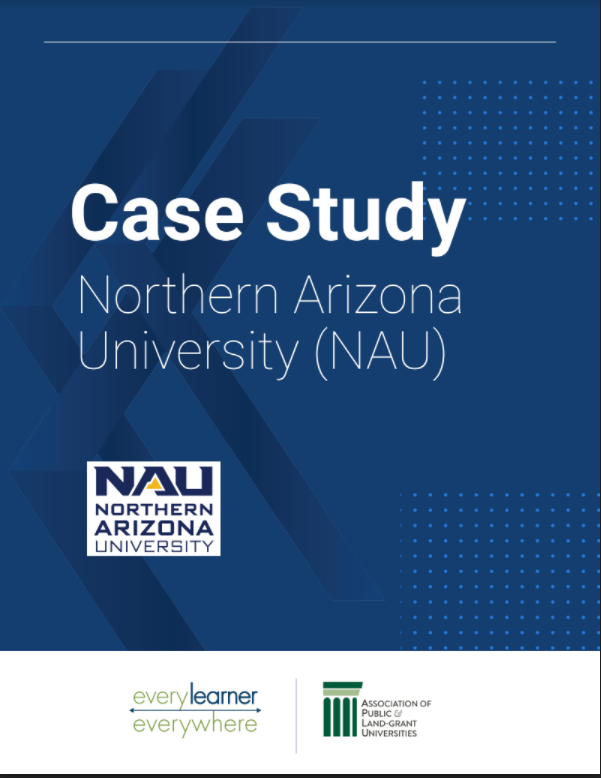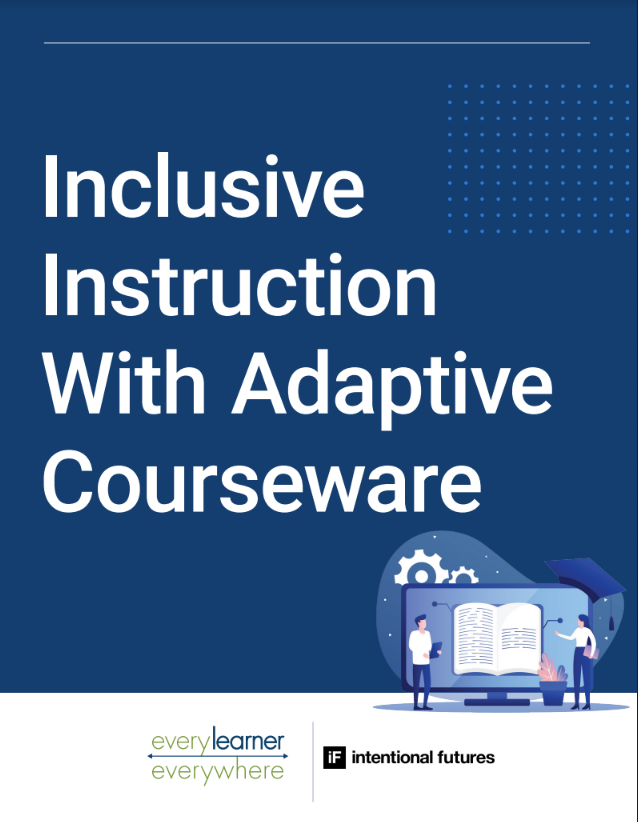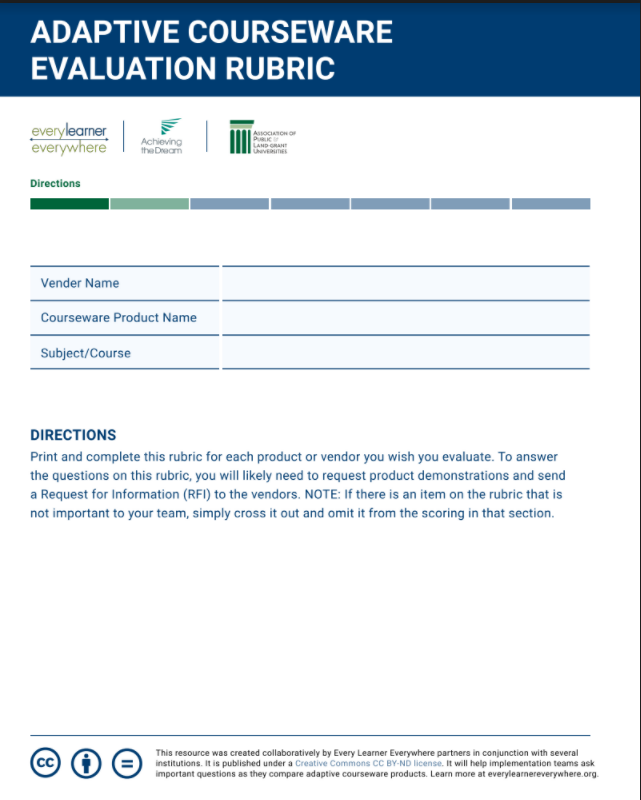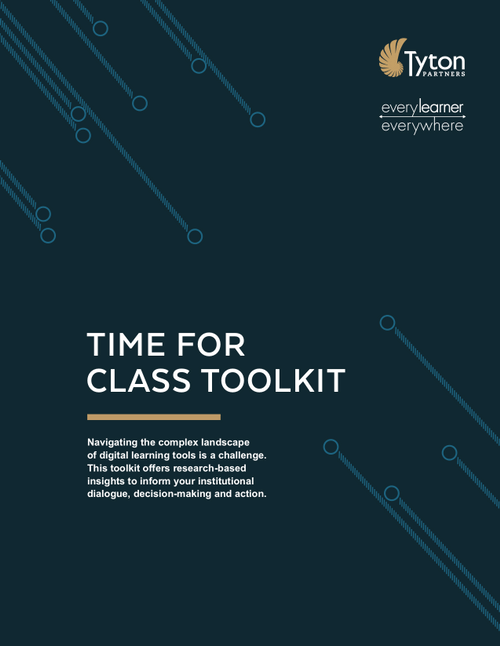Featured Resource
All Resources
Materials are freely available on our website and licensed under a Creative Commons Attribution-No Derivatives 4.0 International License, unless otherwise noted. Accessible versions of publications produced before 2025, are available upon request. Please complete this form and Every Learner staff will be in touch. Response times may vary, especially for longer or more complex documents.
March 2025
As AI becomes increasingly embedded into educational settings and practices, it offers both opportunities and challenges. This comprehensive resource will help navigate both aspects — demonstrating how AI can help overcome technology barriers, including various recommendations for integrating accessible AI across different areas of higher education.
January 2025
This profile examines the culture at Hispanic Serving Institutions as well as opportunities and challenges around digital learning at HSIs. Our research uncovered that students at HSIs valued experiences that celebrate Hispanic and Latino culturas (cultures), nurture bonds among and service to the Hispanic comunidad (community), and demonstrated the institution’s intención (intention) to serve Latino students.
January 2025
This profile examines the culture at TCUs. Tribal leaders, historians, educational researchers, and journalists have noted the unique role of these institutions that center on preservation and revitalization of tribal bonds as well as preservation and revitalization of the knowledge and culture of the first nations.
December 2023
Culturally responsive pedagogy is a framework that is inclusive of culturally responsive and relevant teaching, and culturally affirming and sustaining instructional methodologies that validate and engage students’ cultural identities. These practical instructional strategies and practices guide the implementation of culturally responsive teaching and learning into educational spaces.
December 2023
The Equity-Minded Digital Learning Strategy Guides help faculty intentionally and authentically affirm, uplift, and liberate students. As higher education continues to address eliminating inequitable outcomes in teaching and learning, these guides will help institutions embed equity, culturally responsive teaching, social justice education, and open pedagogy through evidence-based teaching practices.
December 2023
Being able to choose course design, content, assignments, assessments, and instructional approaches based on the context of the learners and the current events of the times allows students to relate all areas of the course to their lives and equitizes their experiences and outcomes. This guide is designed to support faculty with operationalizing open pedagogy through a culturally responsive lens.
December 2023
Advancing social justice in education requires establishing educational spaces that foster students’ critical consciousness and ability to analyze systems, policies, and practices that lead to inequitable and unjust experiences and outcomes. A social justice approach to education involves two strategies that will be featured in this guide: anti-racist teaching and abolitionist teaching.
December 2023
This paper describes the outcomes of a Digital Learning Equity Analysis project undertaken by two award-winning educators, Sarah Straub and Rachel Jumper, who sought to implement suggestions from the microcredential training hosted by Every Learner Everywhere®. This training focused on promoting equity in digital learning and provided a structured protocol for conducting reviews of online courses.
September 2023
Tyton partners’ Listening to Learners 2023 reveals that while 70% of students value representative diversity among advisors, only 30% of institutions report scaled implementation of this hr practice. Cutting-edge research identifies strategies to enhance student outcomes and create a sense of belonging in higher education.
June 2023
This 2023 study – the largest and longest running study monitoring digital learning in higher education – aims to identify the differences between student and institutional stakeholder experiences and preferences to suggest ways institutions and solution providers can address these differences.
July 2022
Time for Class 2022 examines how faculty and institutional leaders are using instructional materials to implement teaching practices that can improve student learning and outcomes, especially for students historically underserved by higher education. This report reviews how digital learning in high-enrollment introductory courses can enable instructors to incorporate evidence-based teaching practices and work to close equity gaps in courses.
June 2022
Colleges and universities can help alleviate the burden students face every day, including restructuring mental health support on campus, providing options for digital learning, encouraging teachers to apply trauma-informed teaching practices, and connecting students with the resources they need to thrive.
April 2022
The equity review tool is designed for educators striving to create more validating and affirming learning experiences and environments for students. Using this tool, educators will be able to develop and evaluate their resources and the language they use to ensure they are asset-based and supportive of a more equitable teaching and learning process.
January 2022
This report focuses on building the core infrastructure needed for high-quality digital learning and is designed primarily for a mid- to senior-level academic administrators including department chairs, leaders of centers of teaching and learning, technology leaders, and academic leadership.
October 2021
The study suggests that adaptive learning technology helped students who need support with prerequisite concepts, provided tools to help guide students through complex, multistep processes, gave faculty insights into concepts students were struggling with, and reduced the cost of course materials.
August 2021
Lessons Learned is made up of over 30 recommendations for improving practices in higher education. It asks where unexpected benefits showed themselves among the forced necessity of emergency remote teaching, and it encourages faculty, administrators, and academic and student support colleagues to continue collaborating to remove barriers, improve access, and update methods and tools.
July 2021
Faculty share experiences of developing and implementing active, interactive, and adaptive introductory physics courses. The design allows students to work at their own pace, choosing support items presented to them via the adaptive feature of the course, and explore concepts through simulations with activities.
March 2021
In this session we address key learnings about instructional practices and student learning outcomes, usage of digital tools and impact on faculty time, and share key challenges we must continue to confront as well as the strategies faculty and institutions are deploying to better ensure that Every Learner Everywhere® is able to learn.
December 2020
A virtual educator professional development session led by Cherise McBride with reflection on the urgency of humanization in online learning environments and examples from practice.
December 2020
A brief exploration on how faculty can position cultural knowledge and centering identity as a cognitive tool.
August 2020
For all students to have an equal opportunity to succeed, instructors must personalize learning rather than teach to a fictional average student. Learning analytics has the potential to assist instructors …

